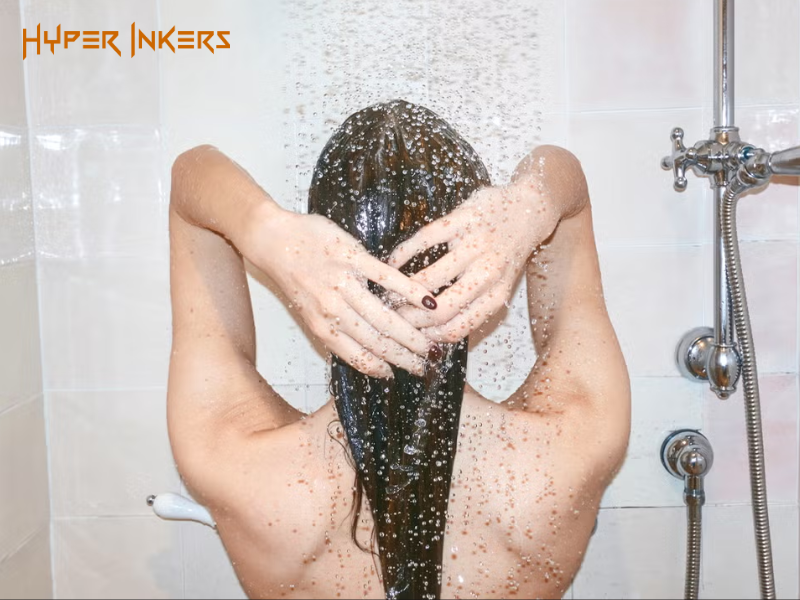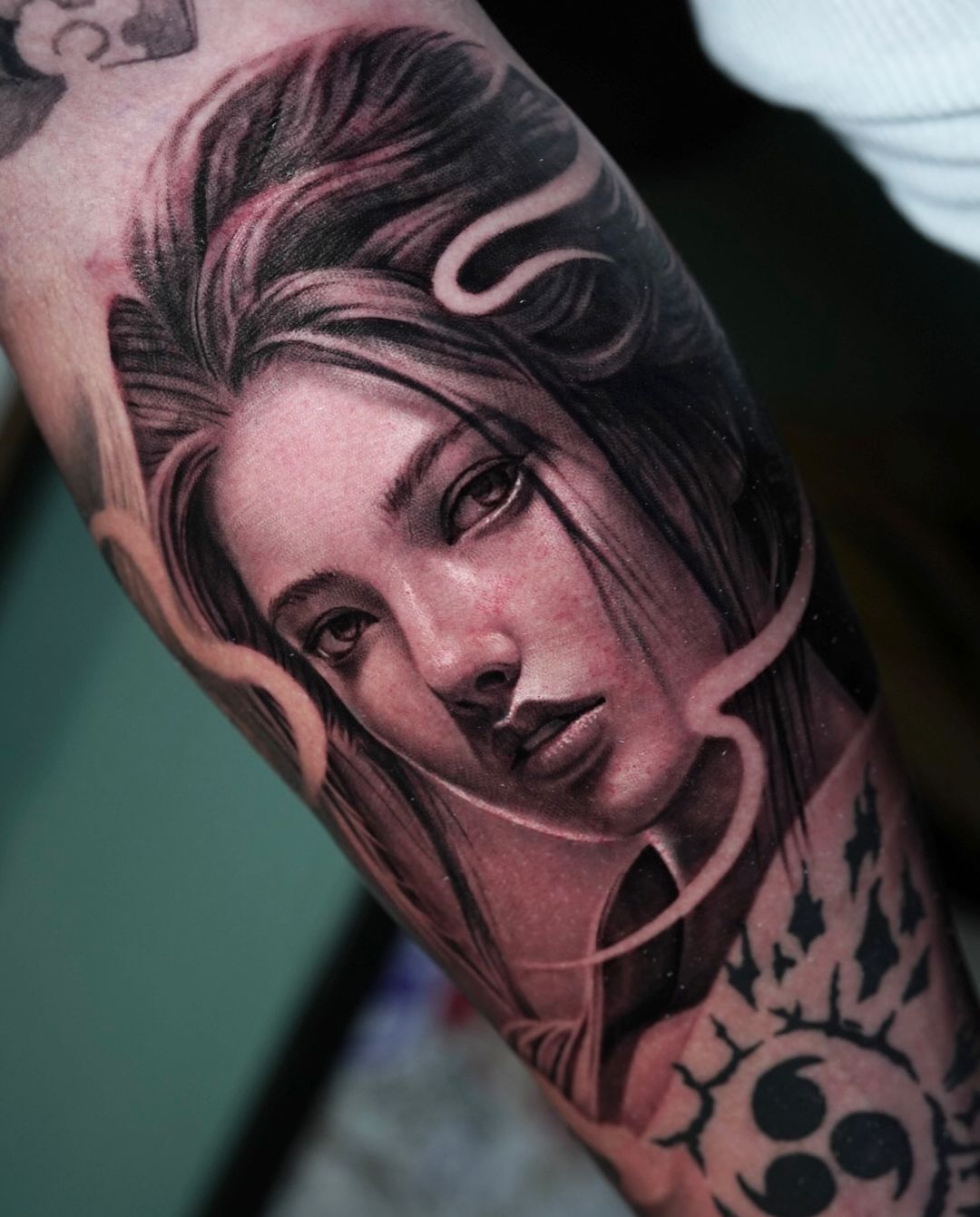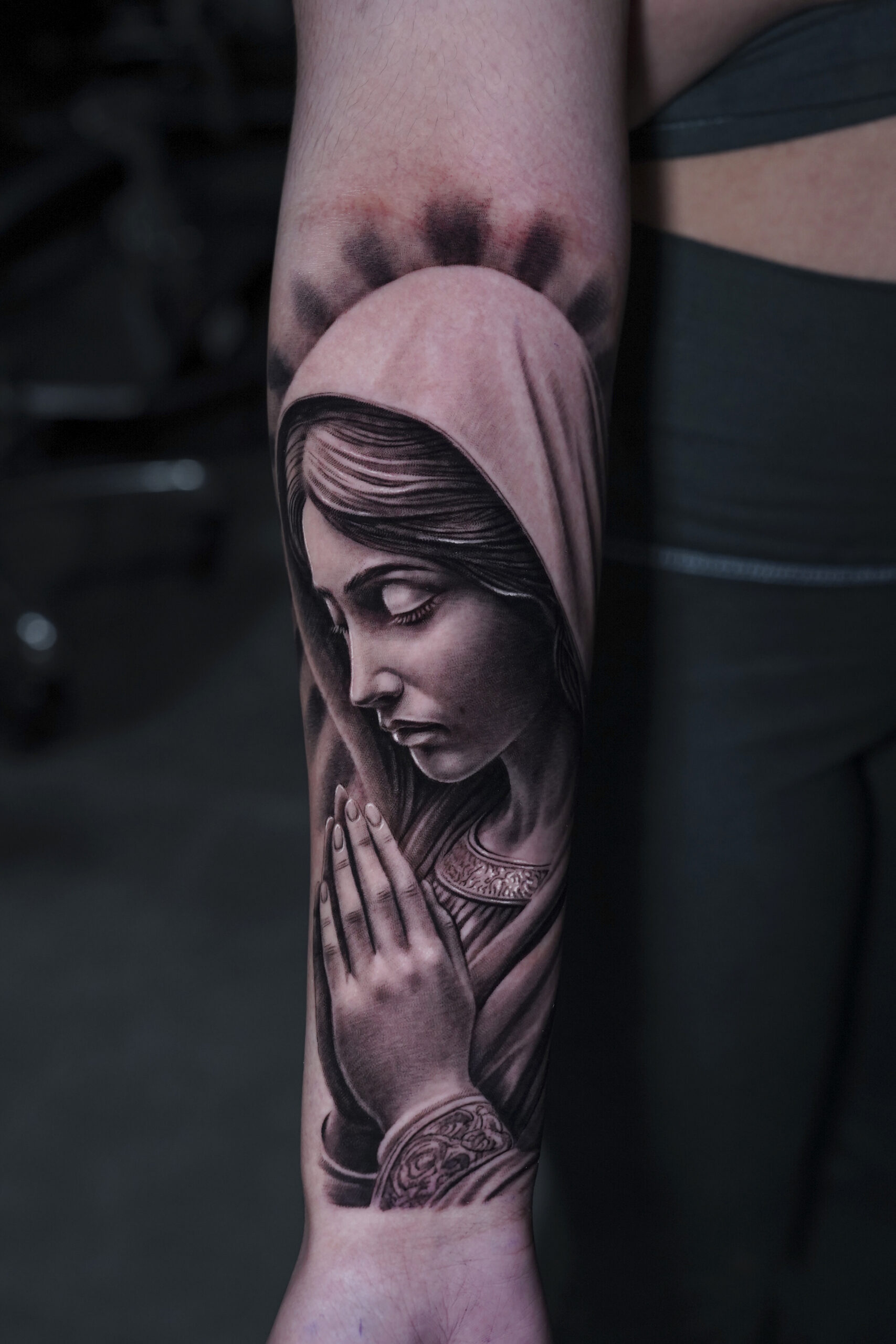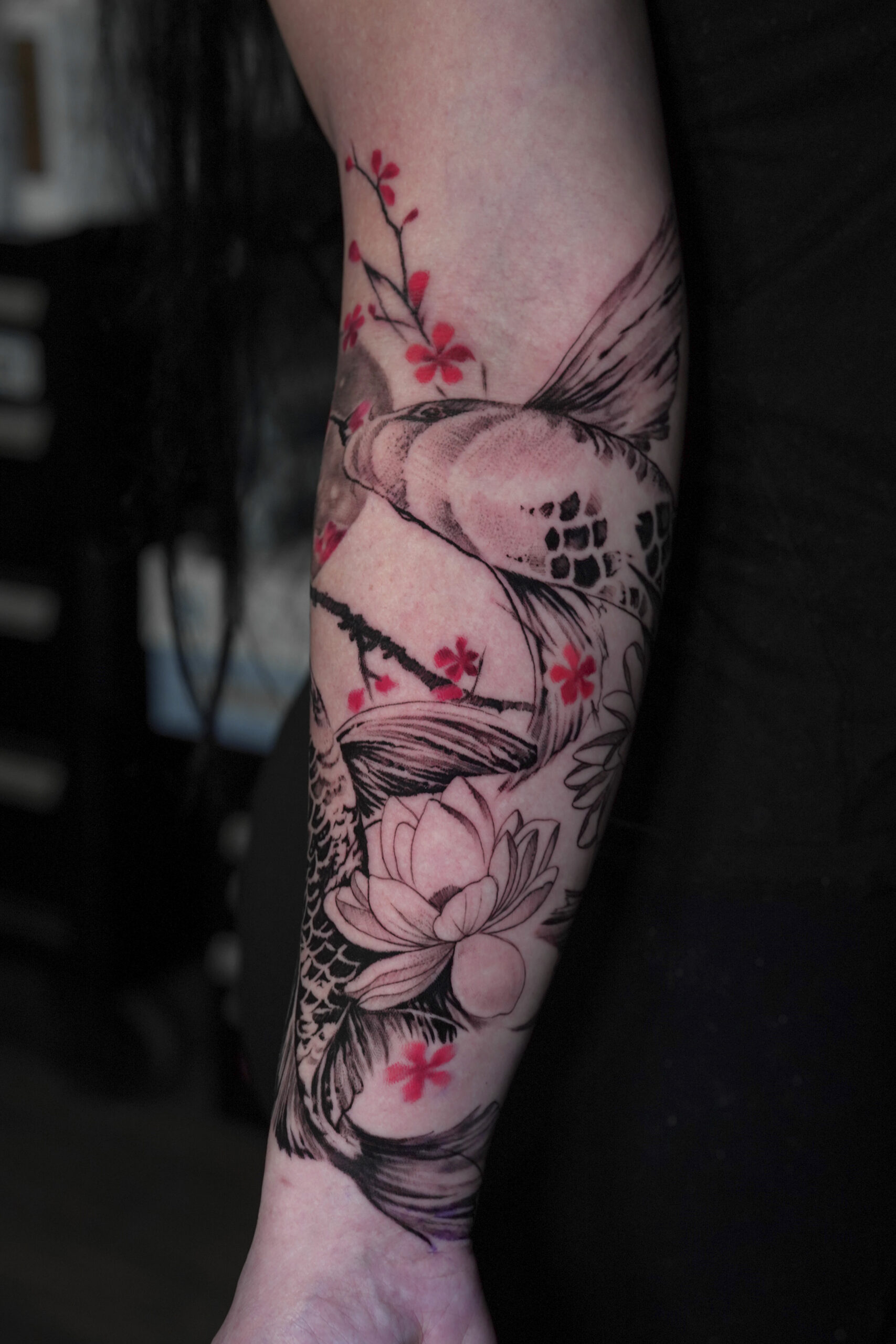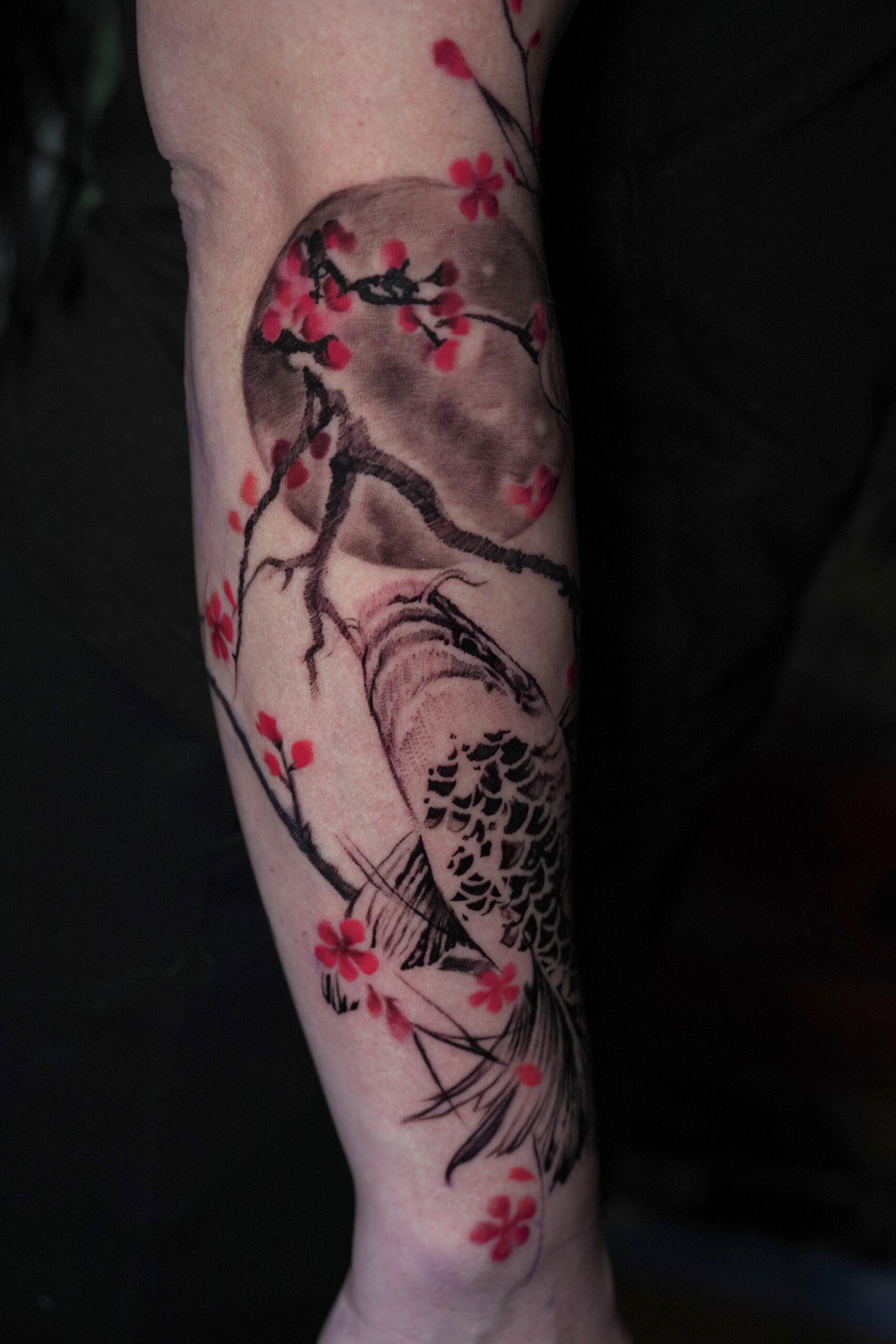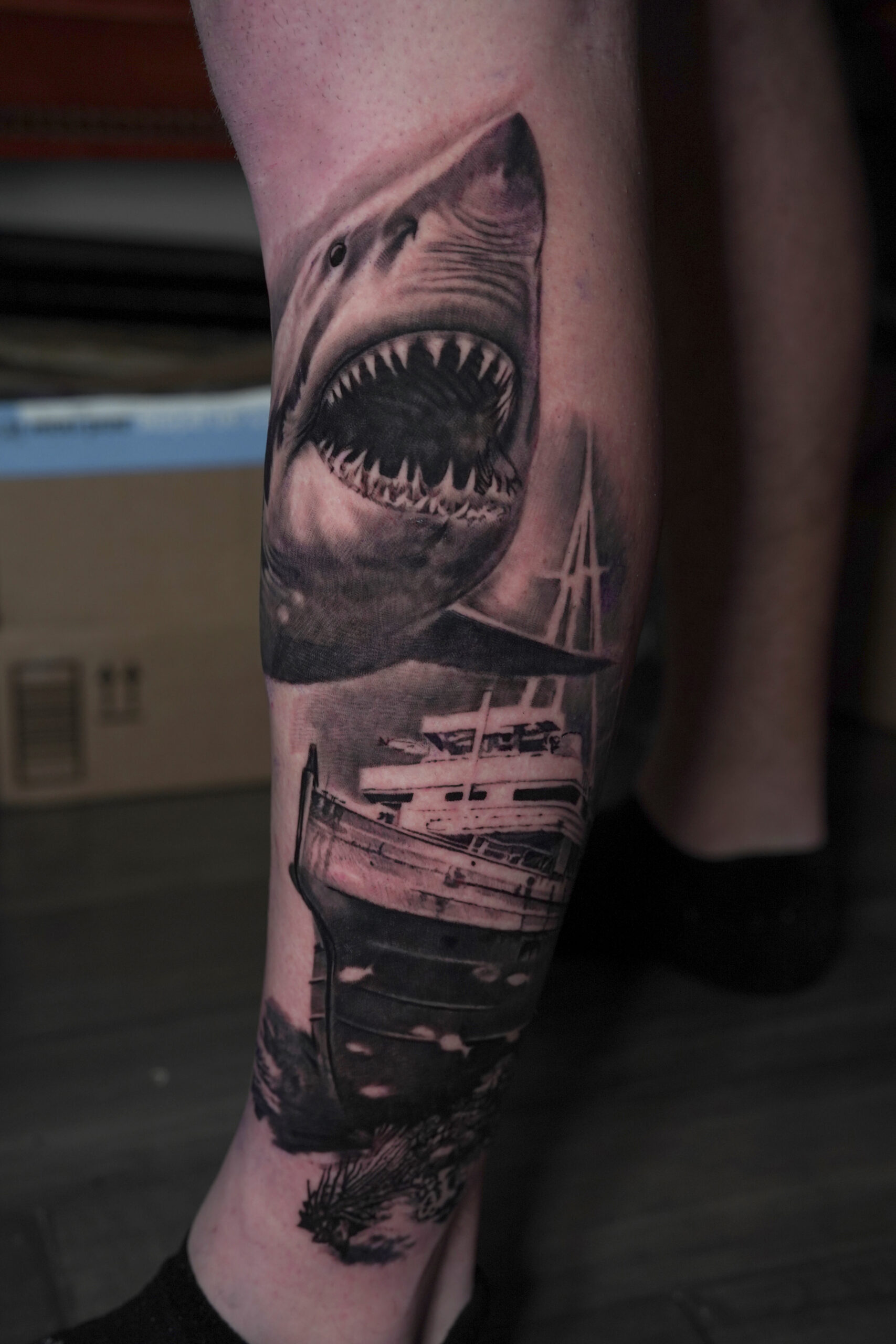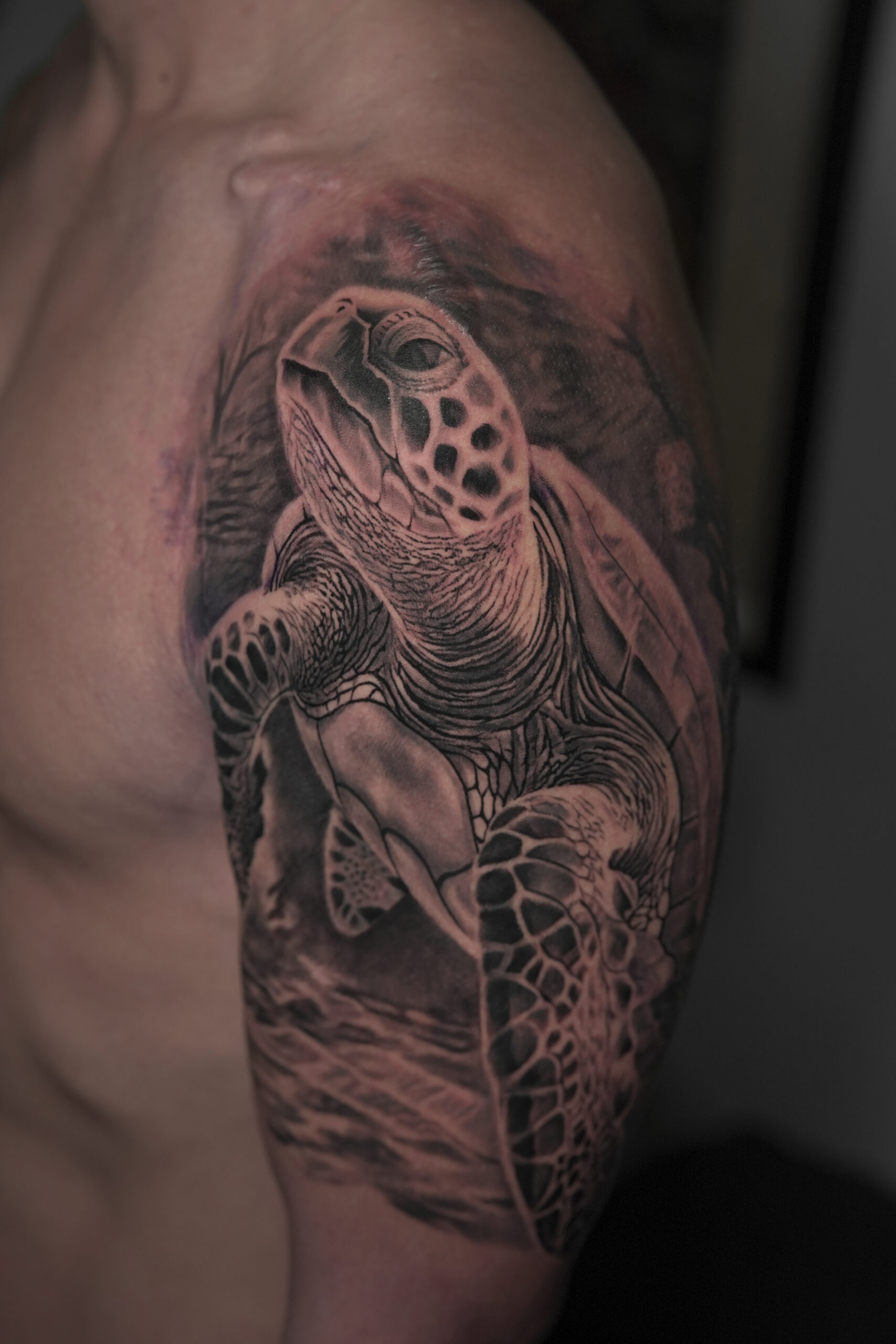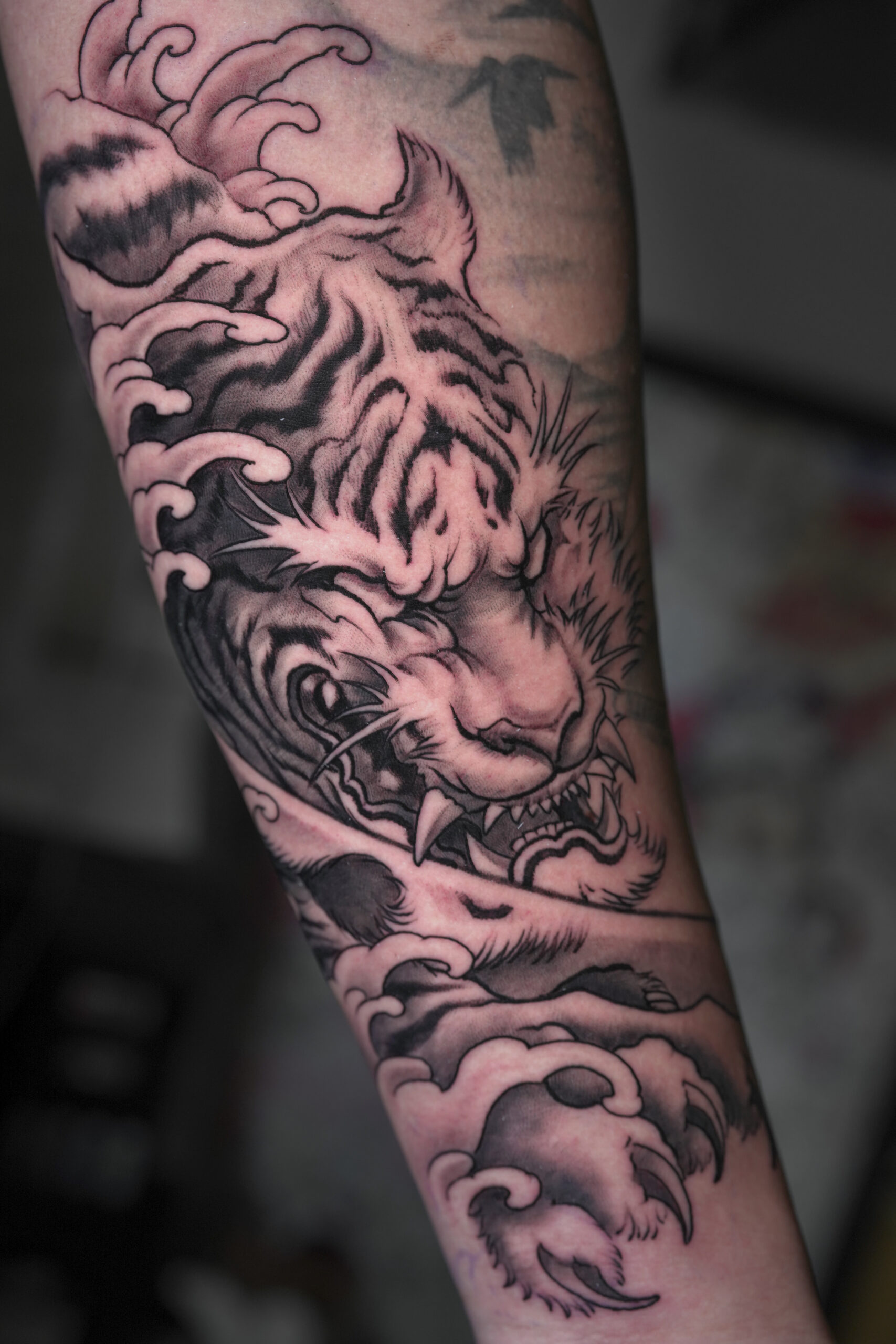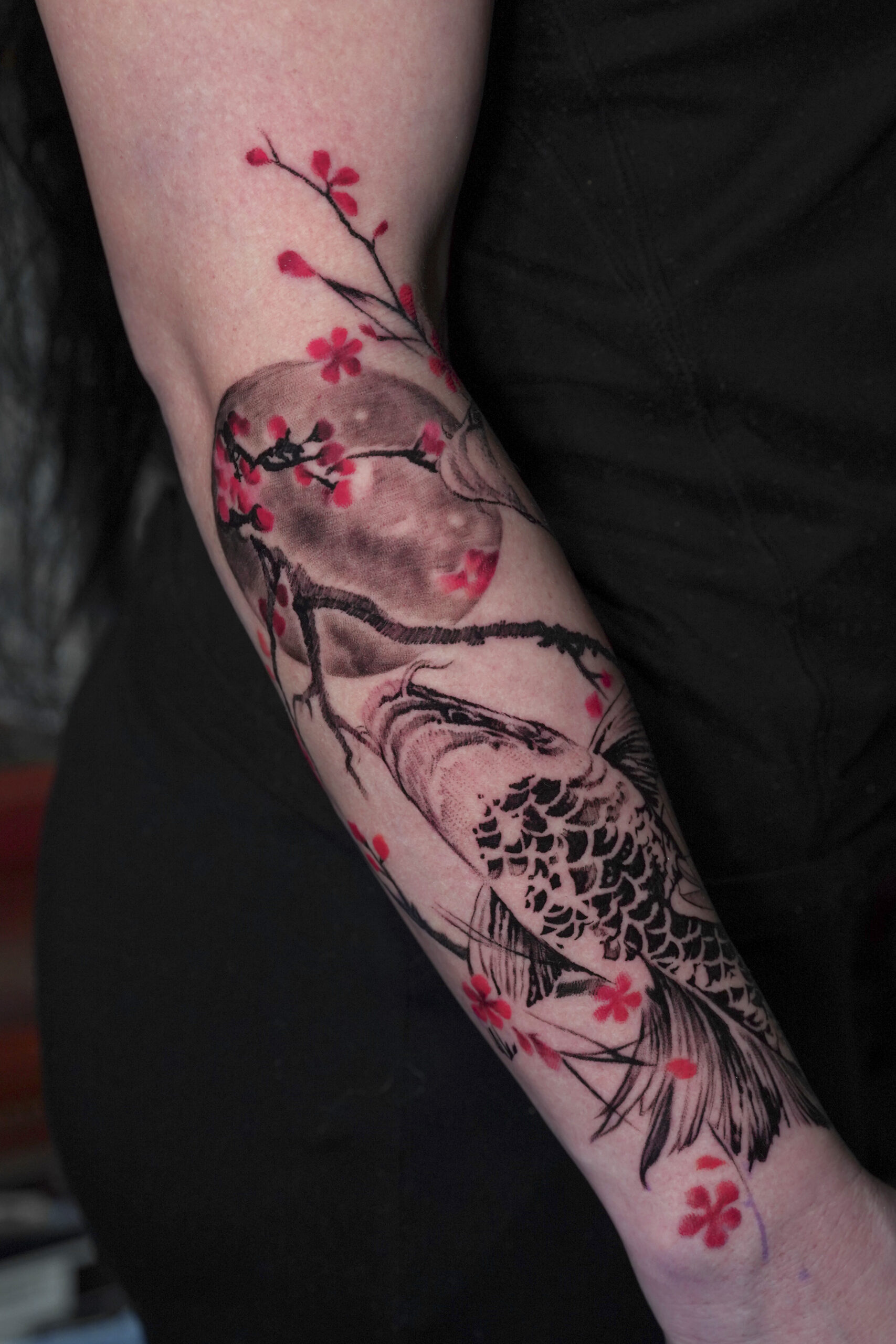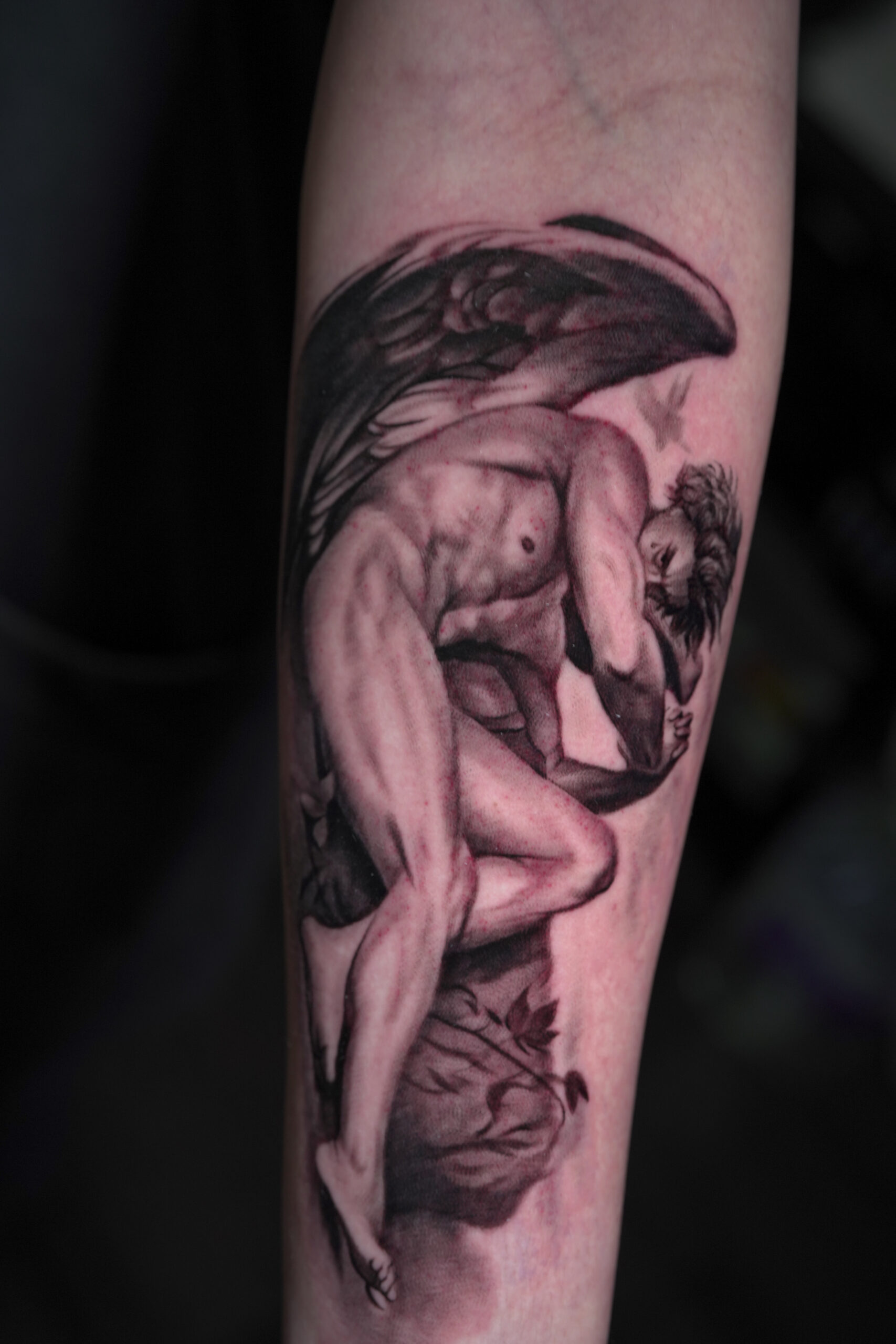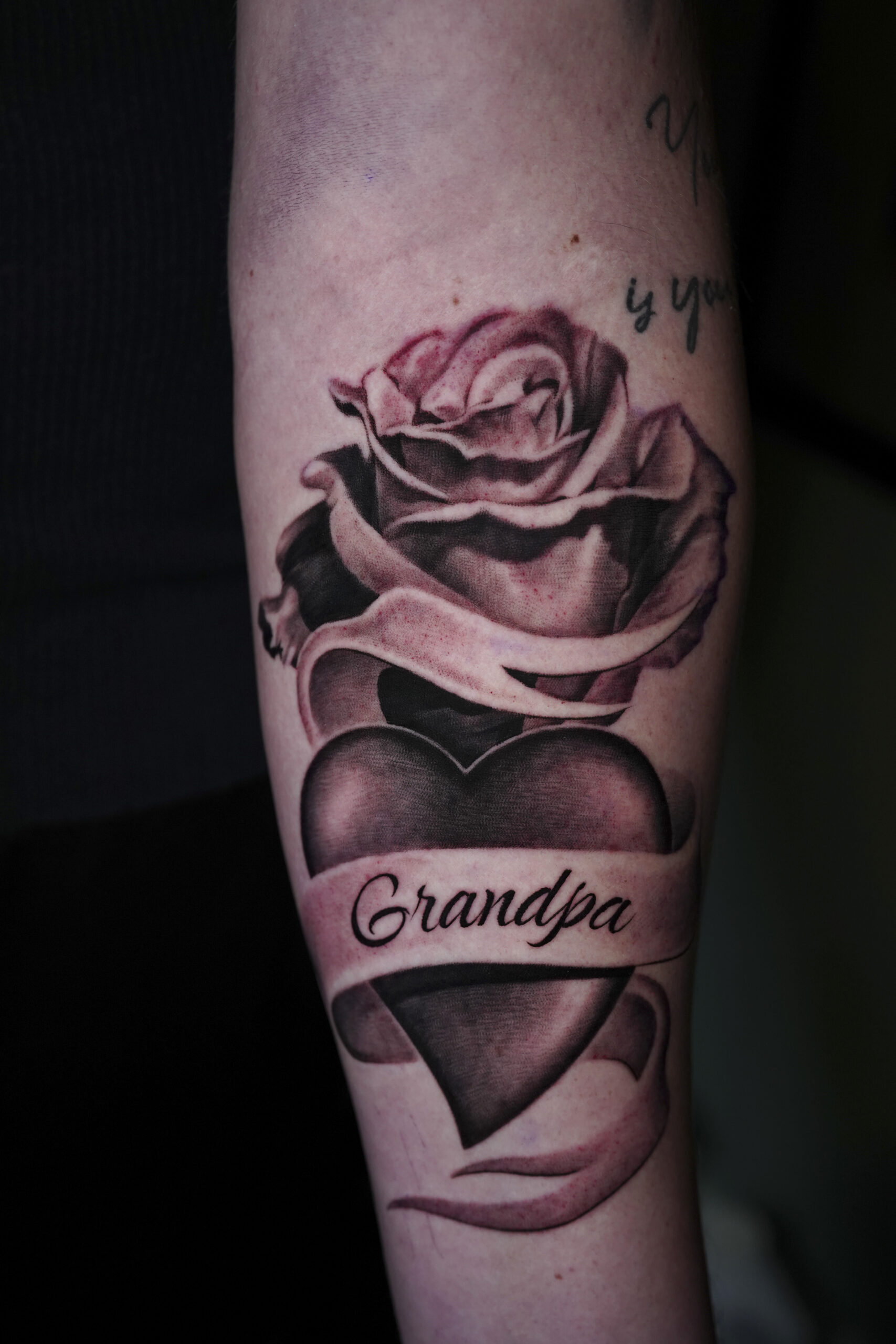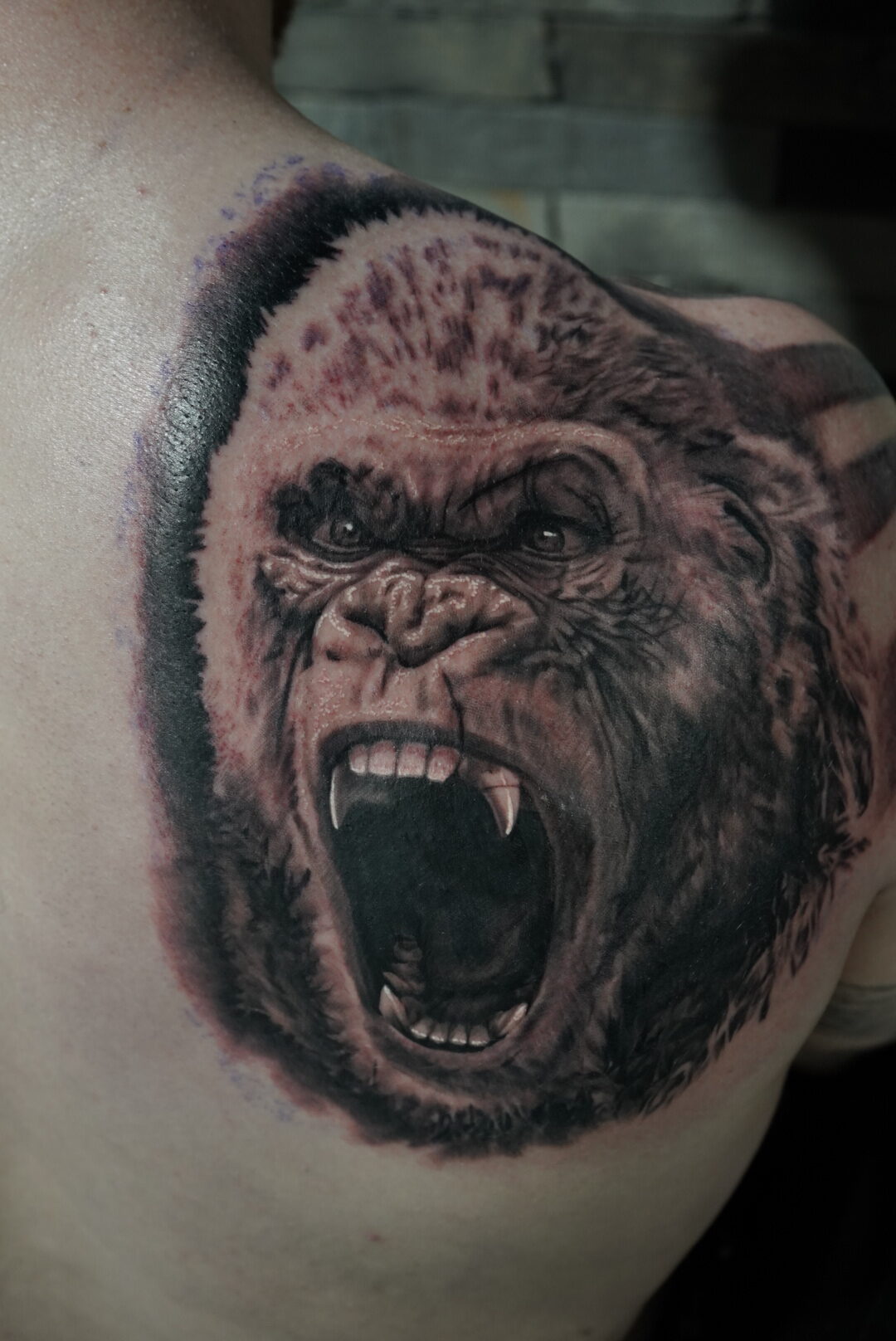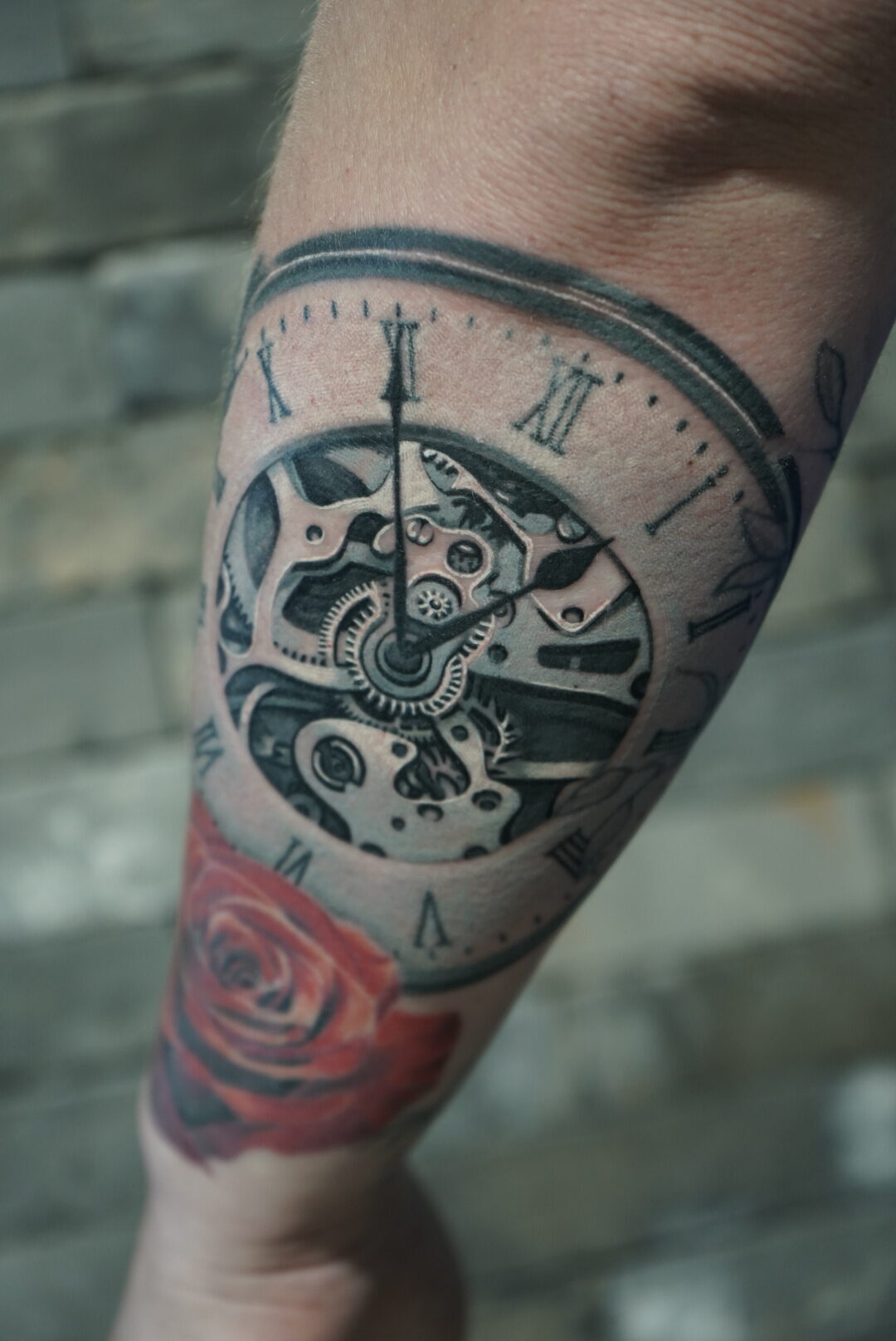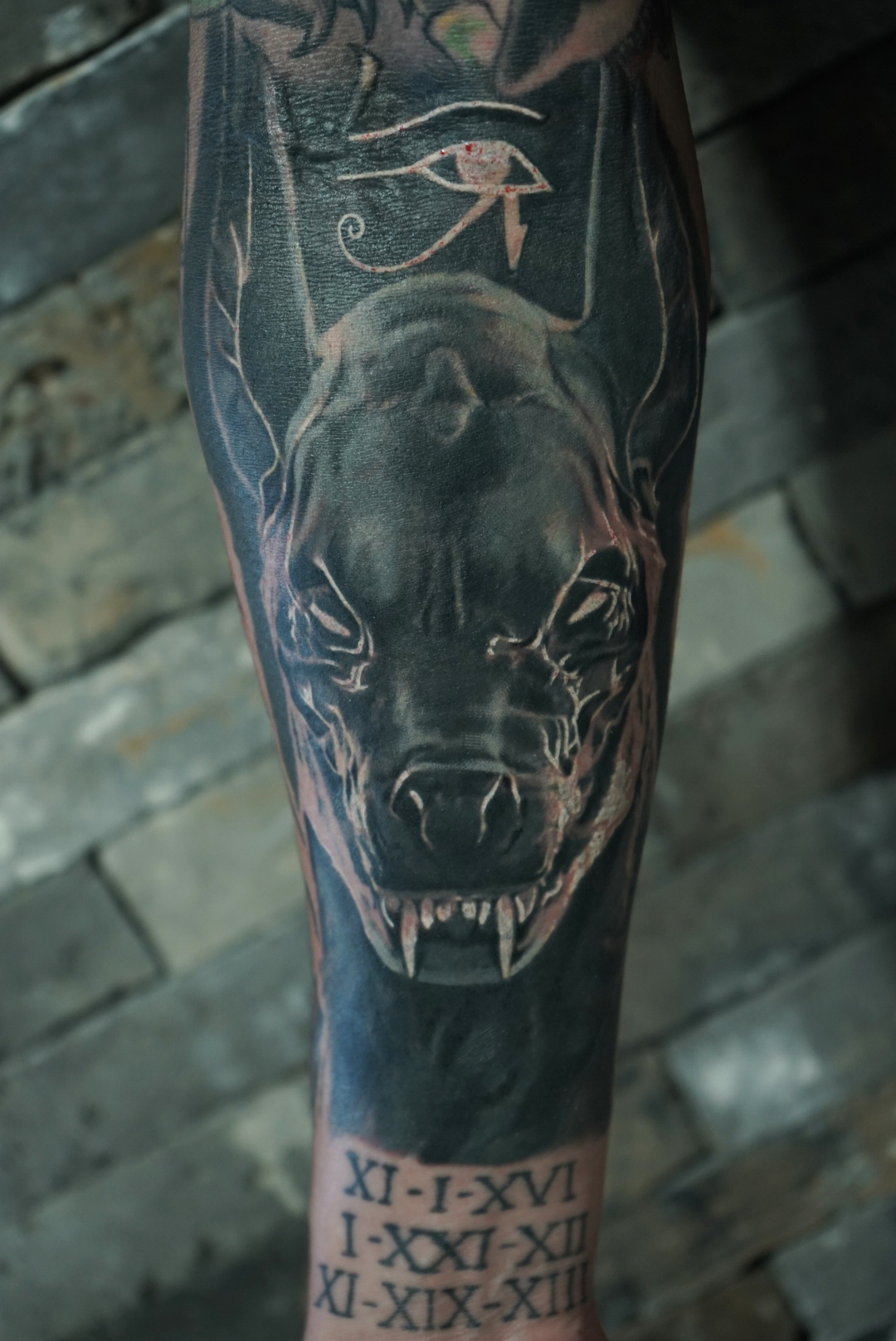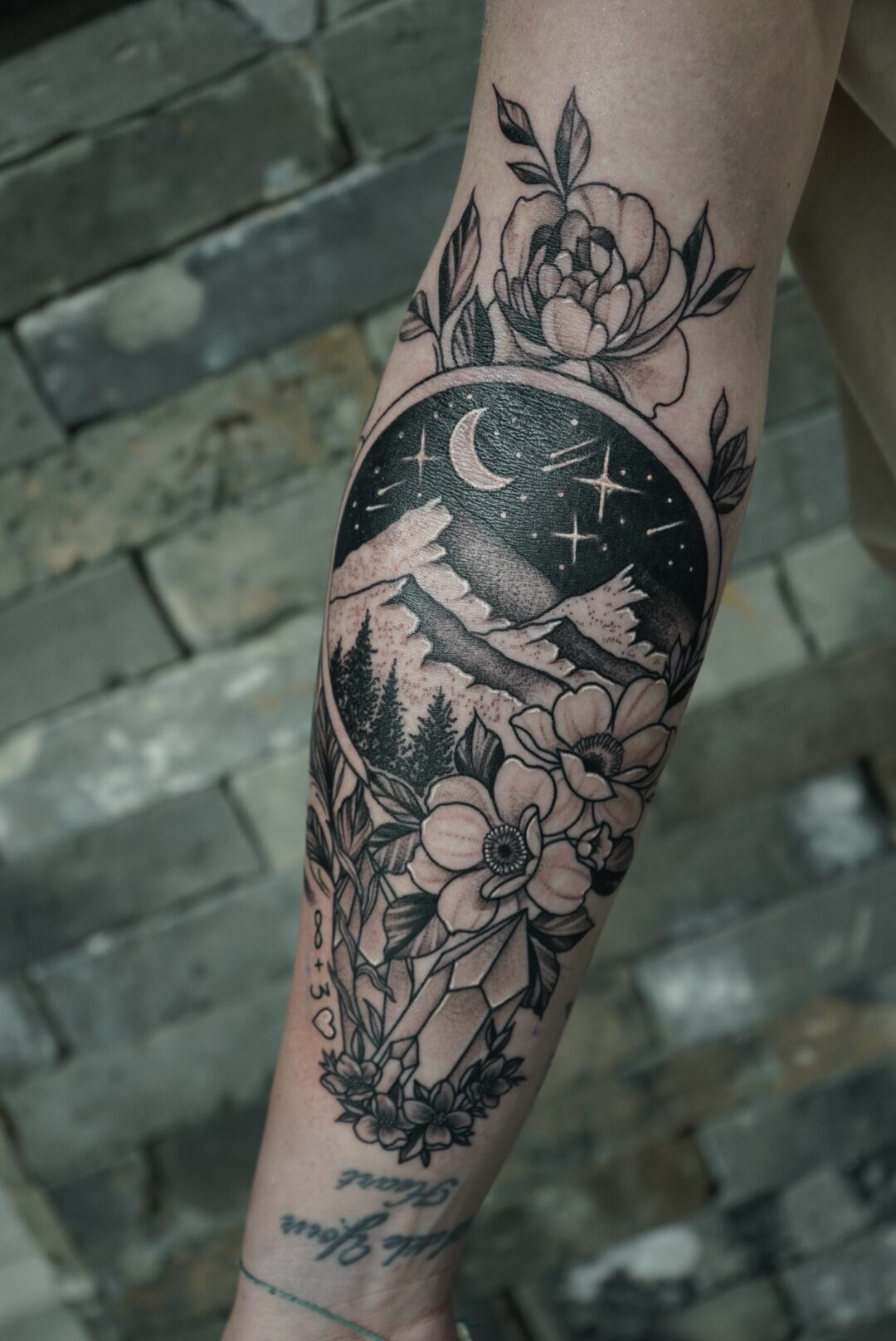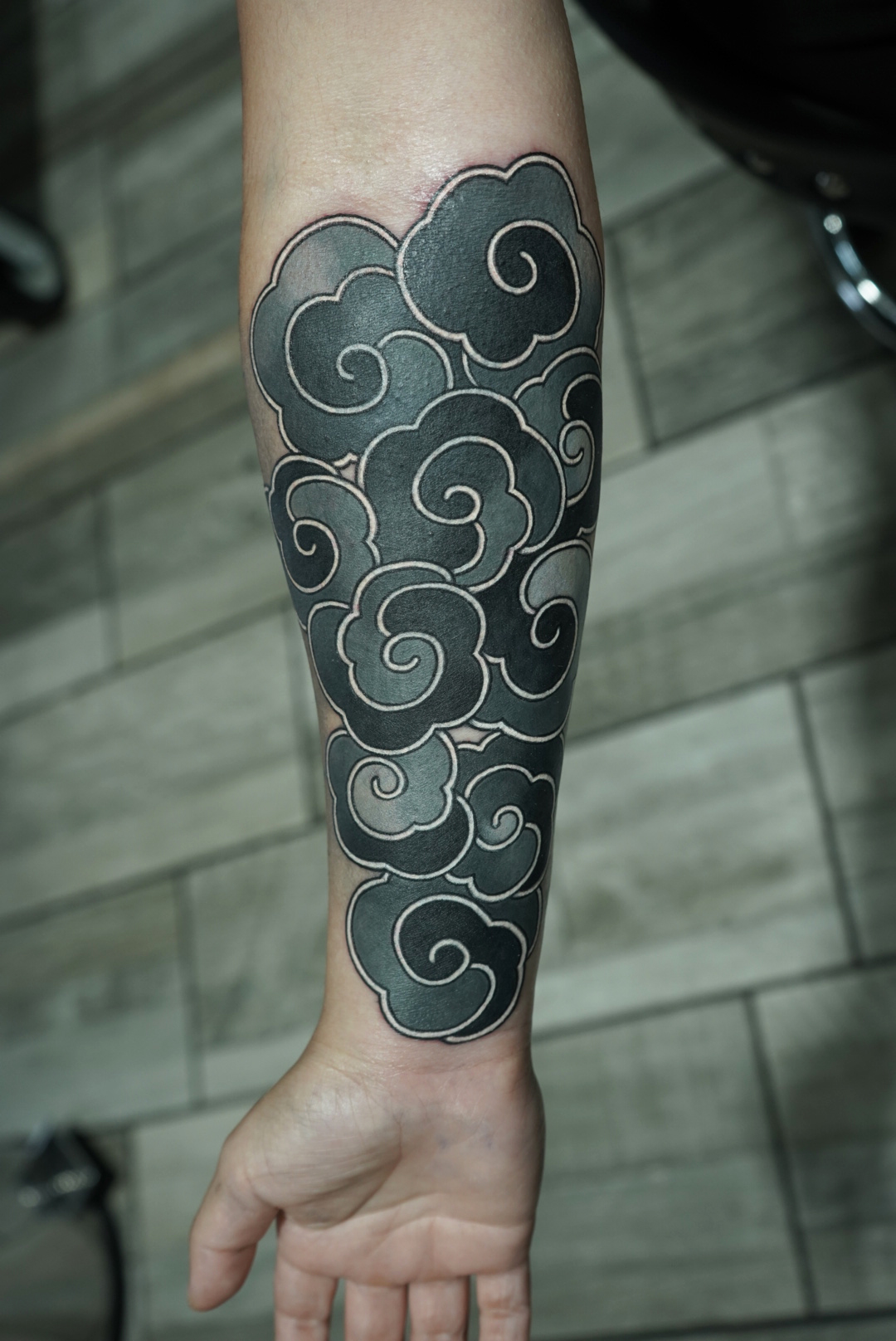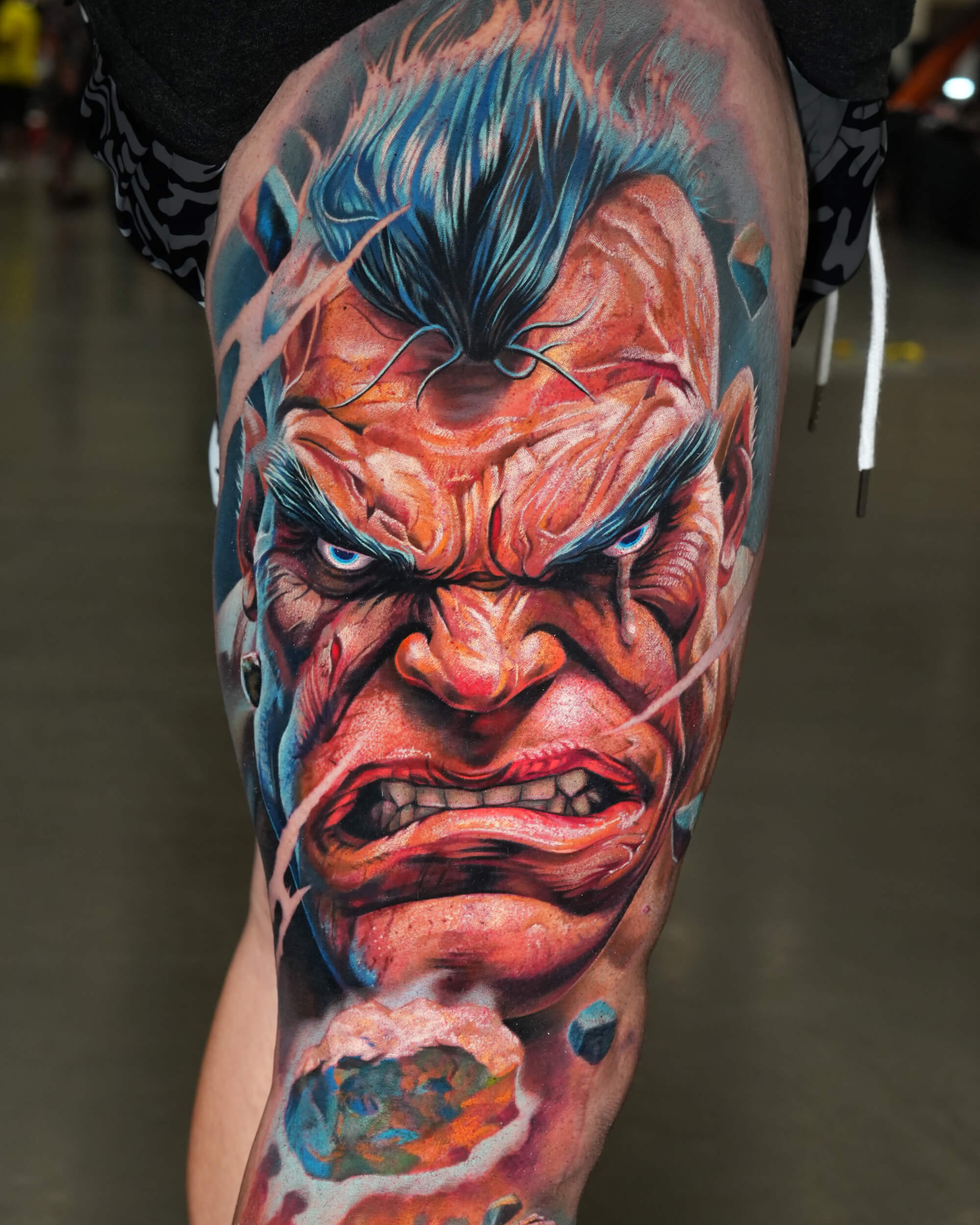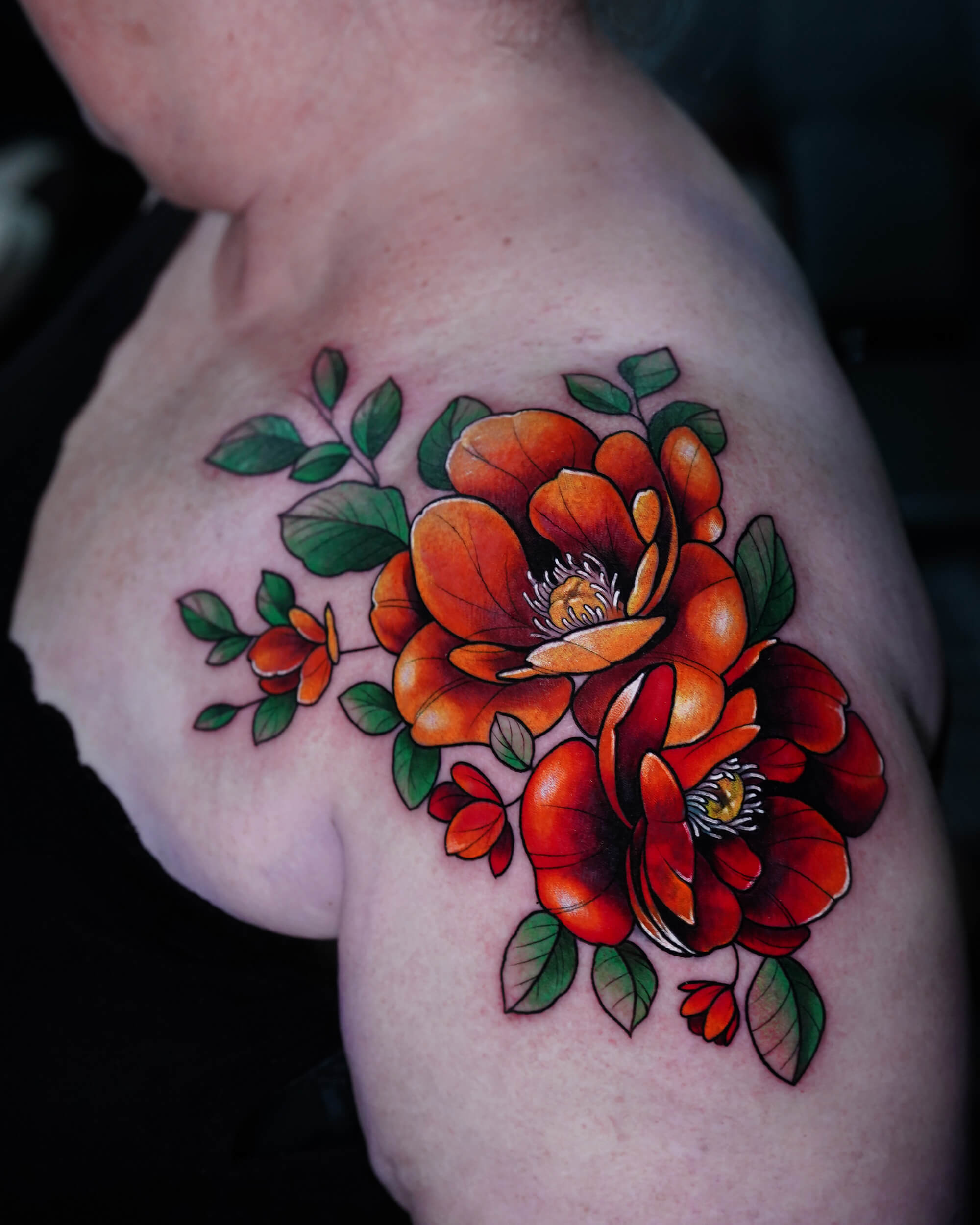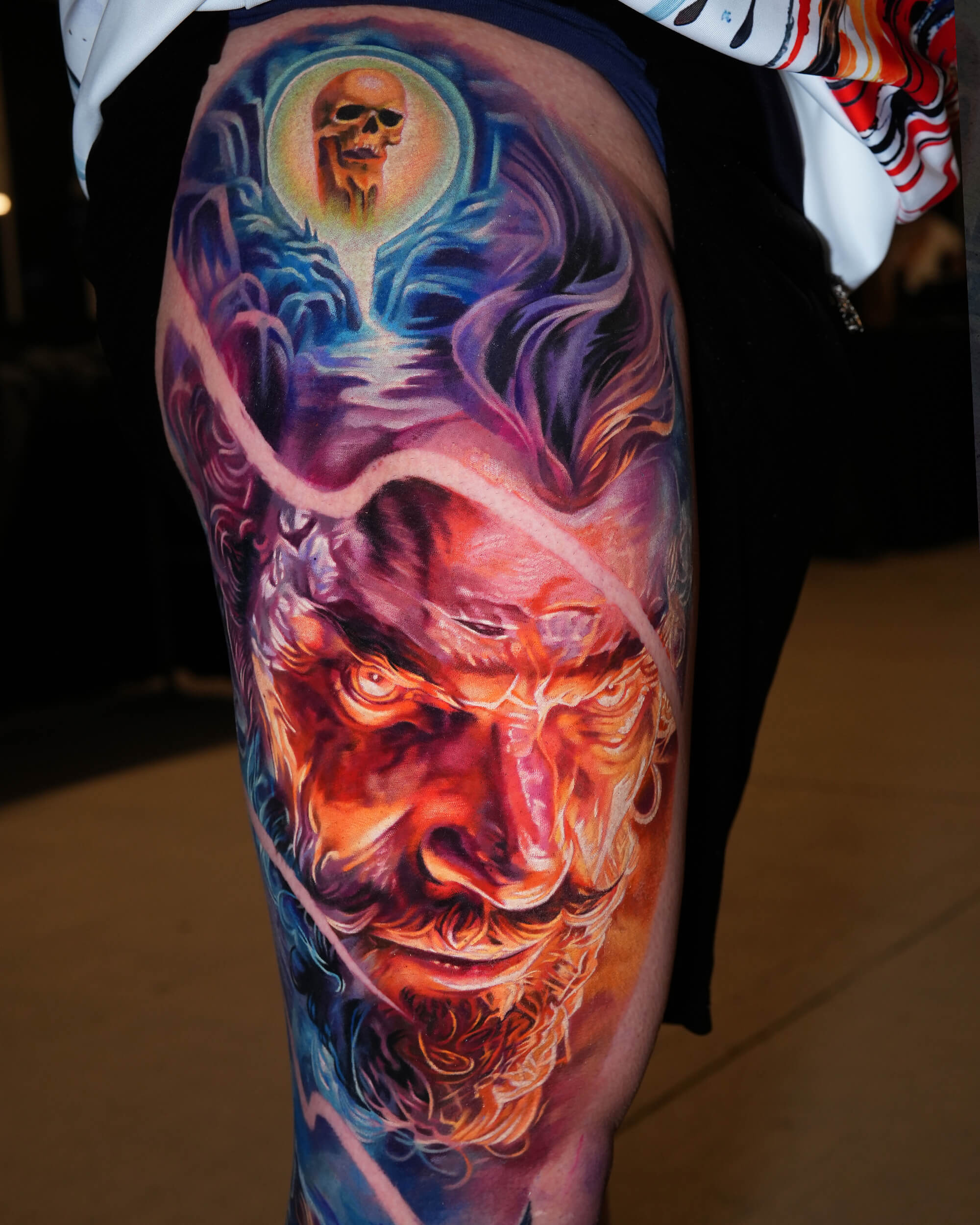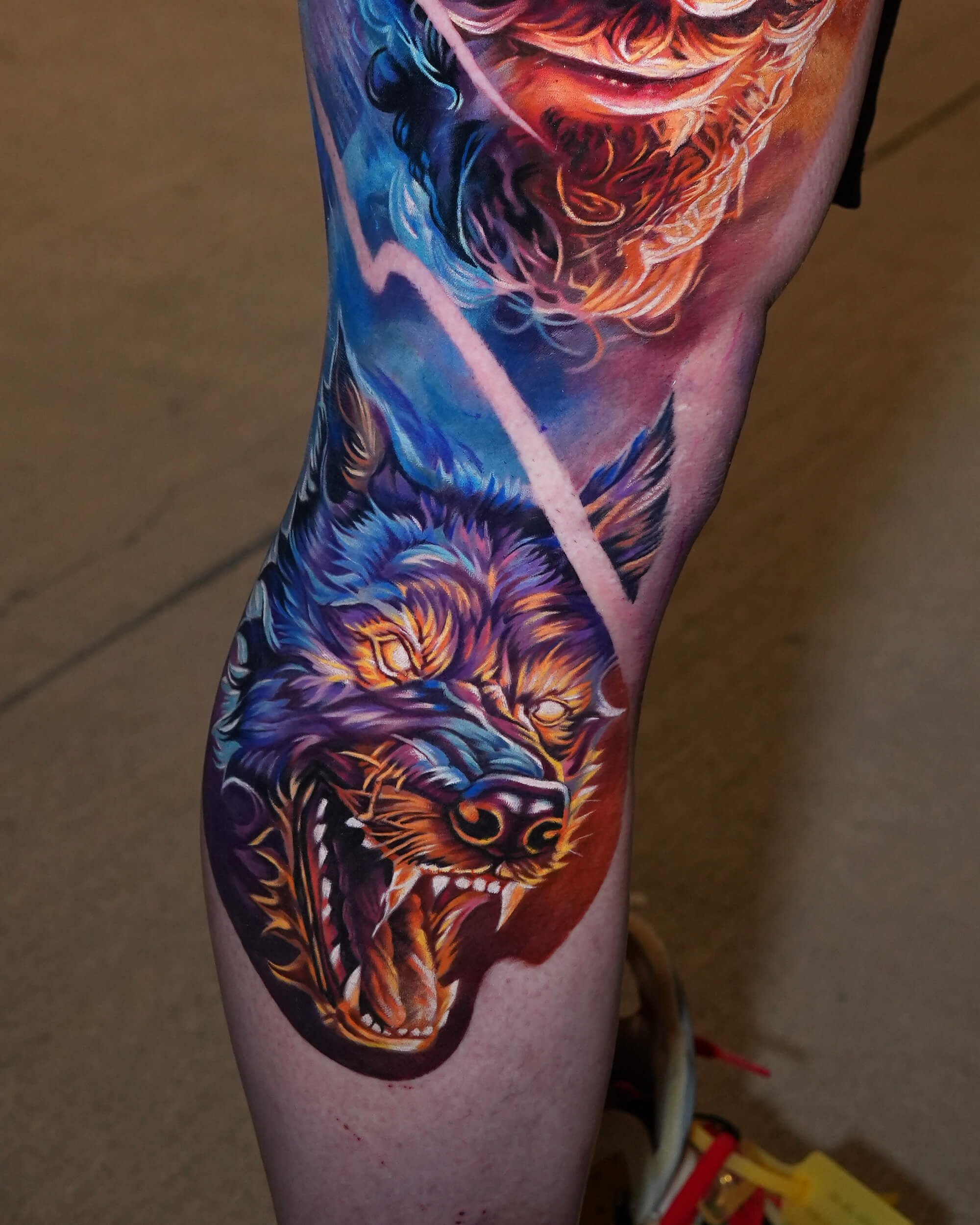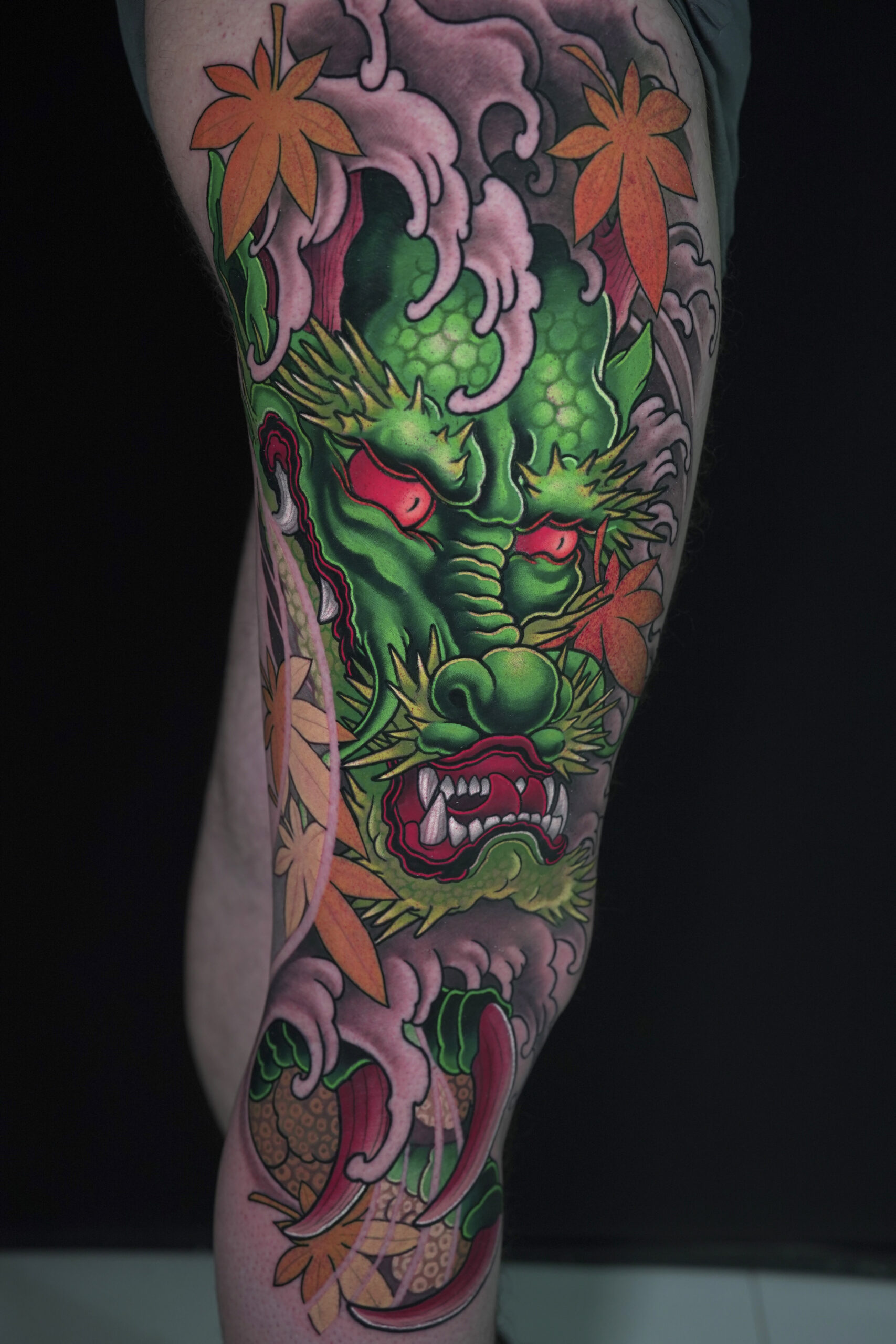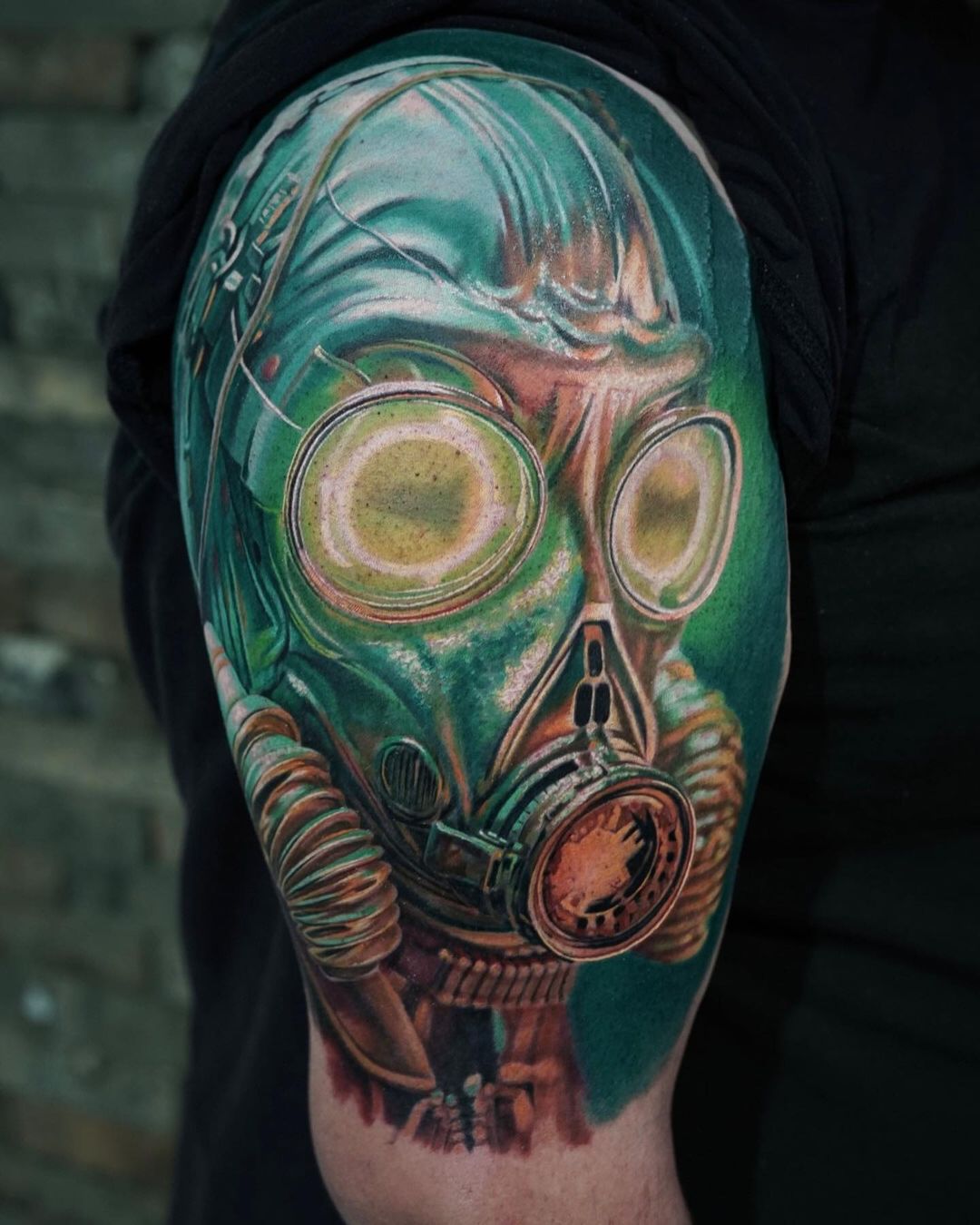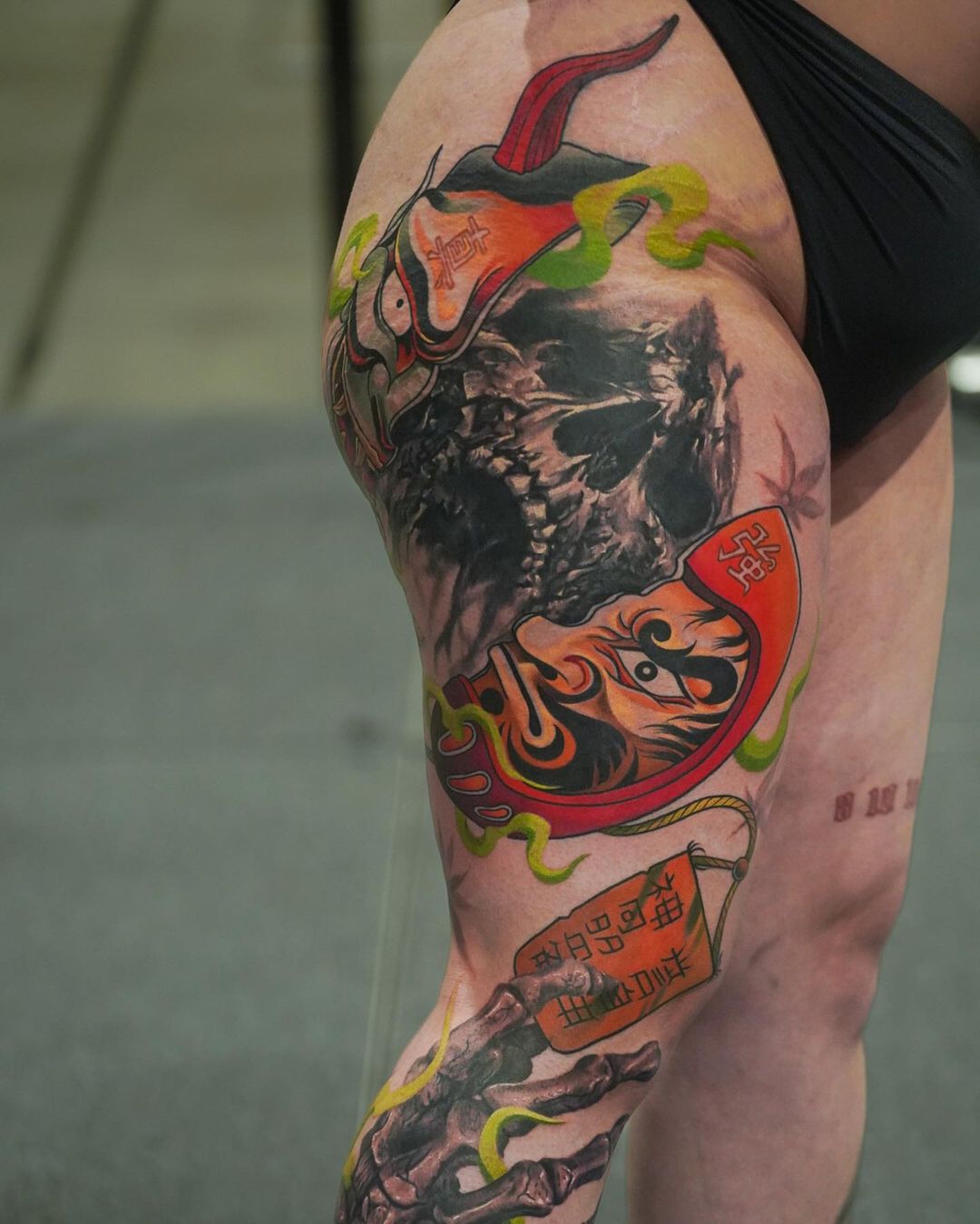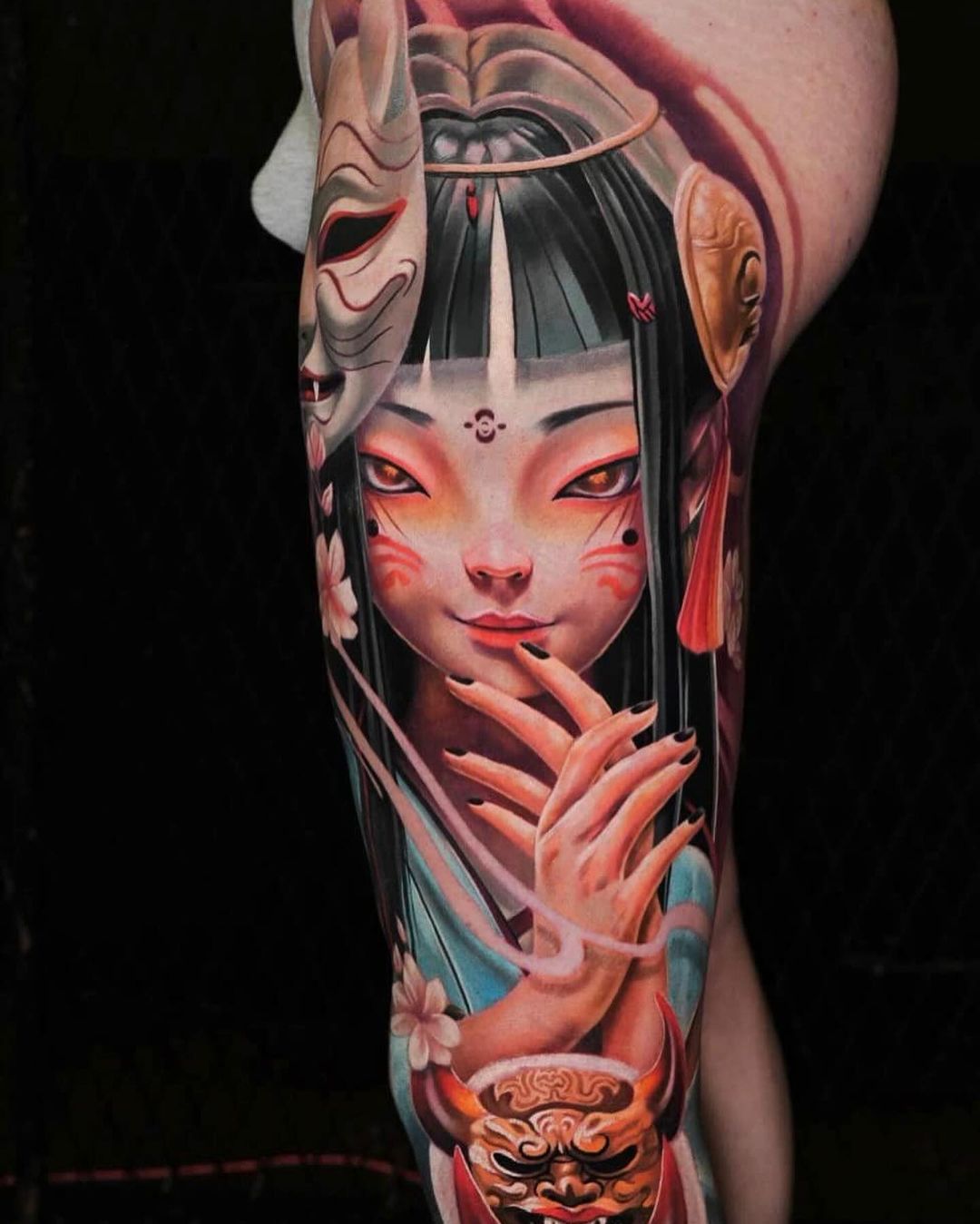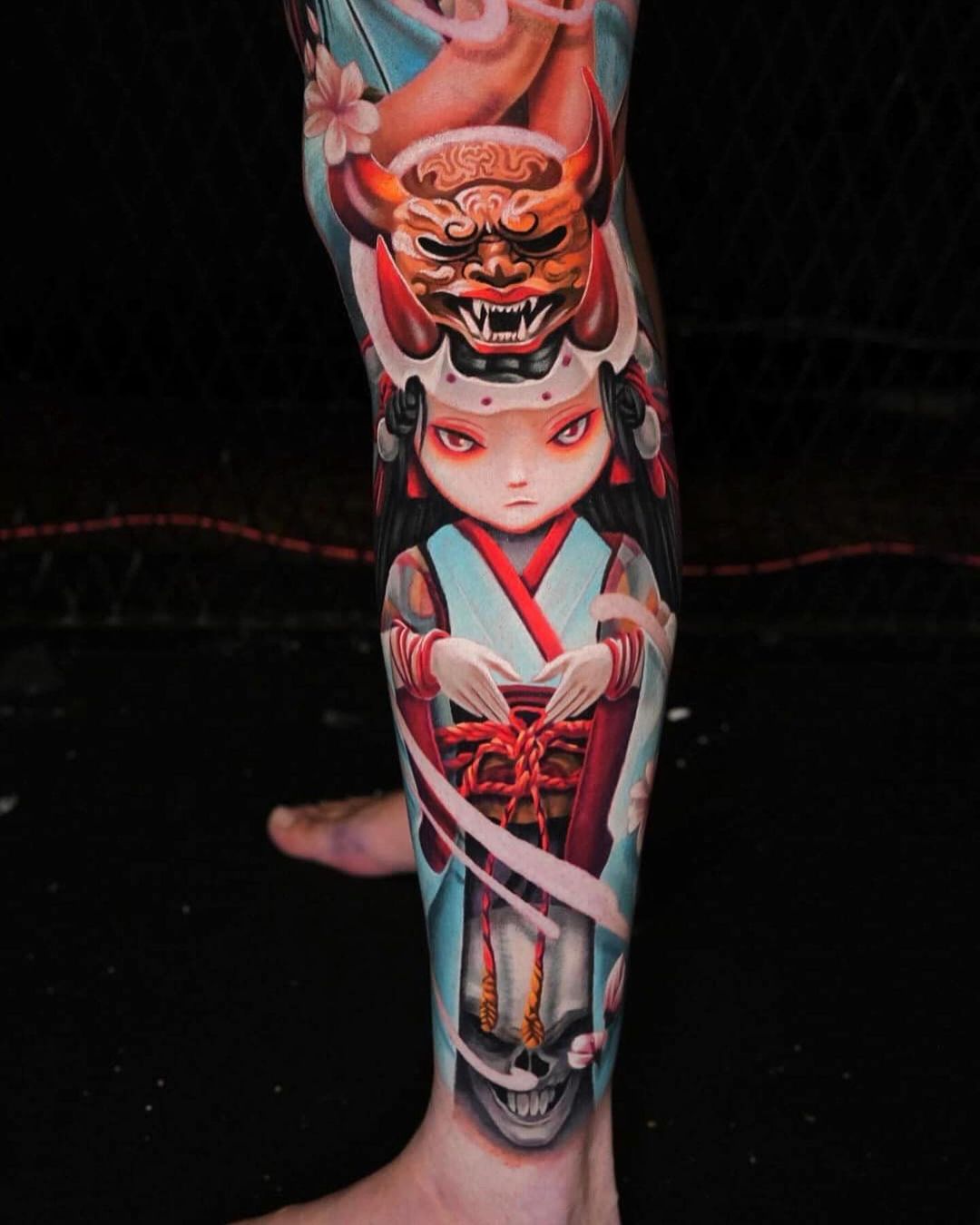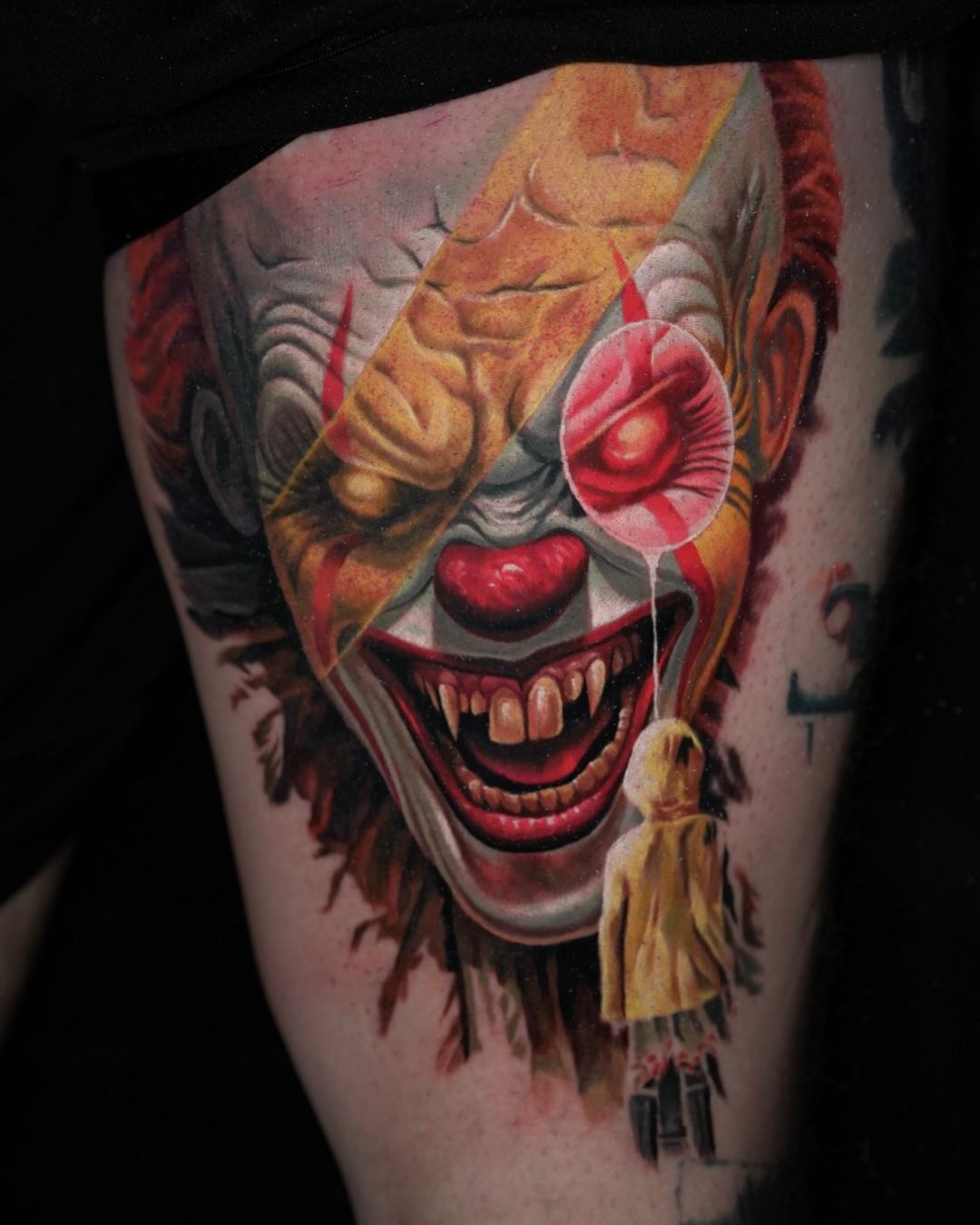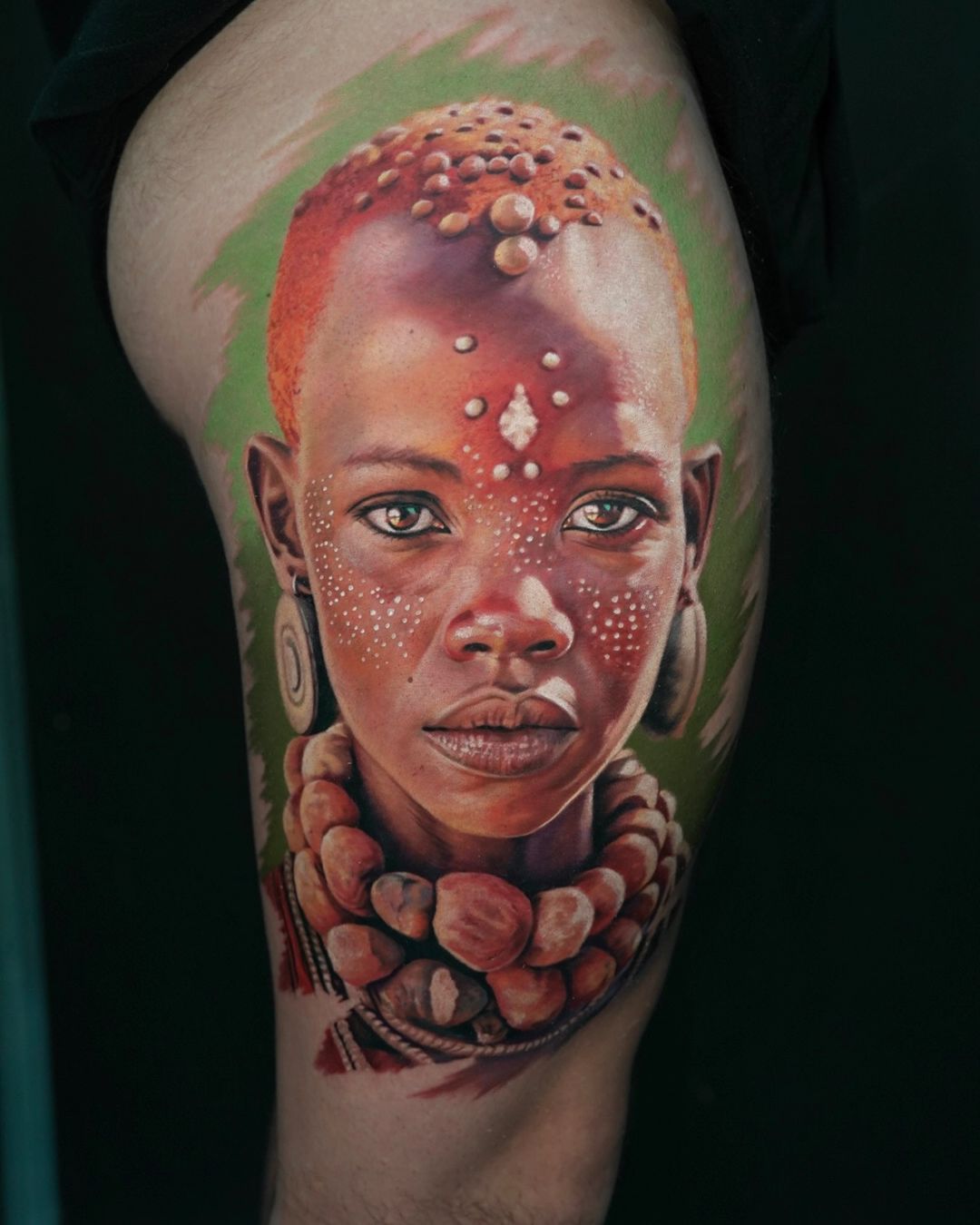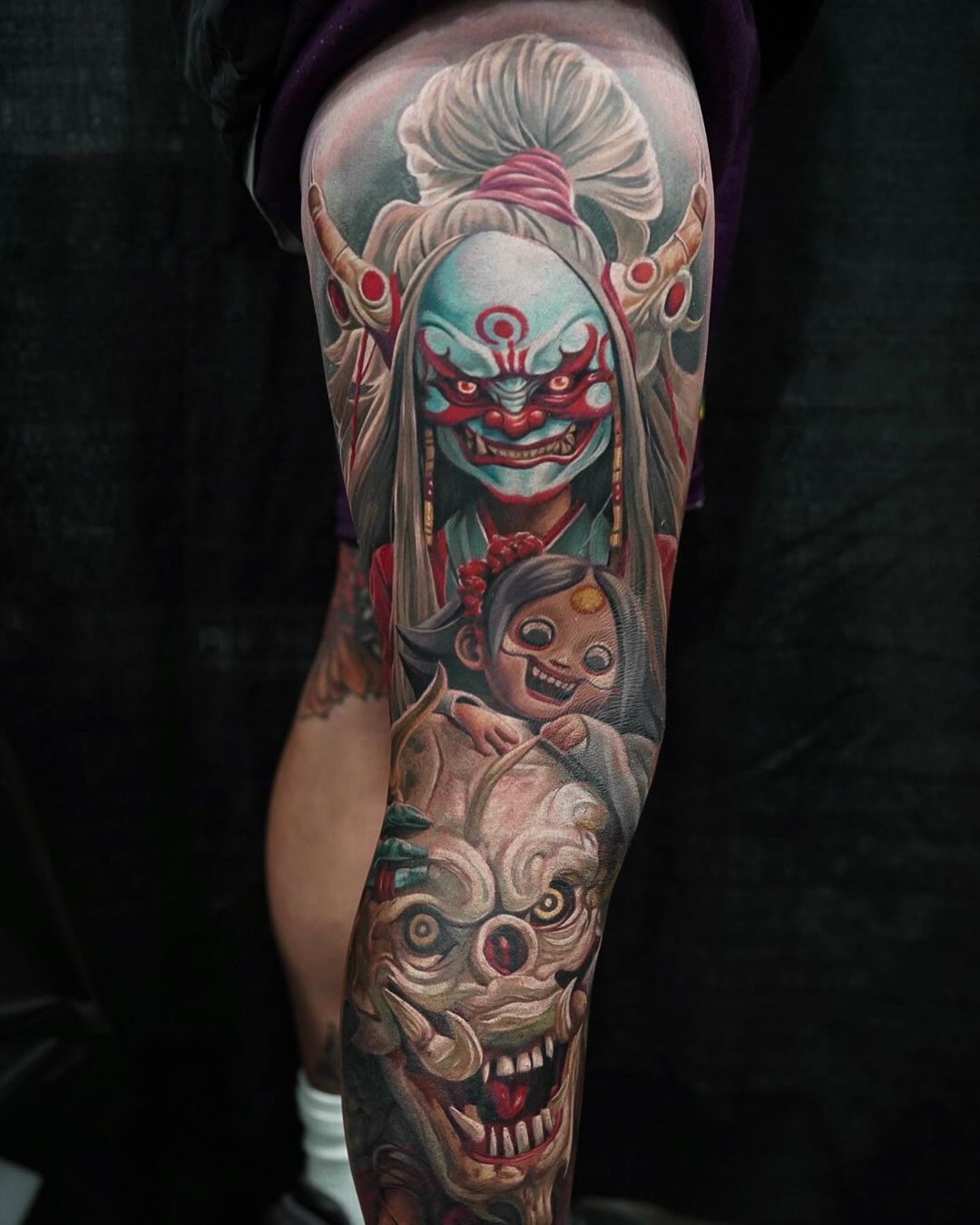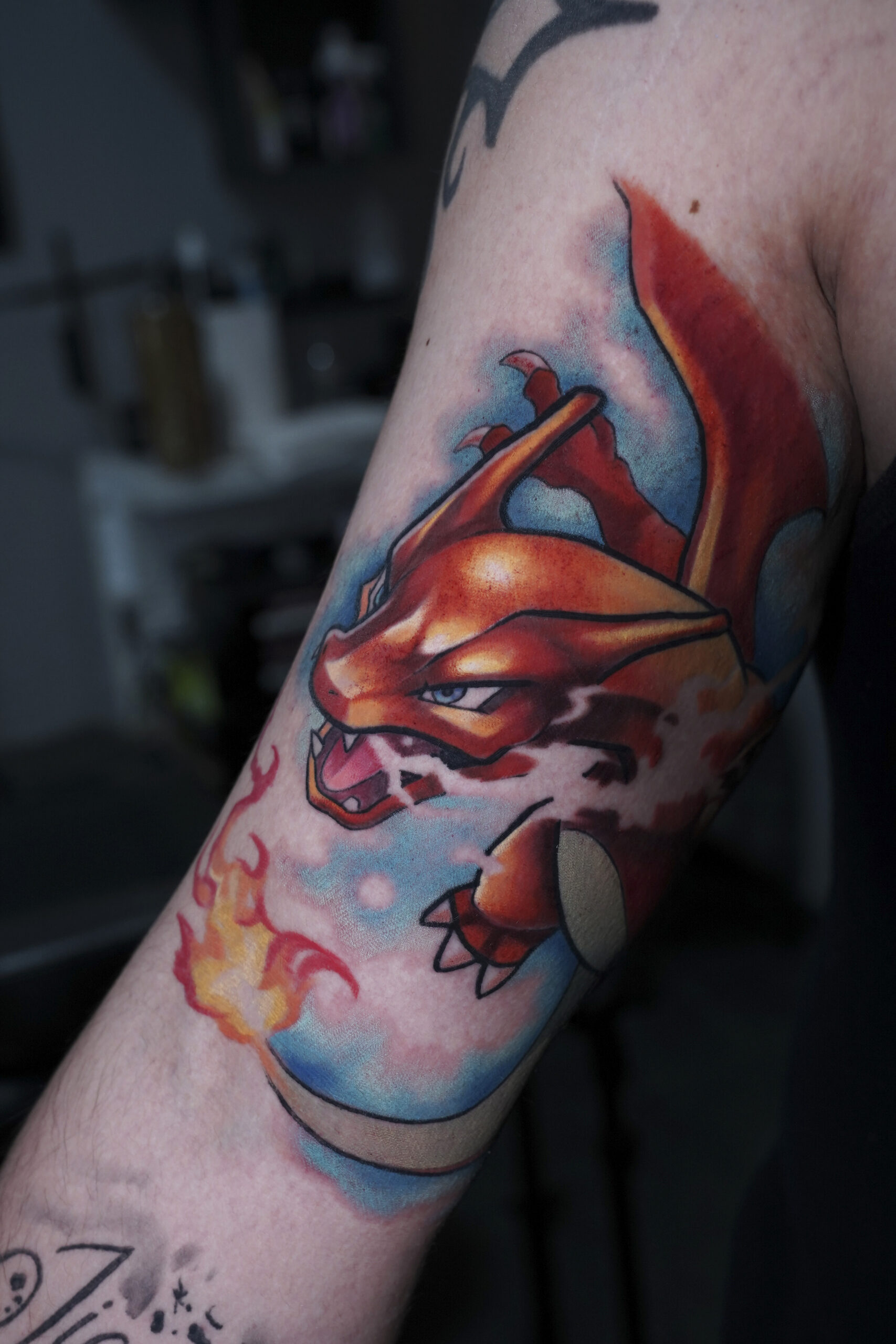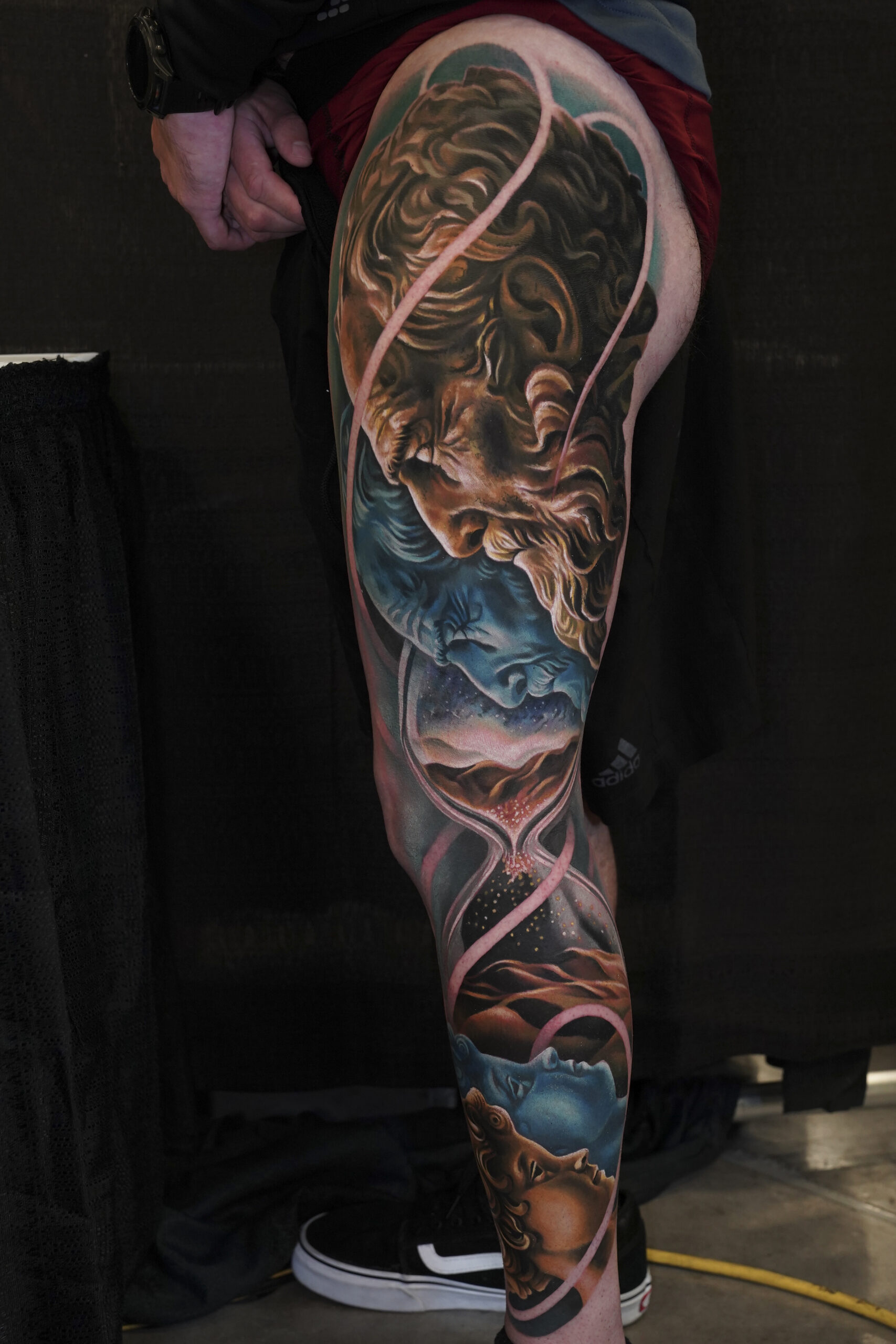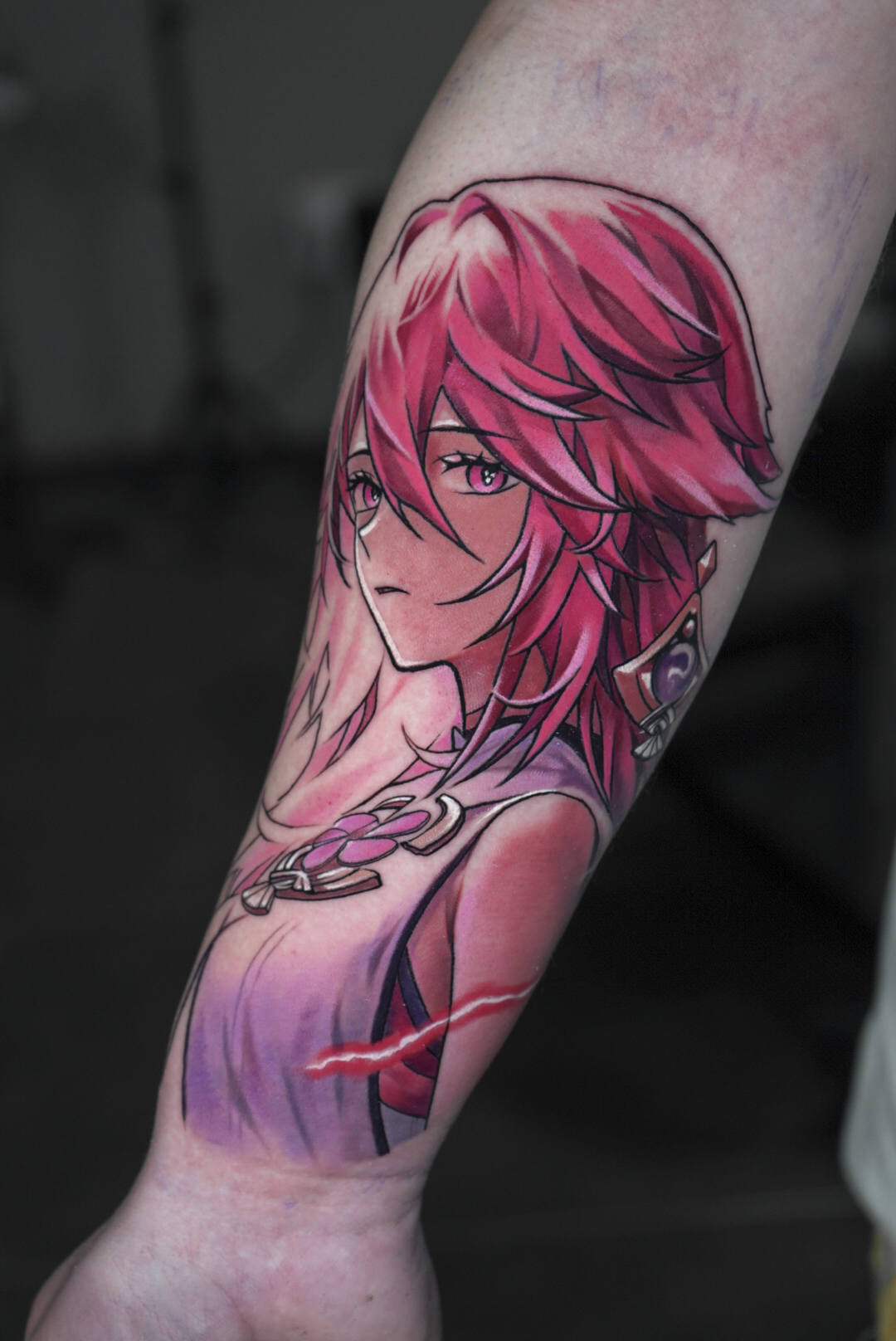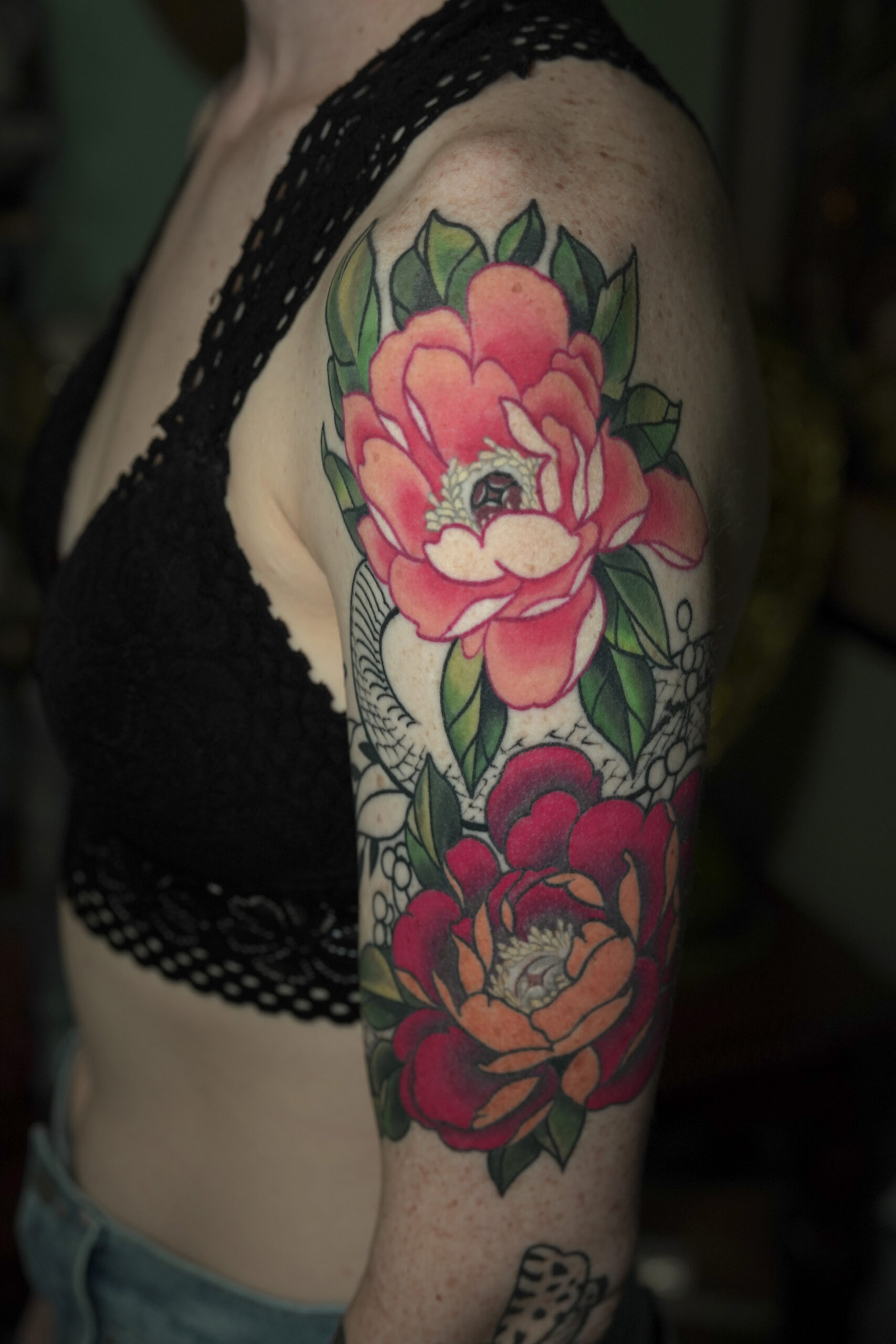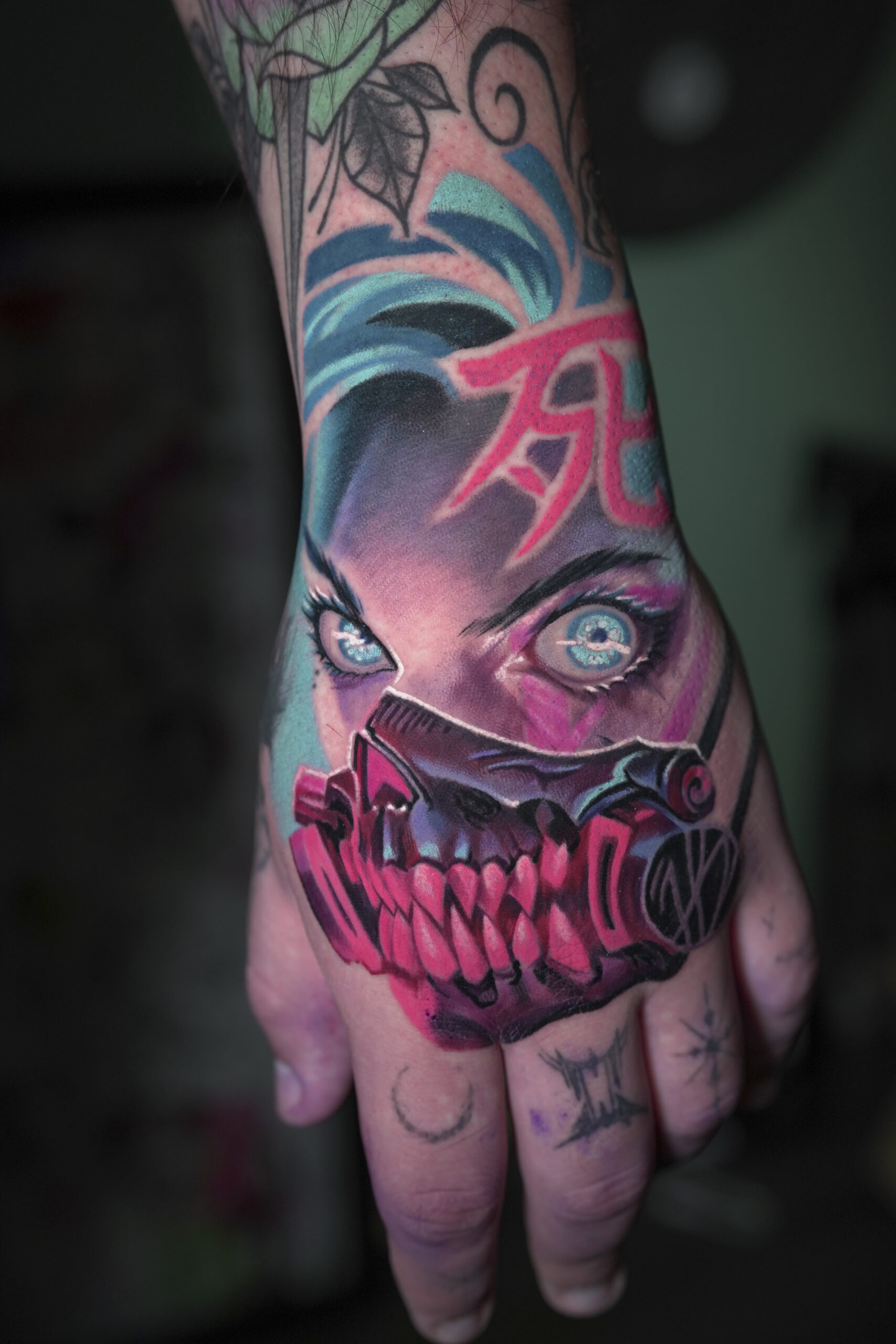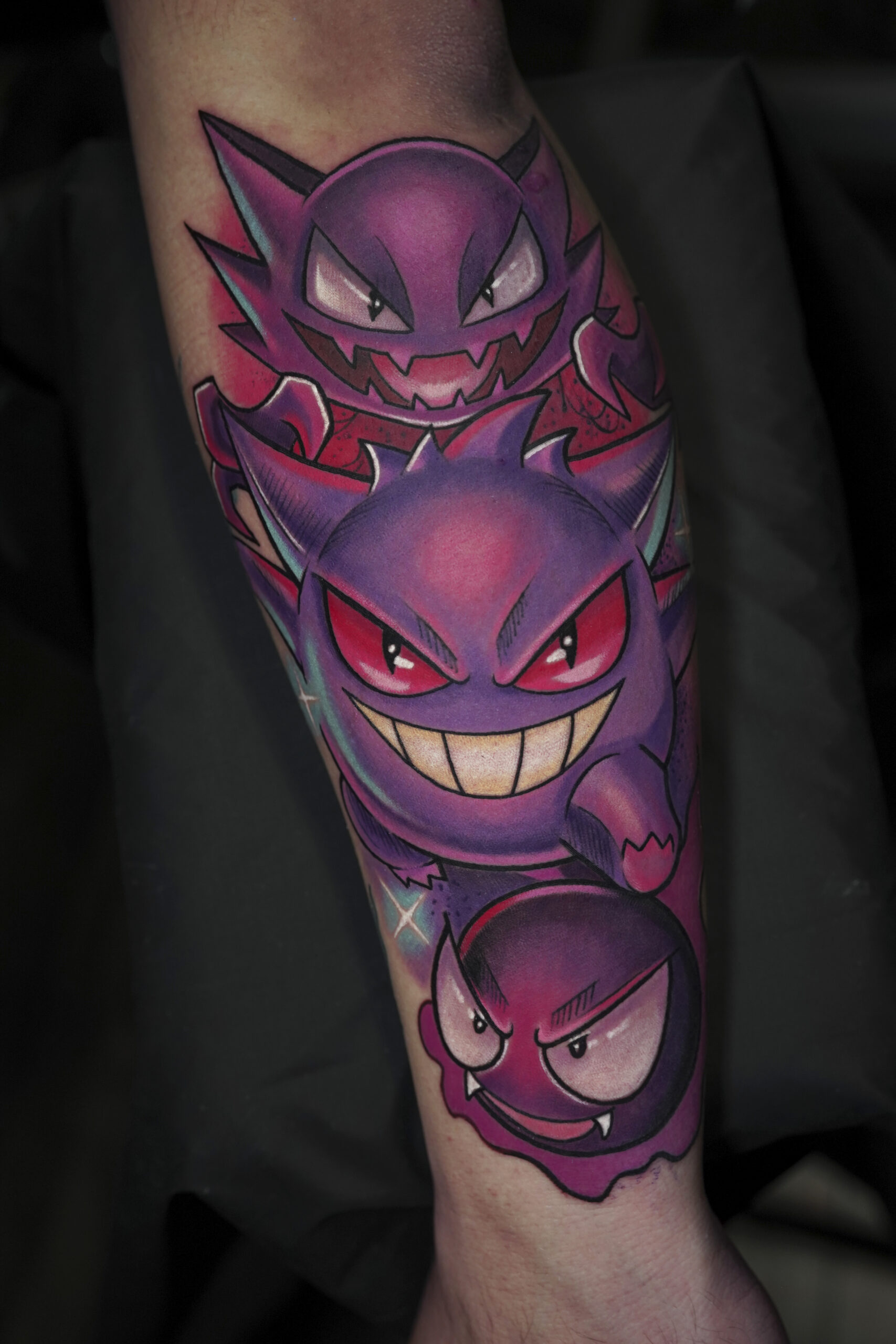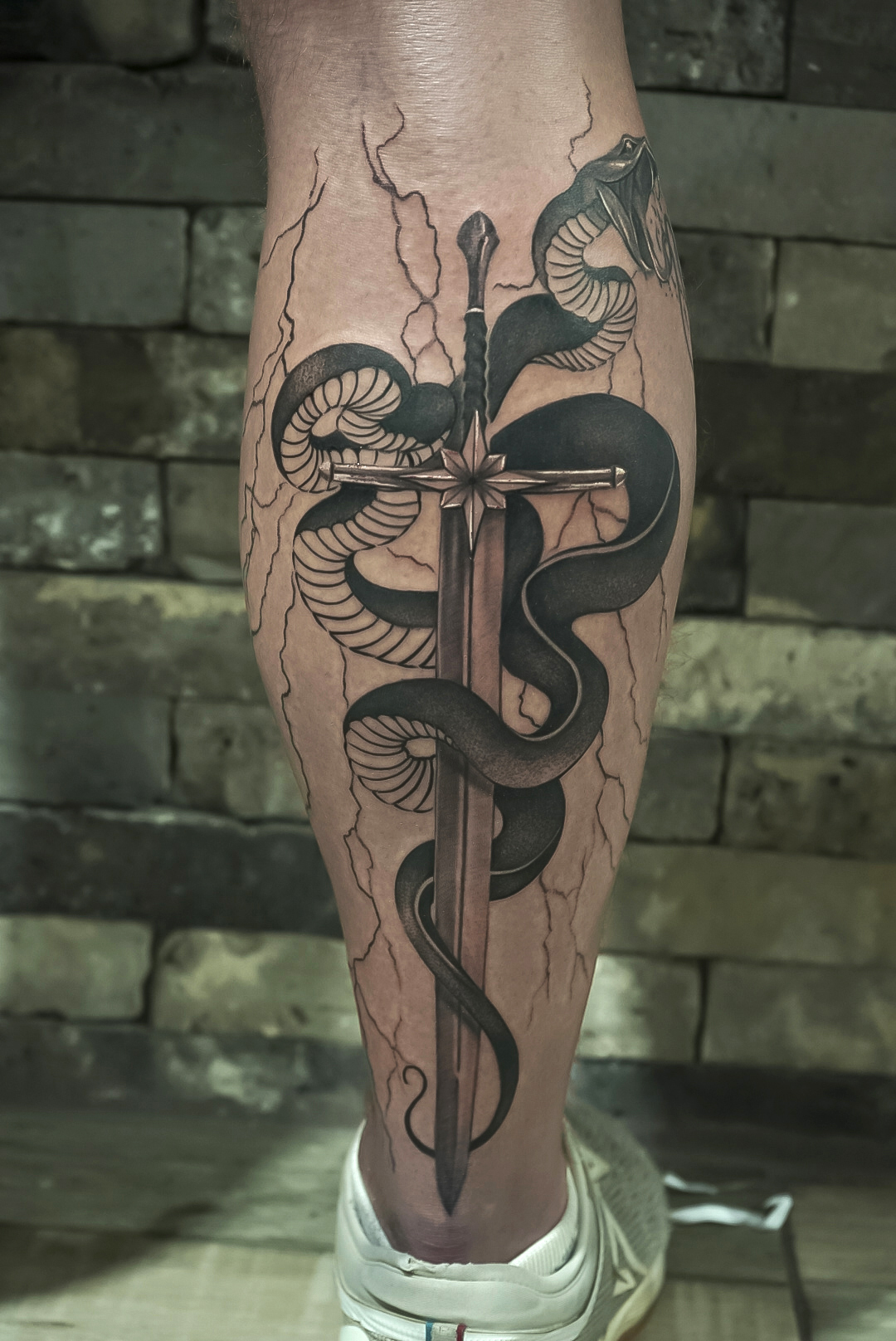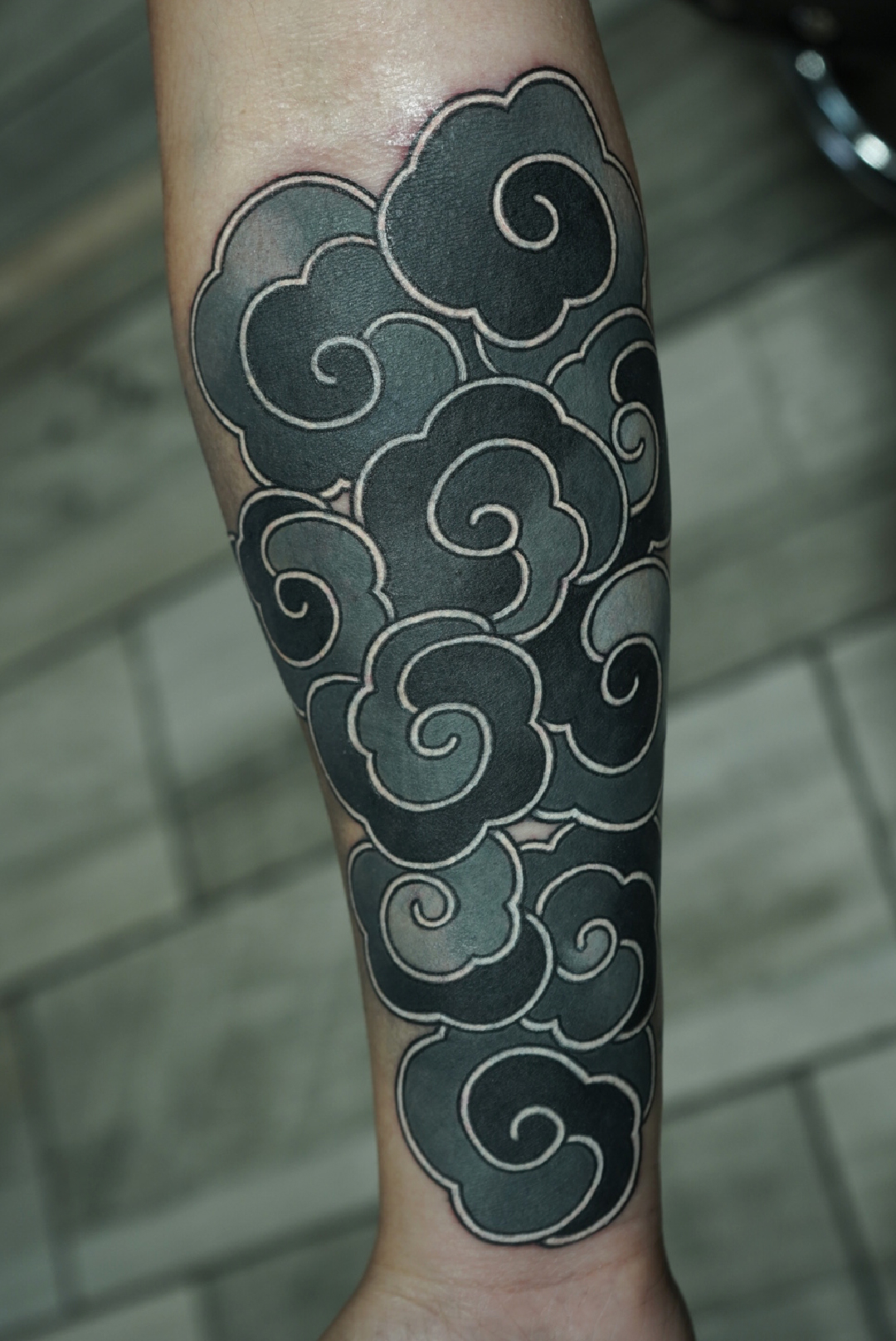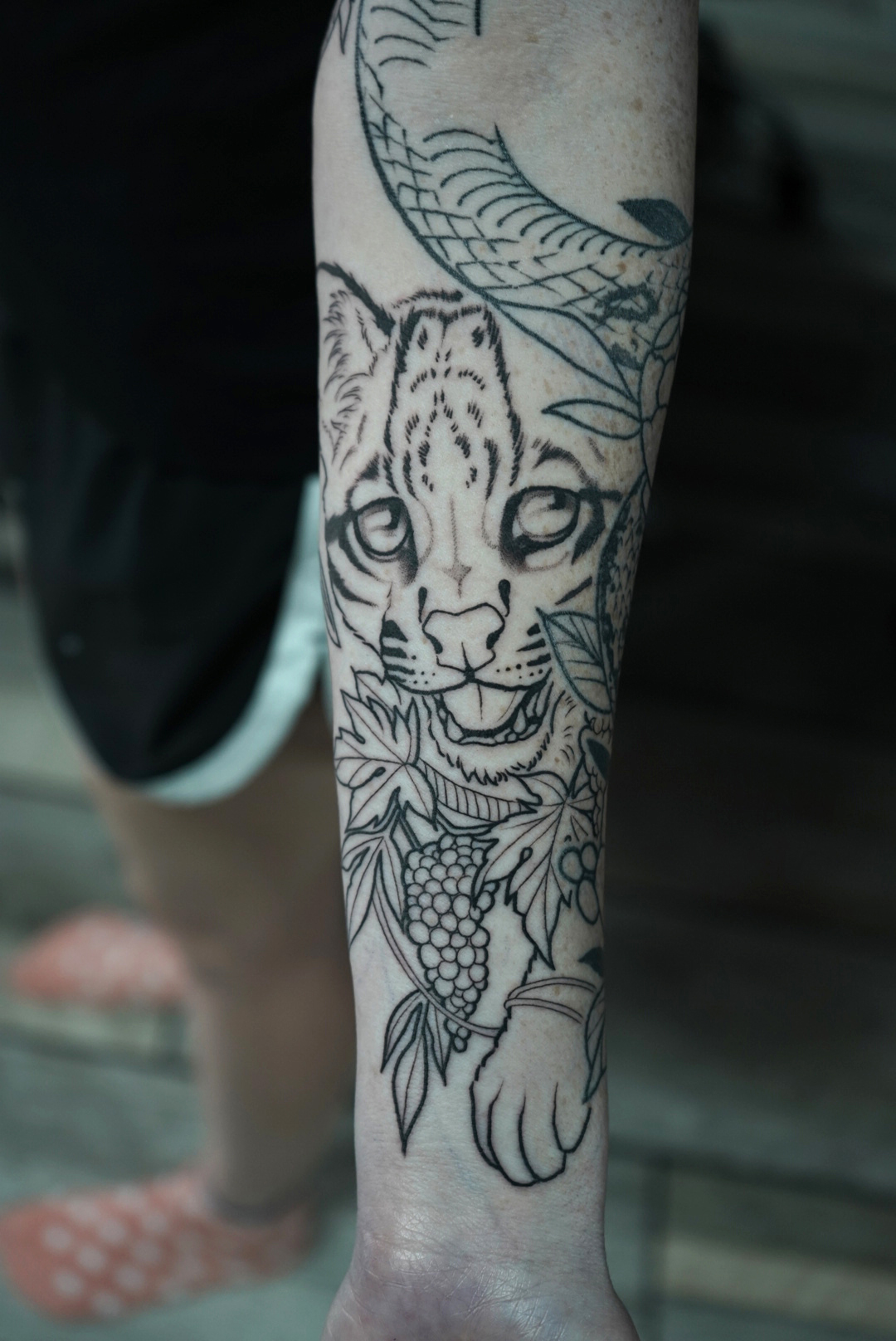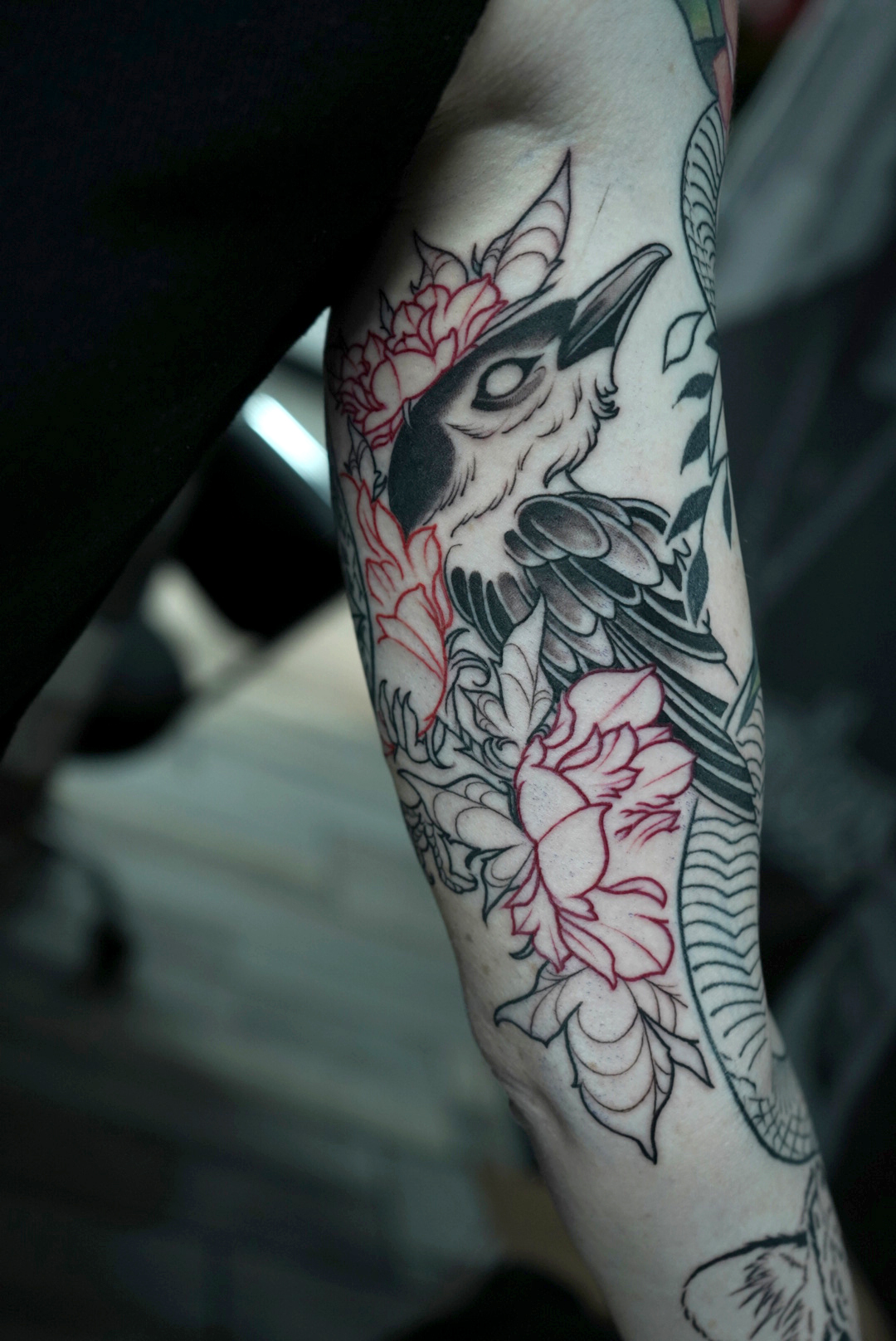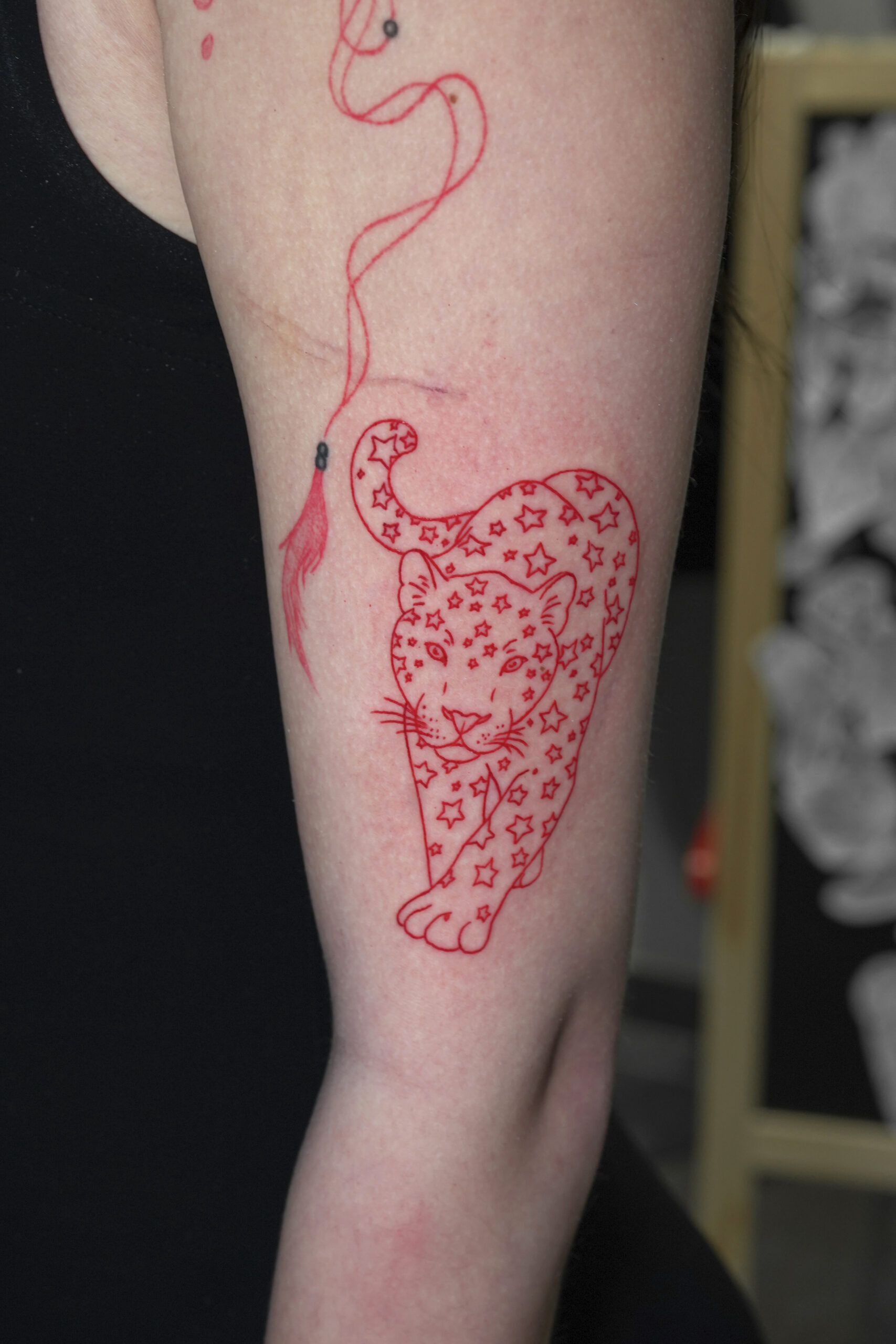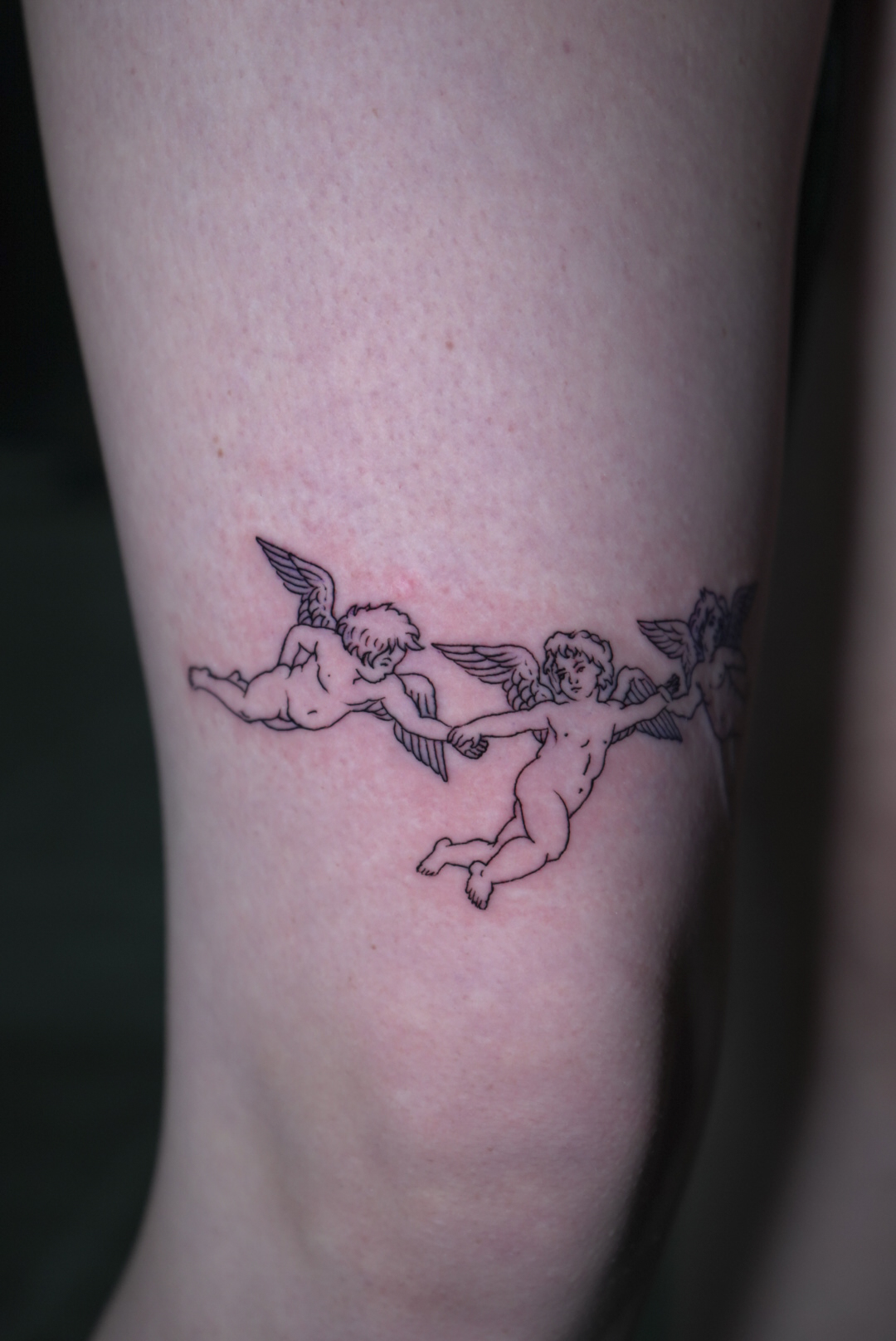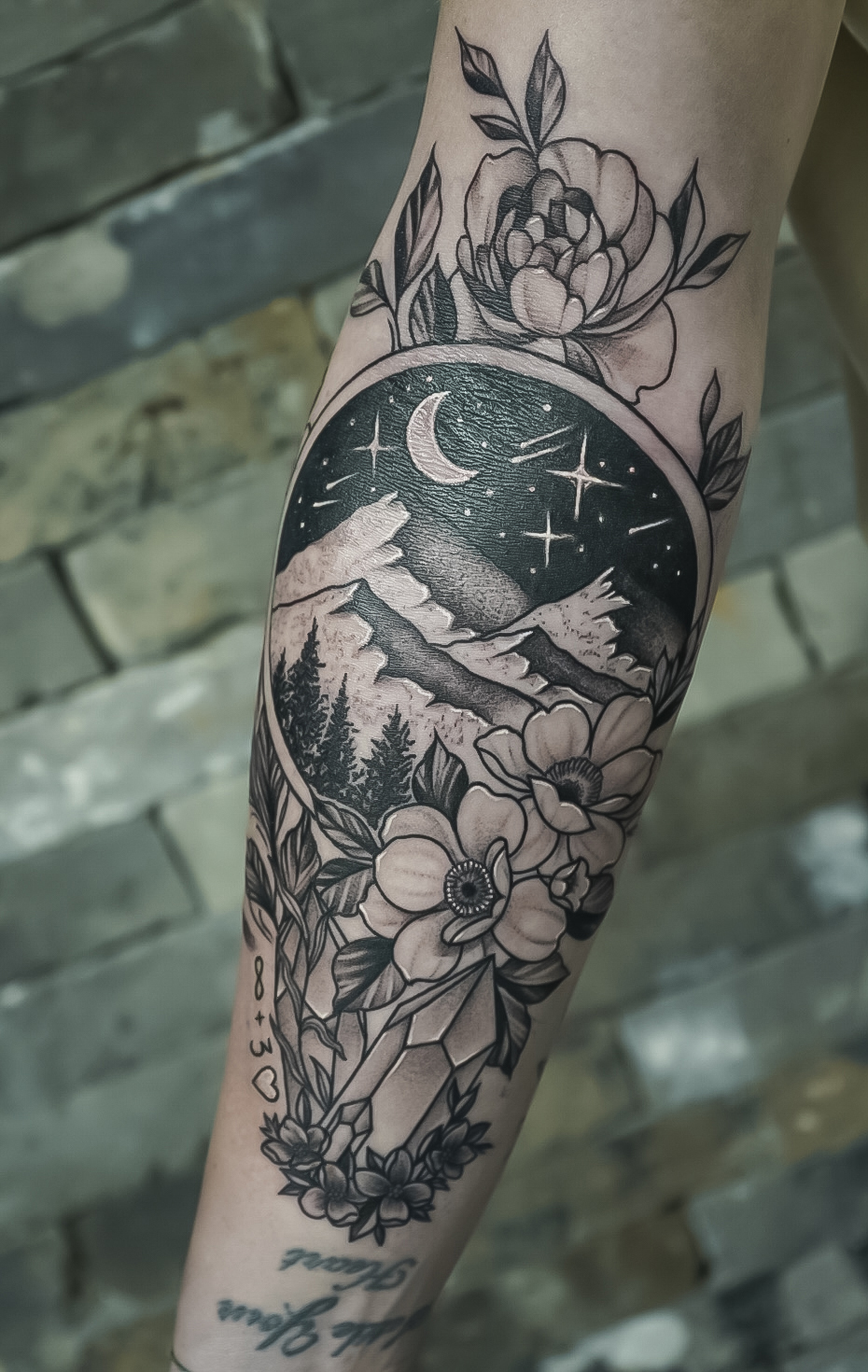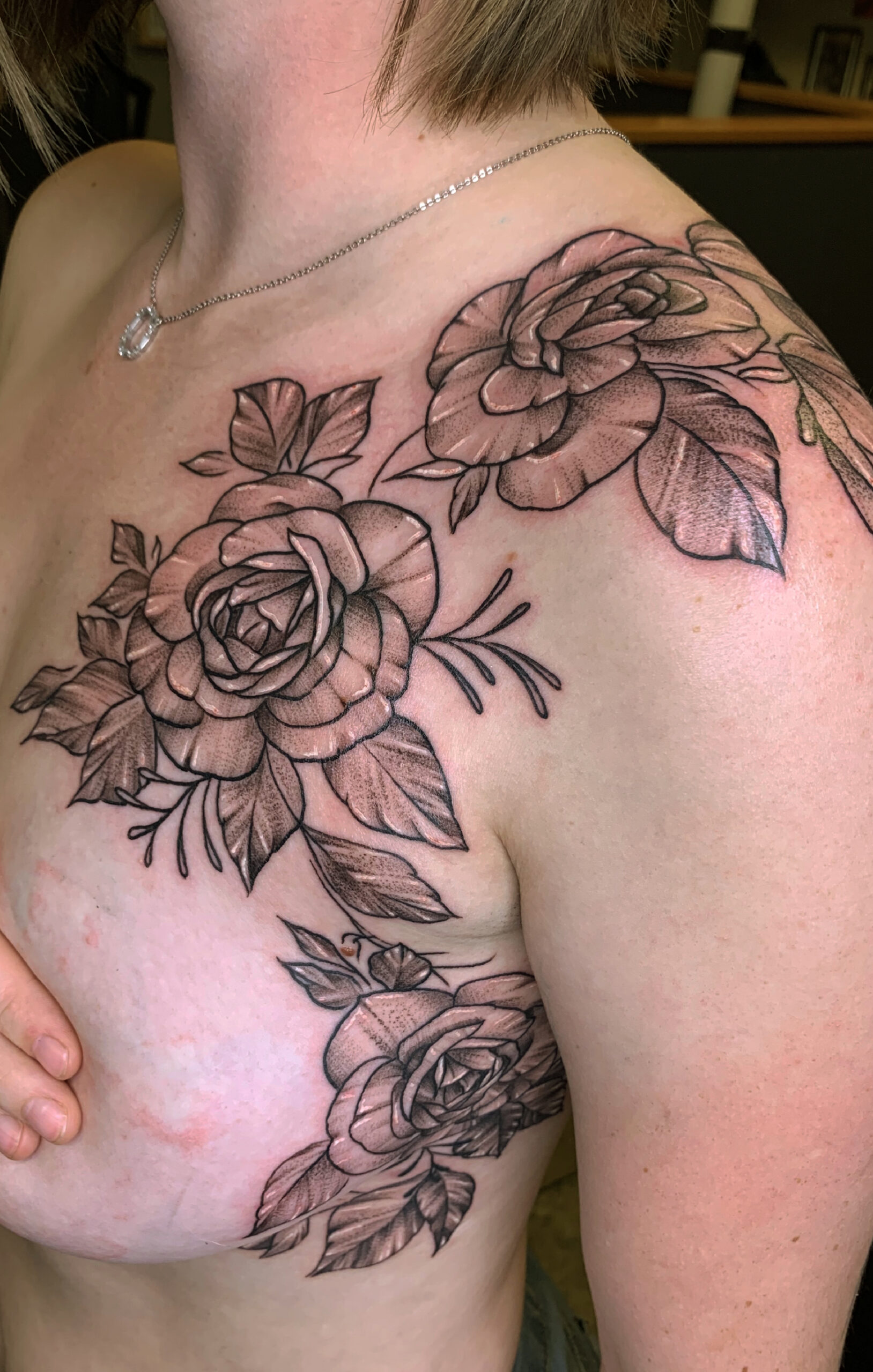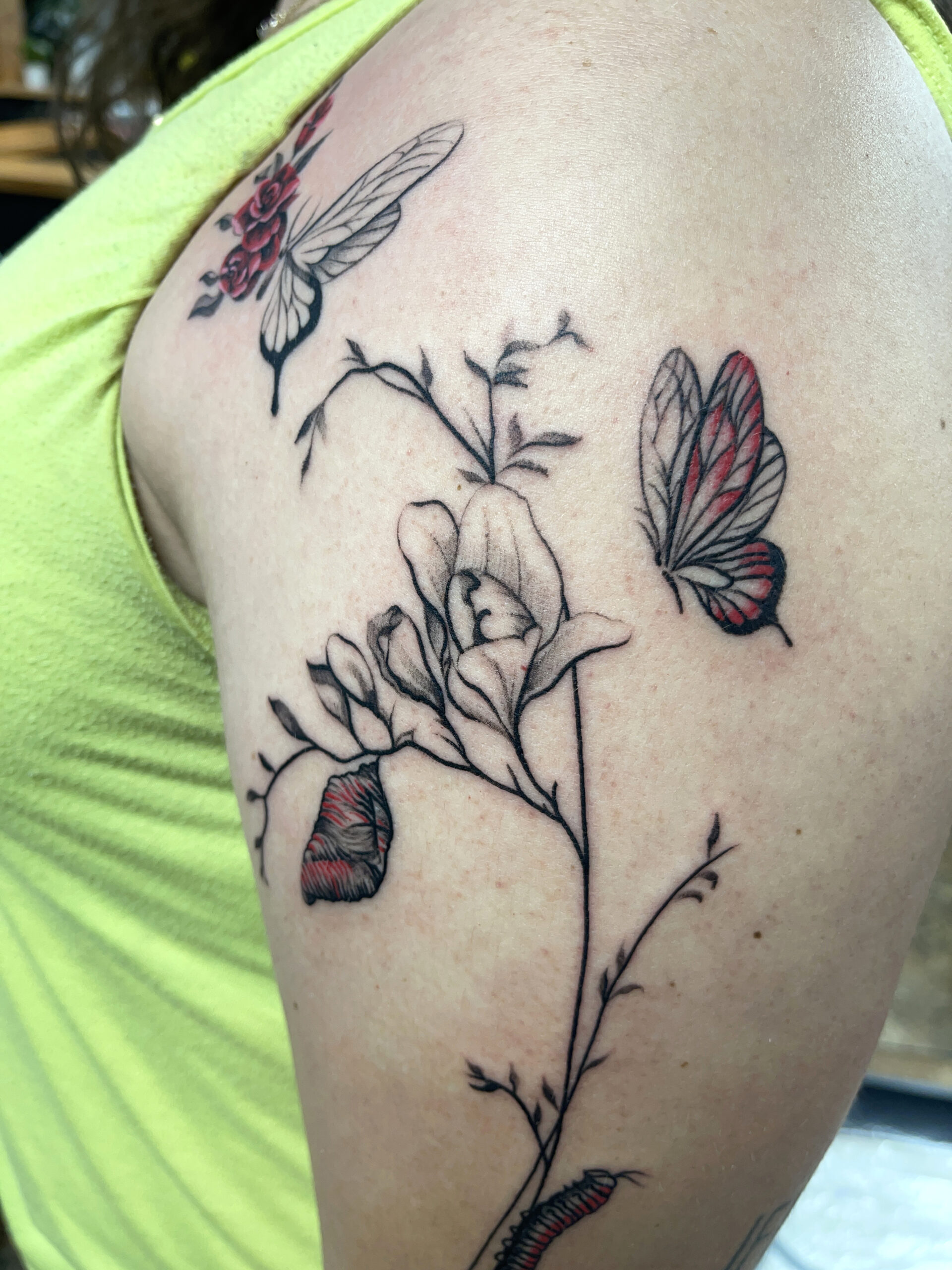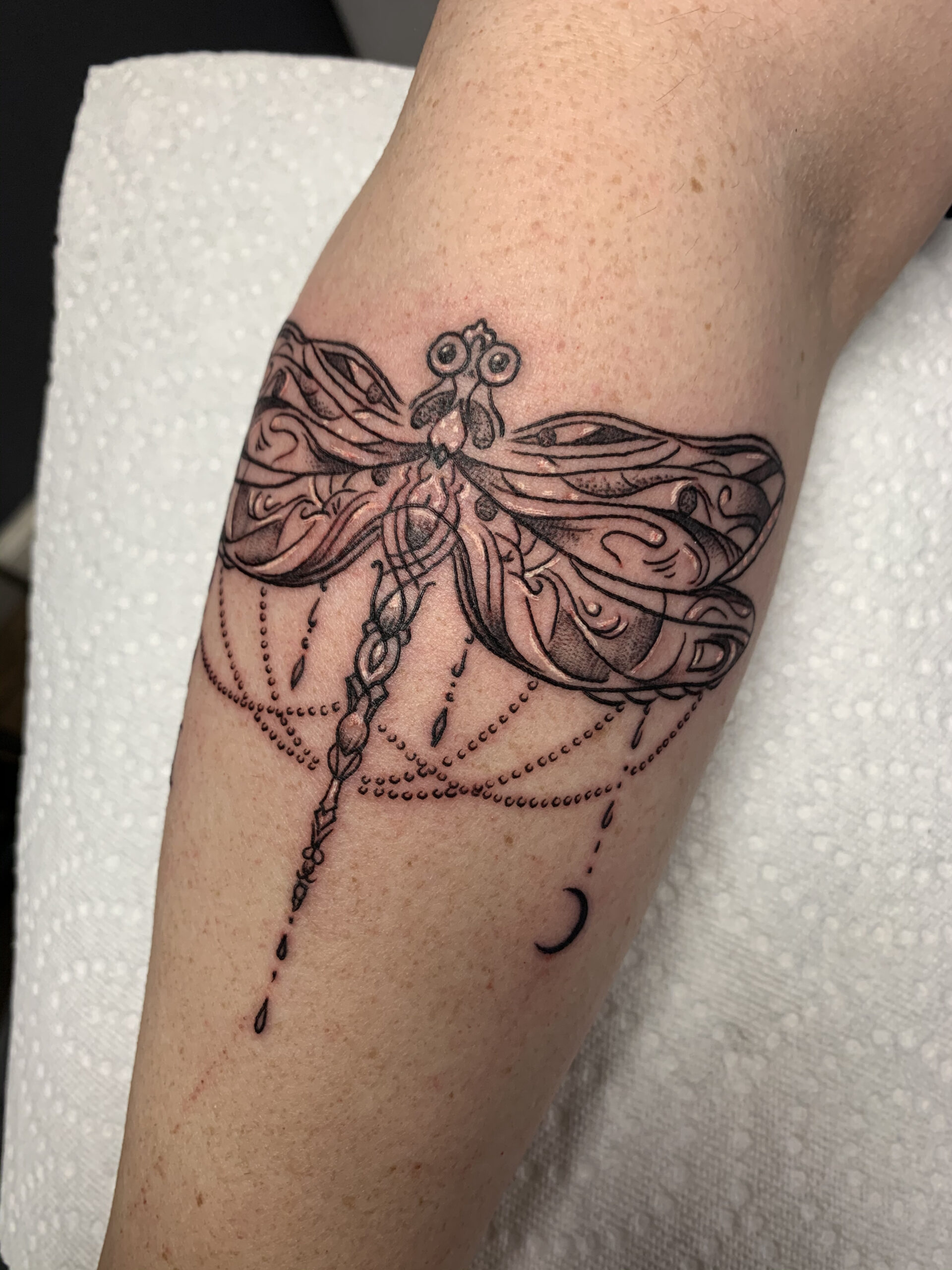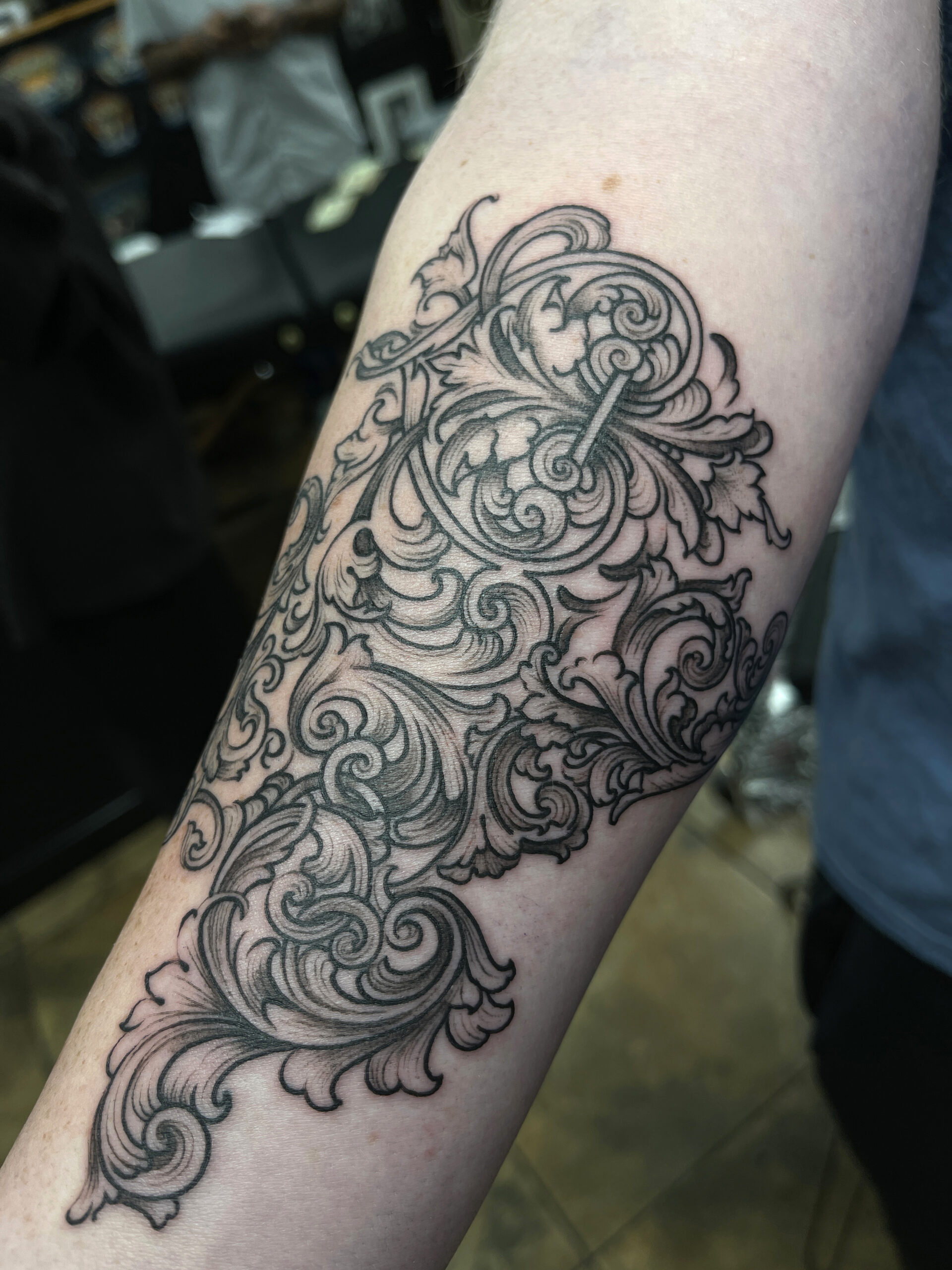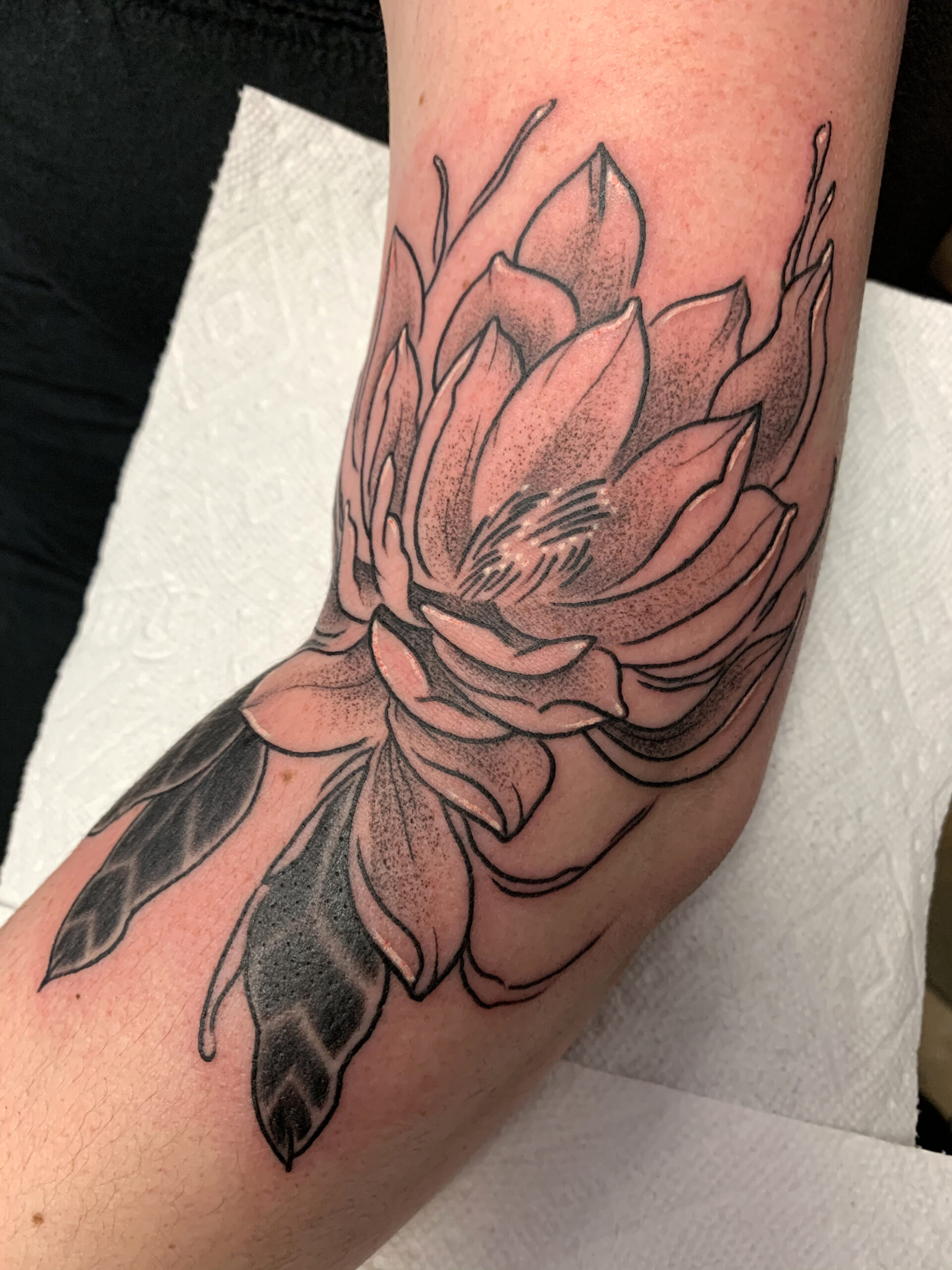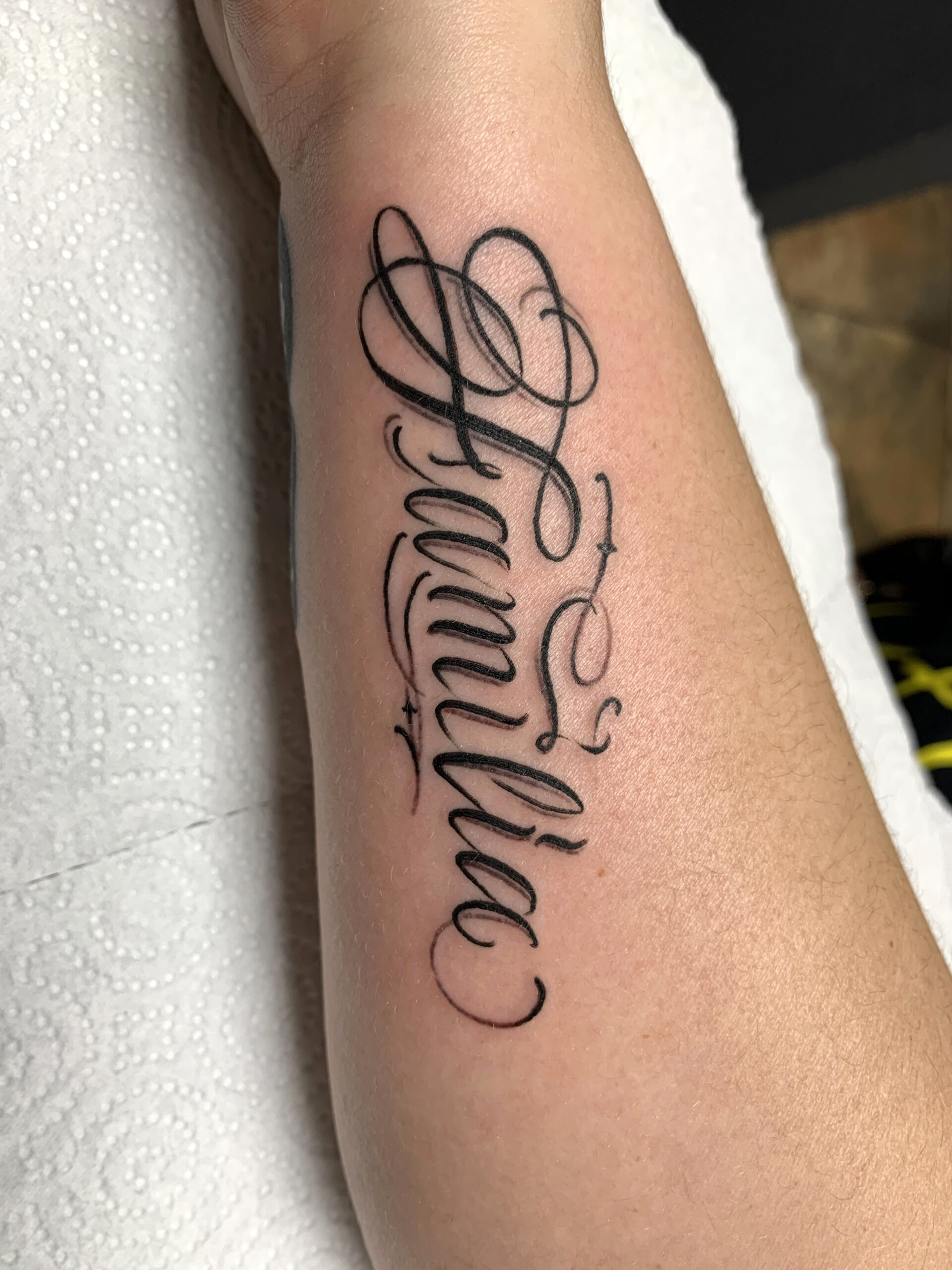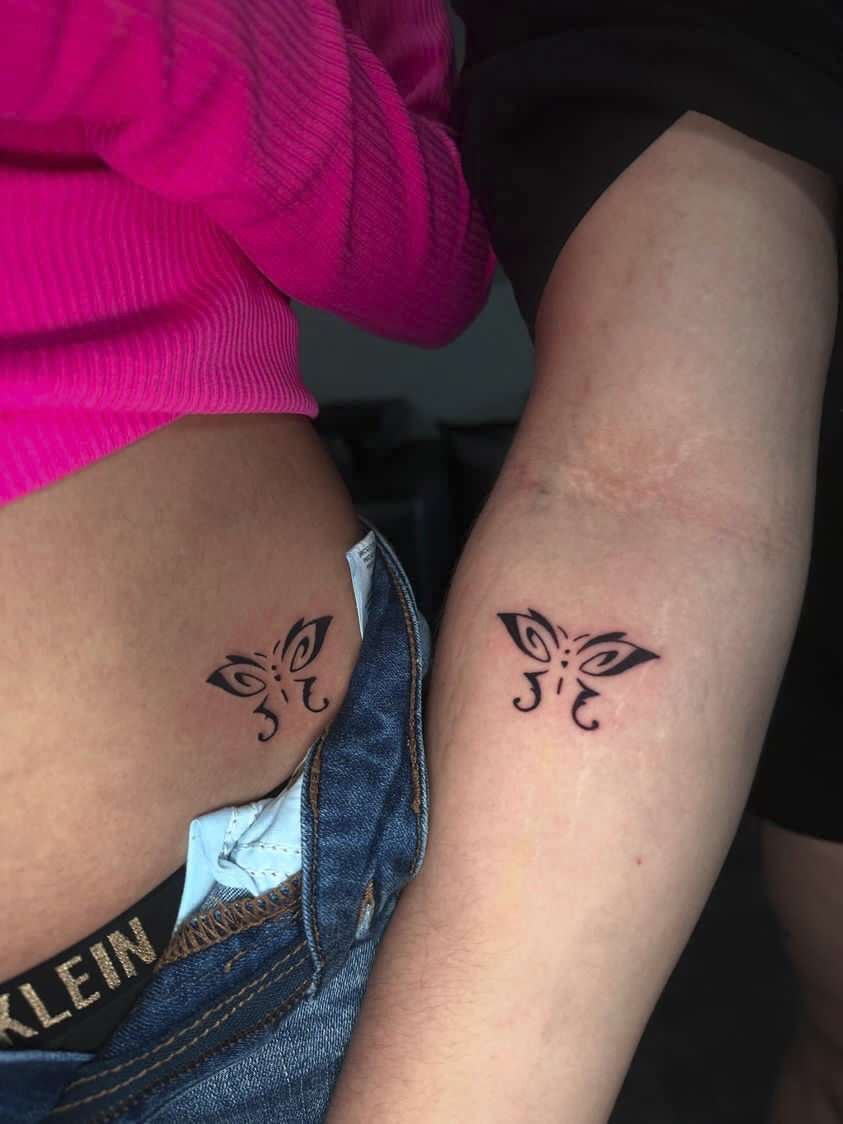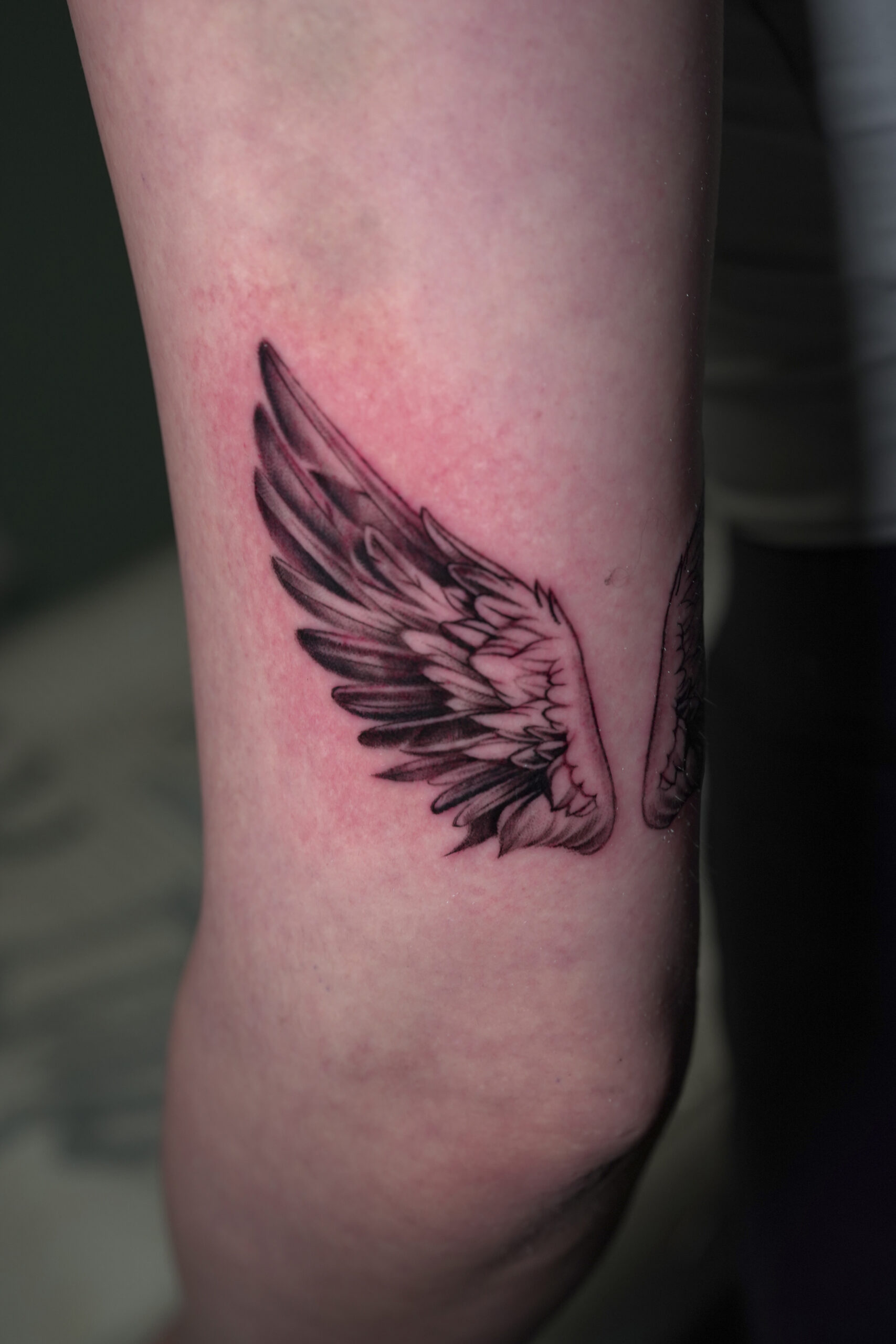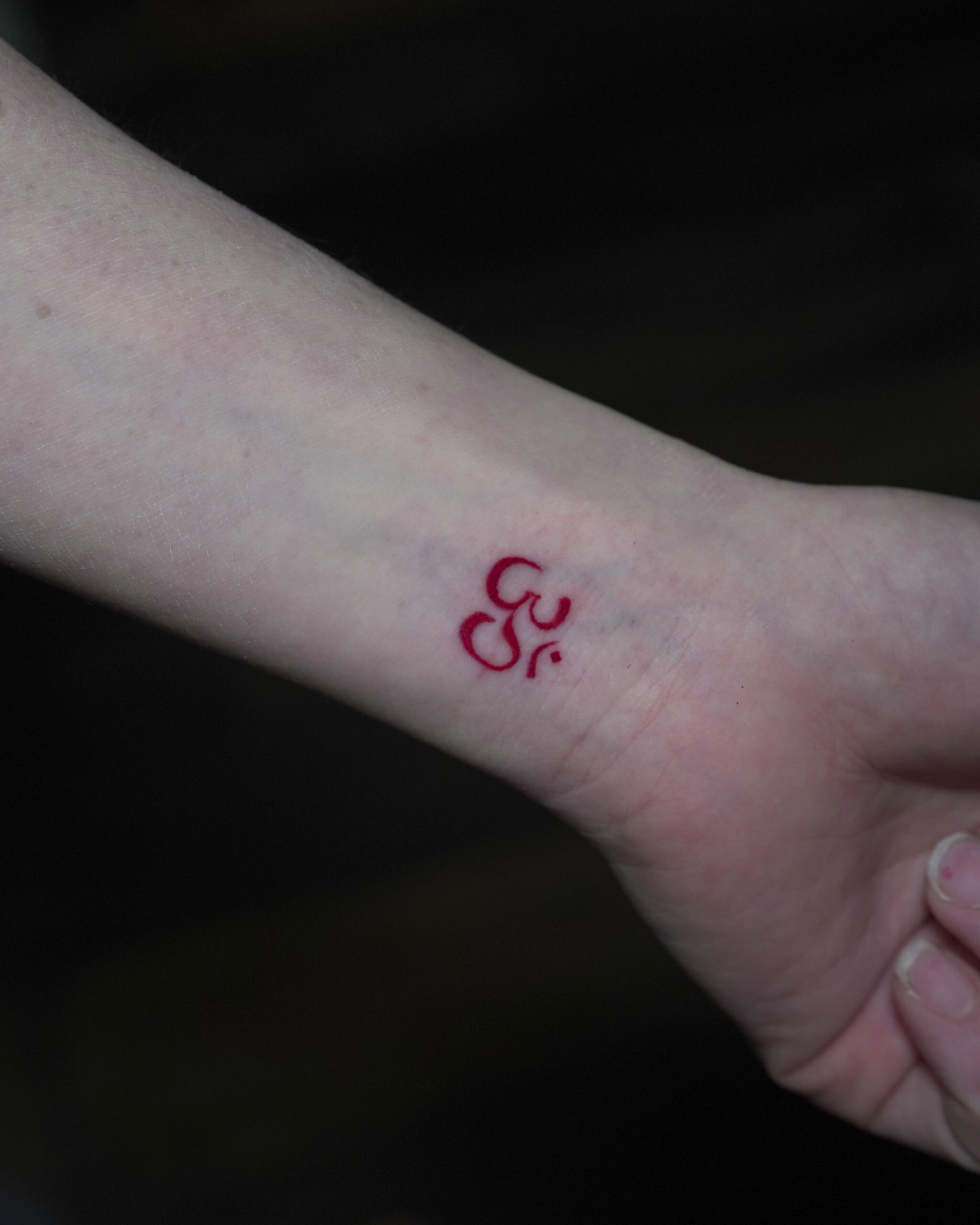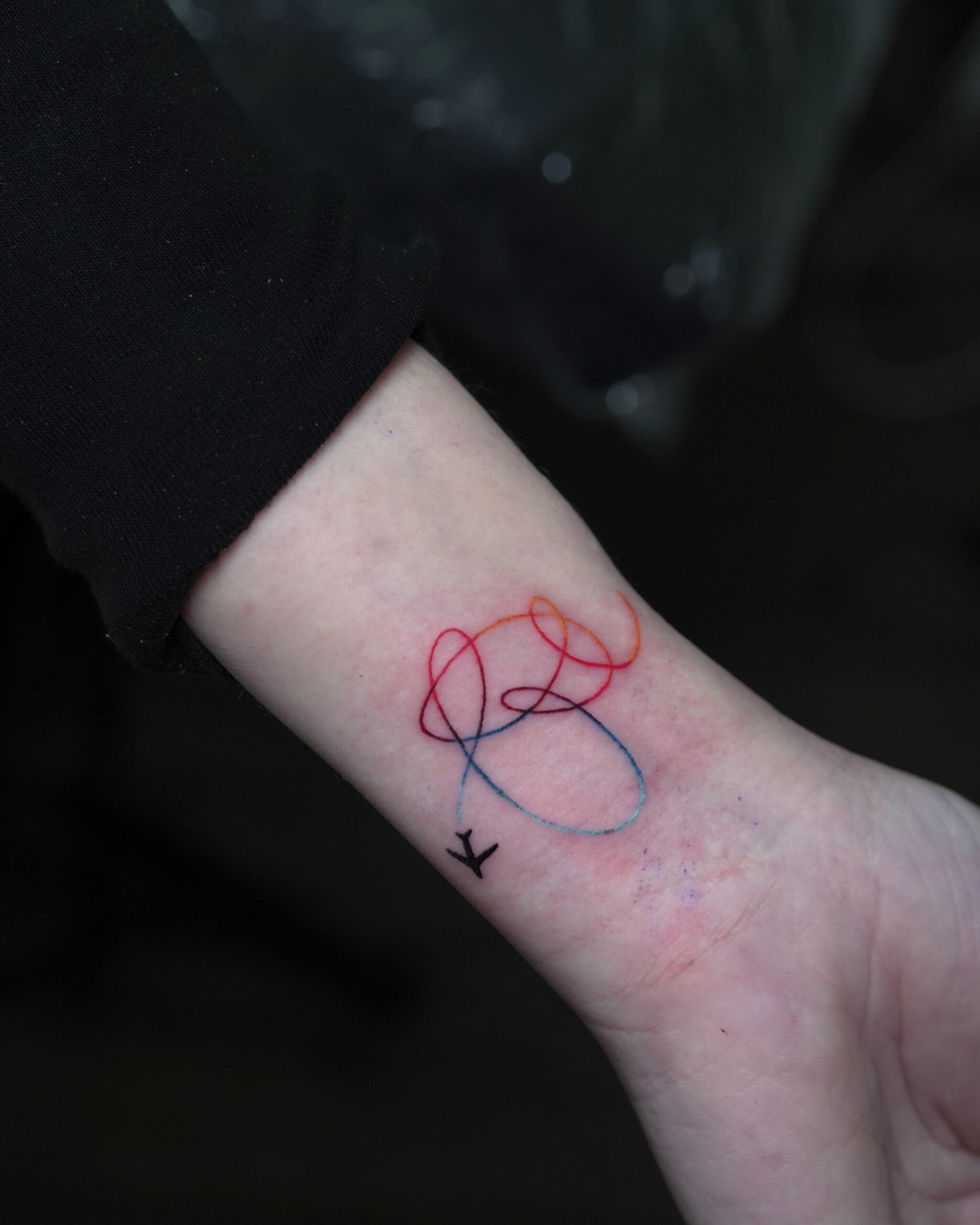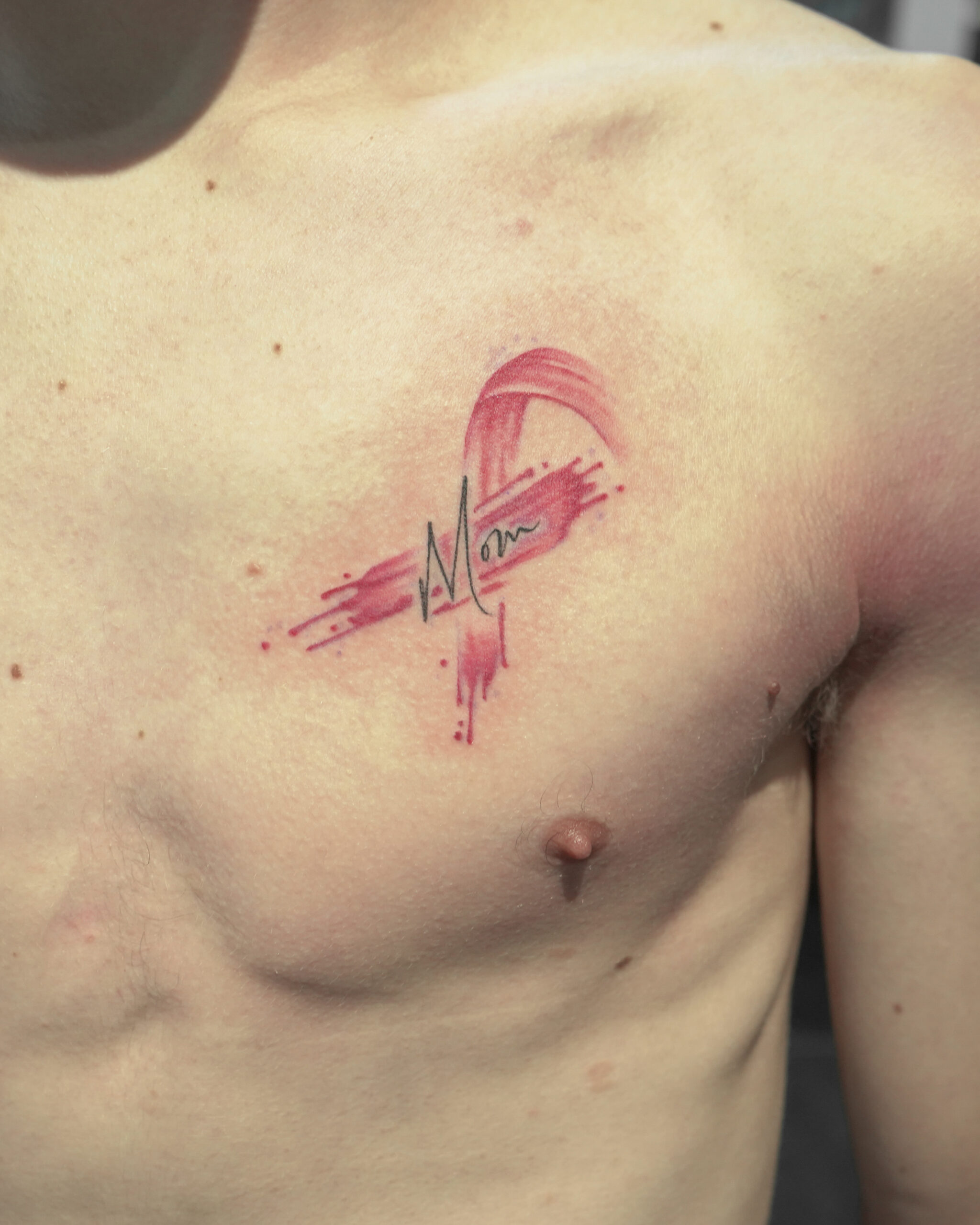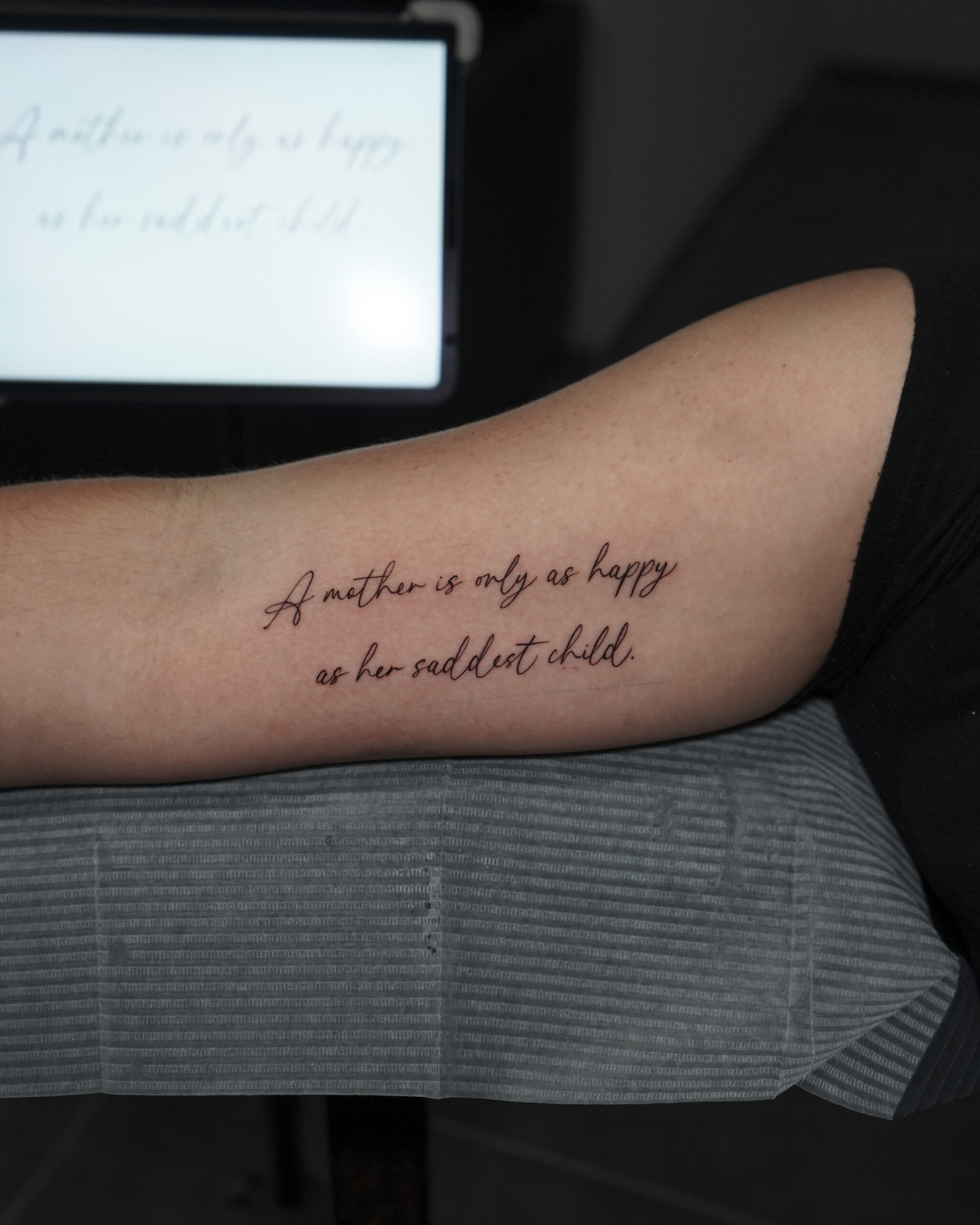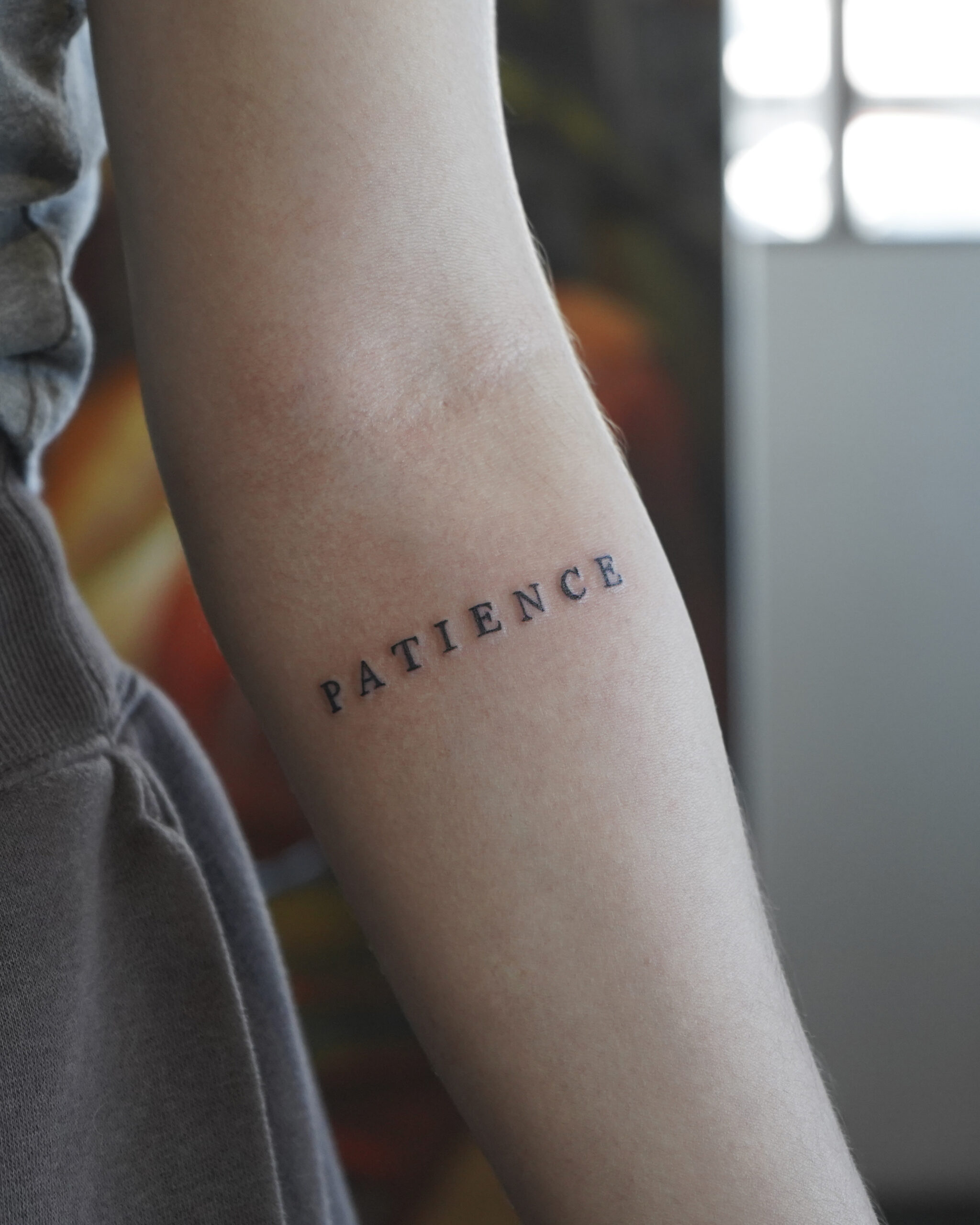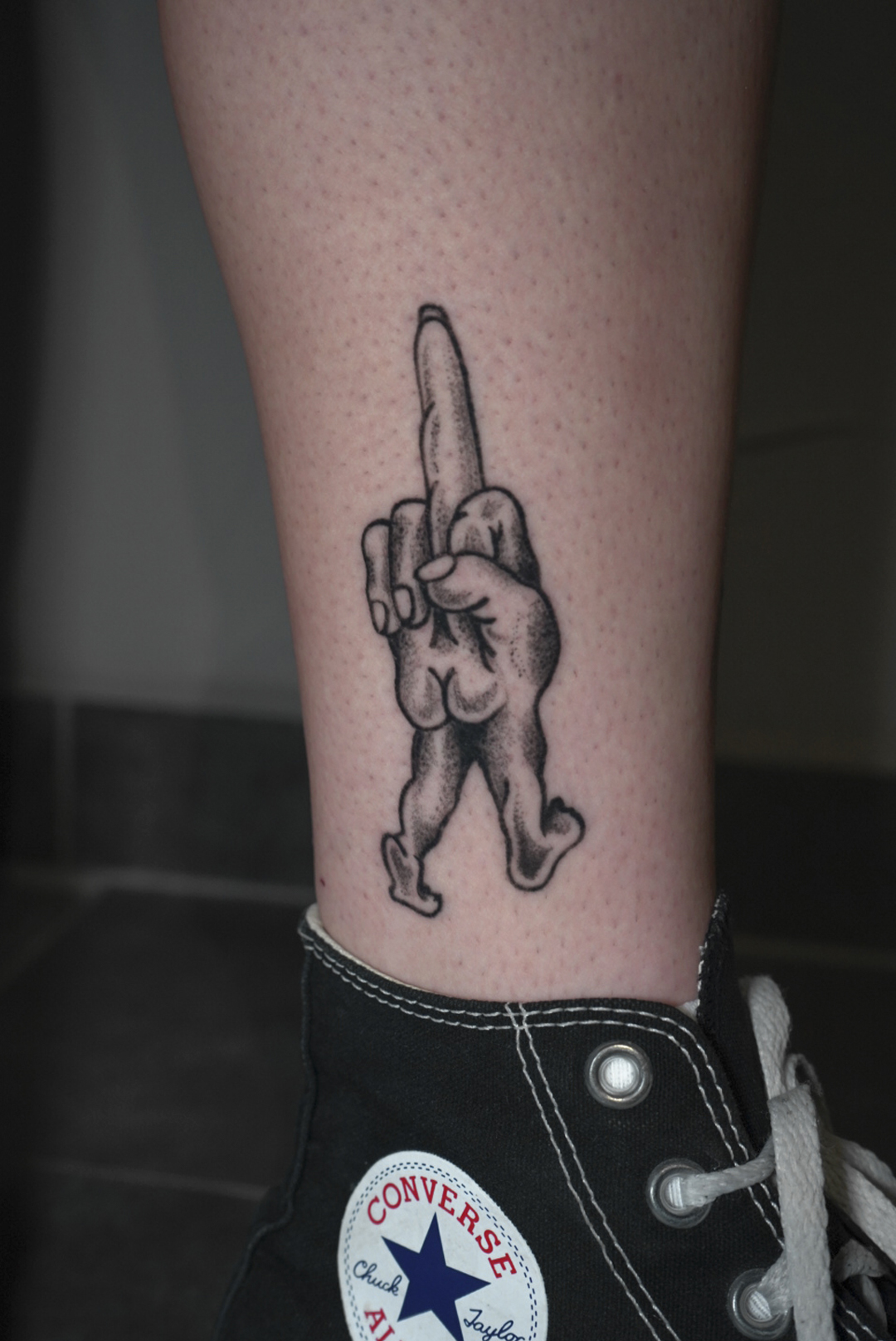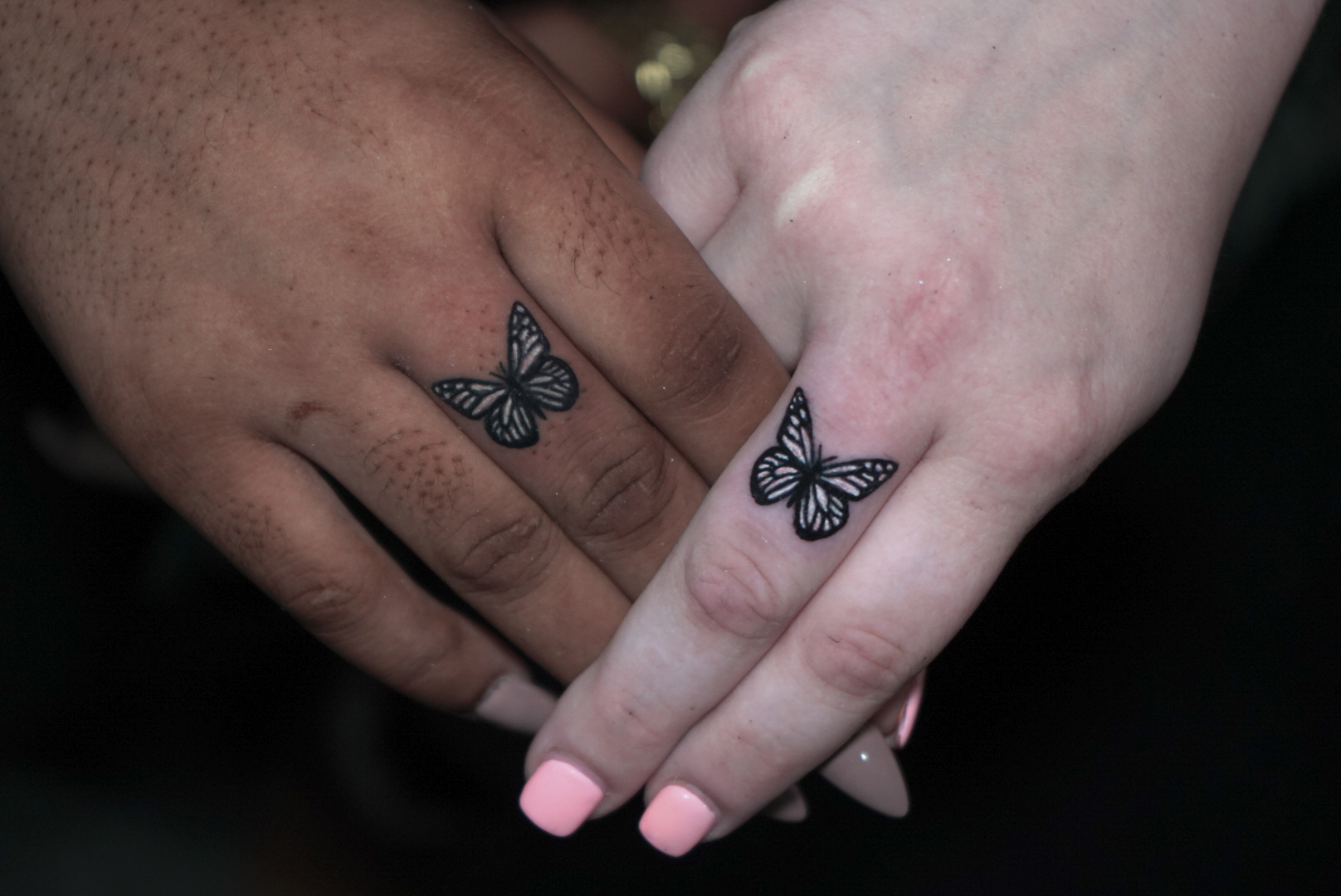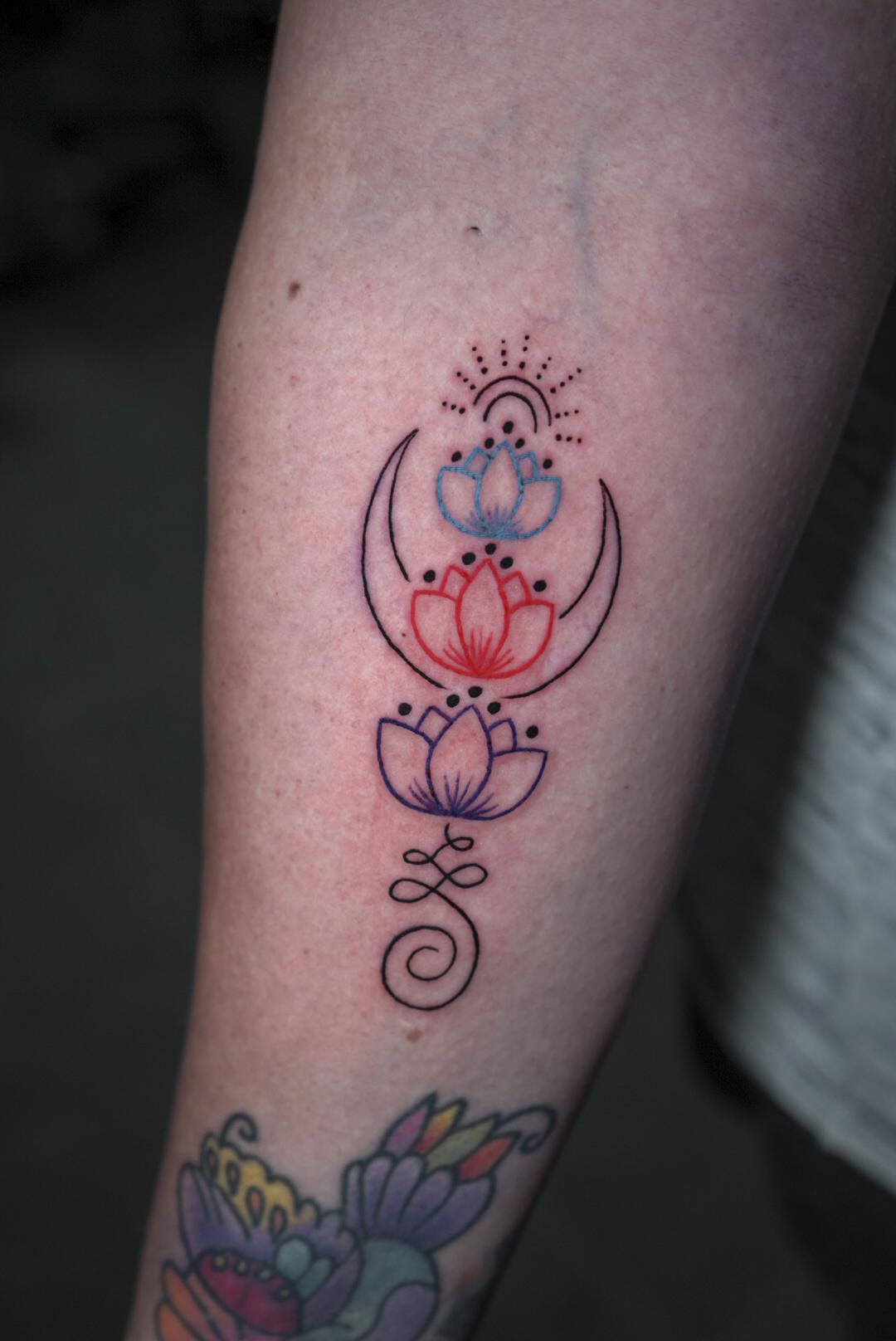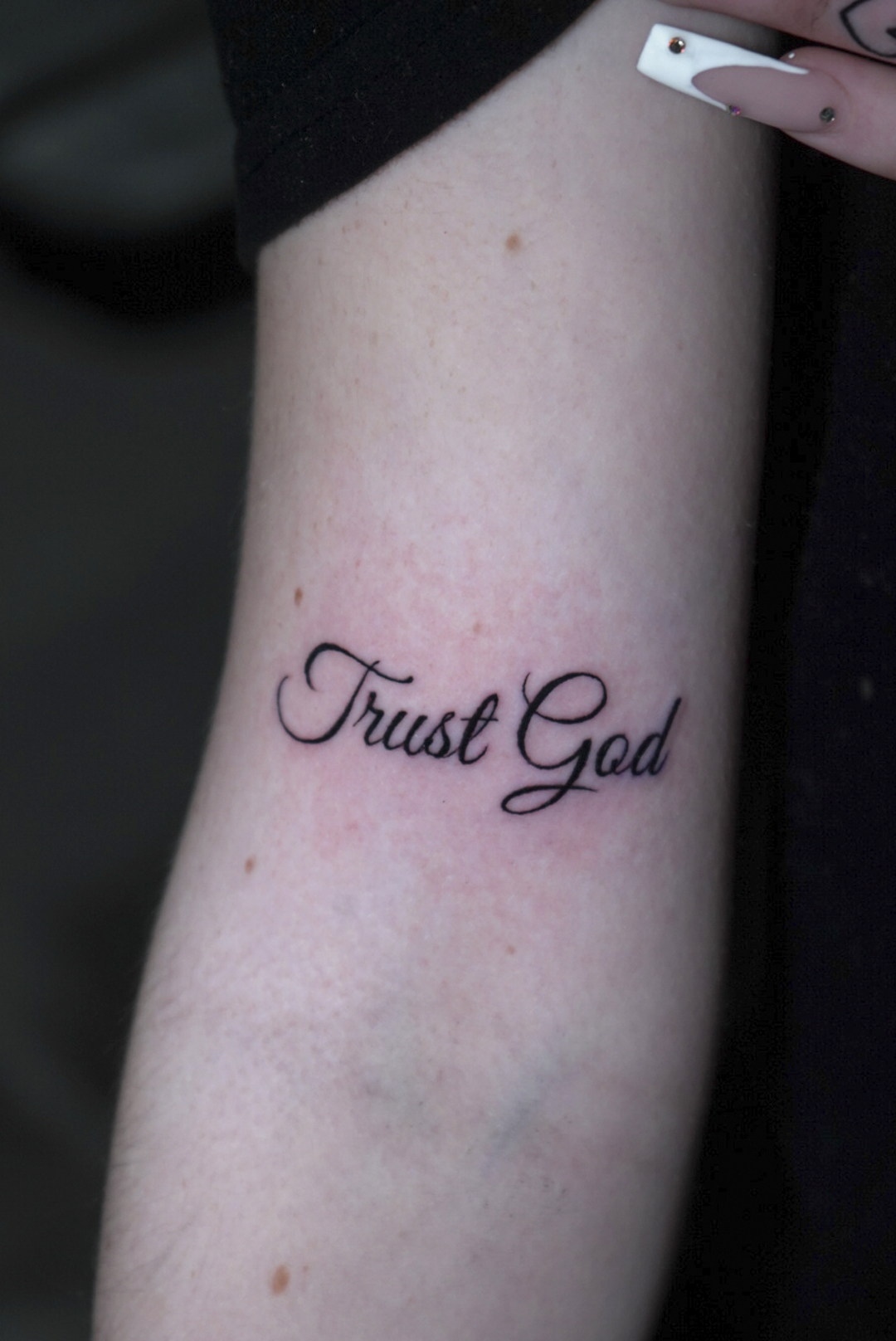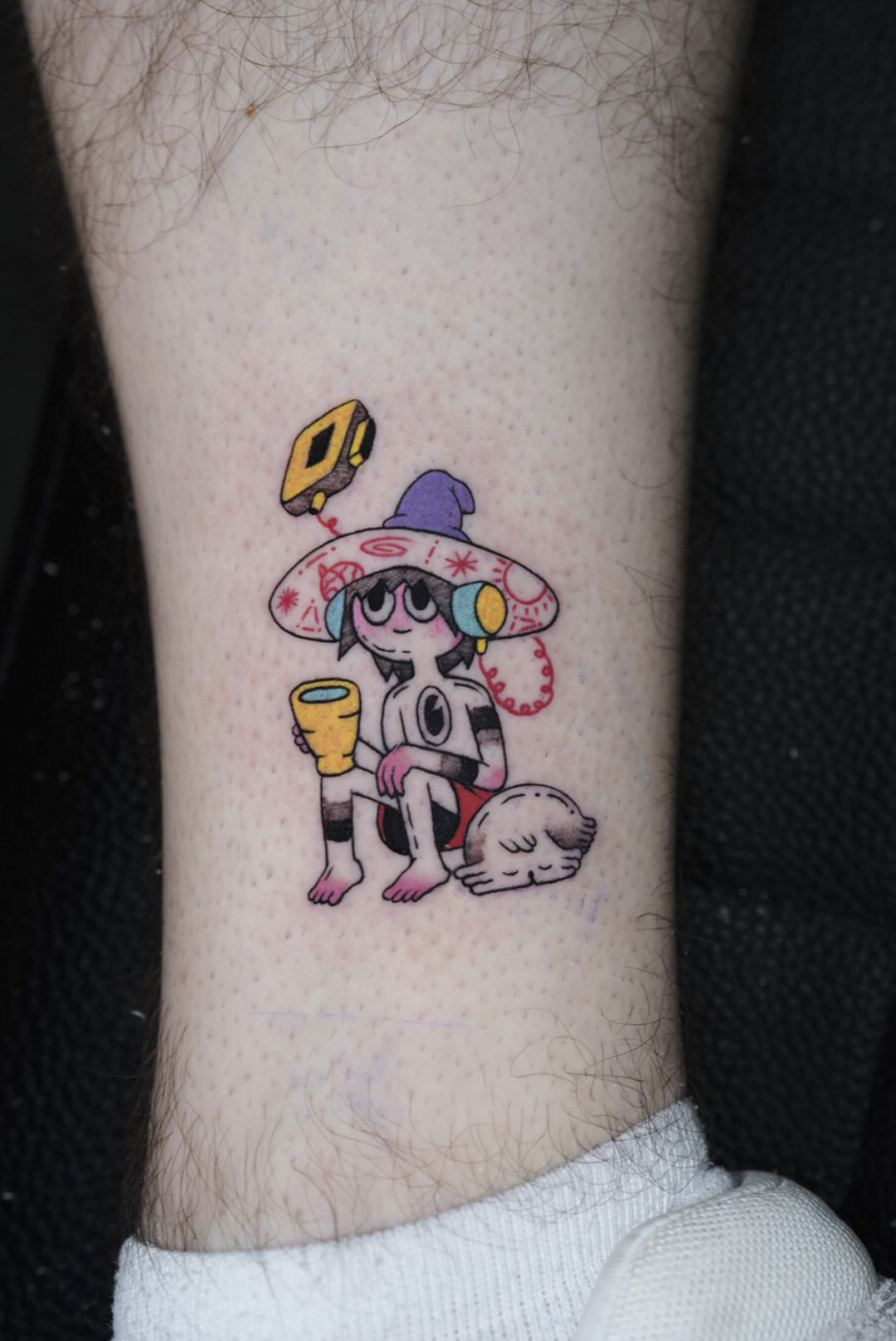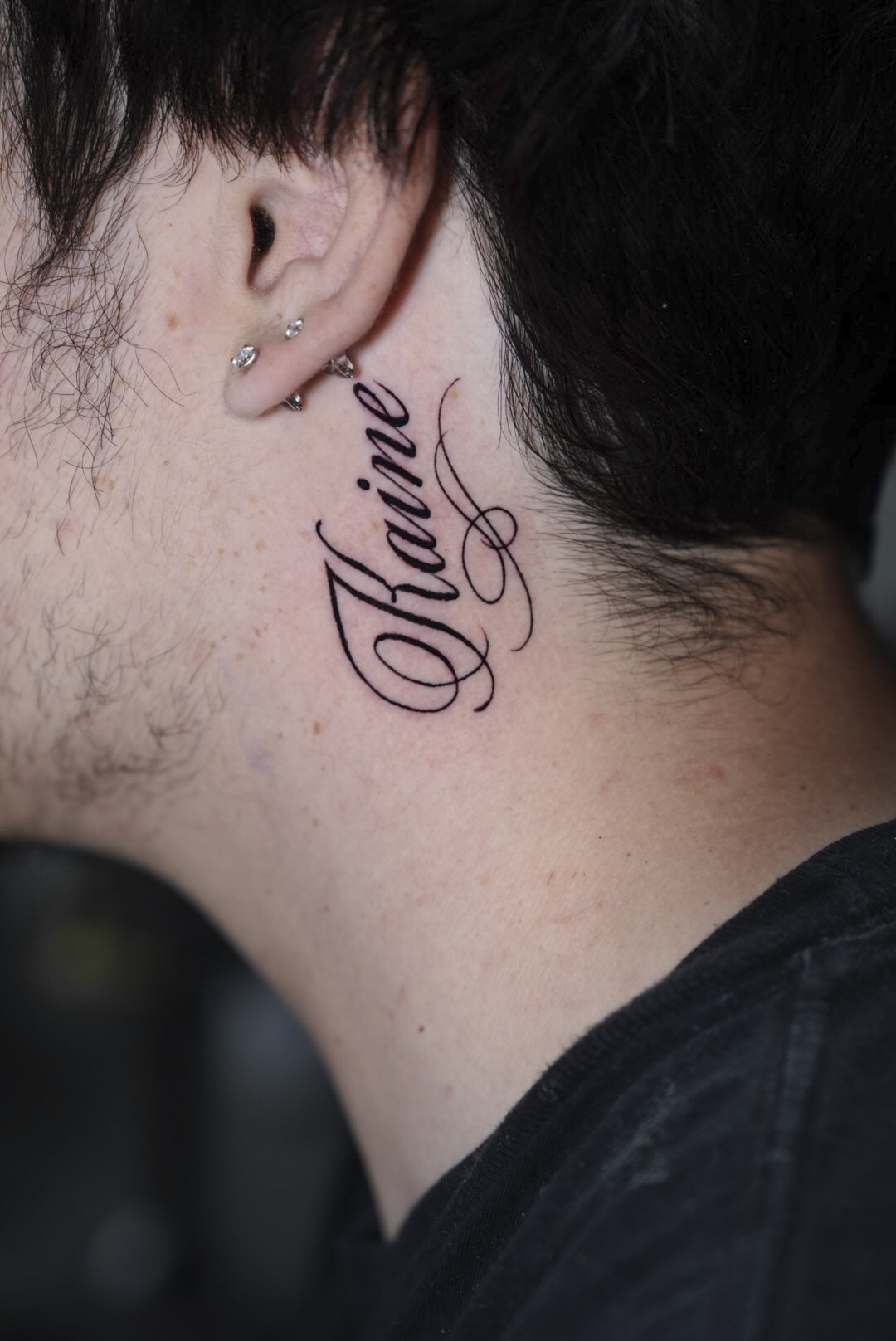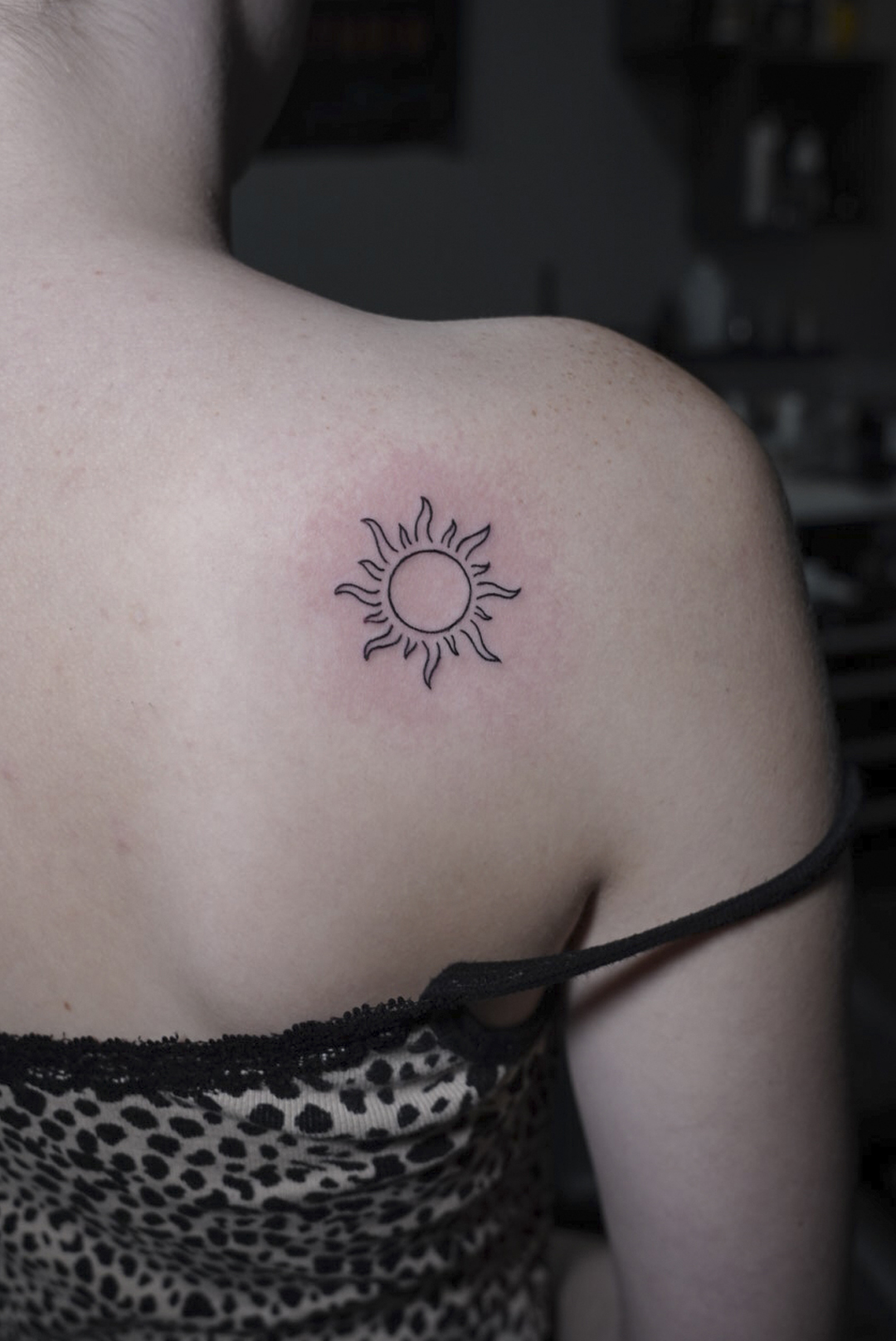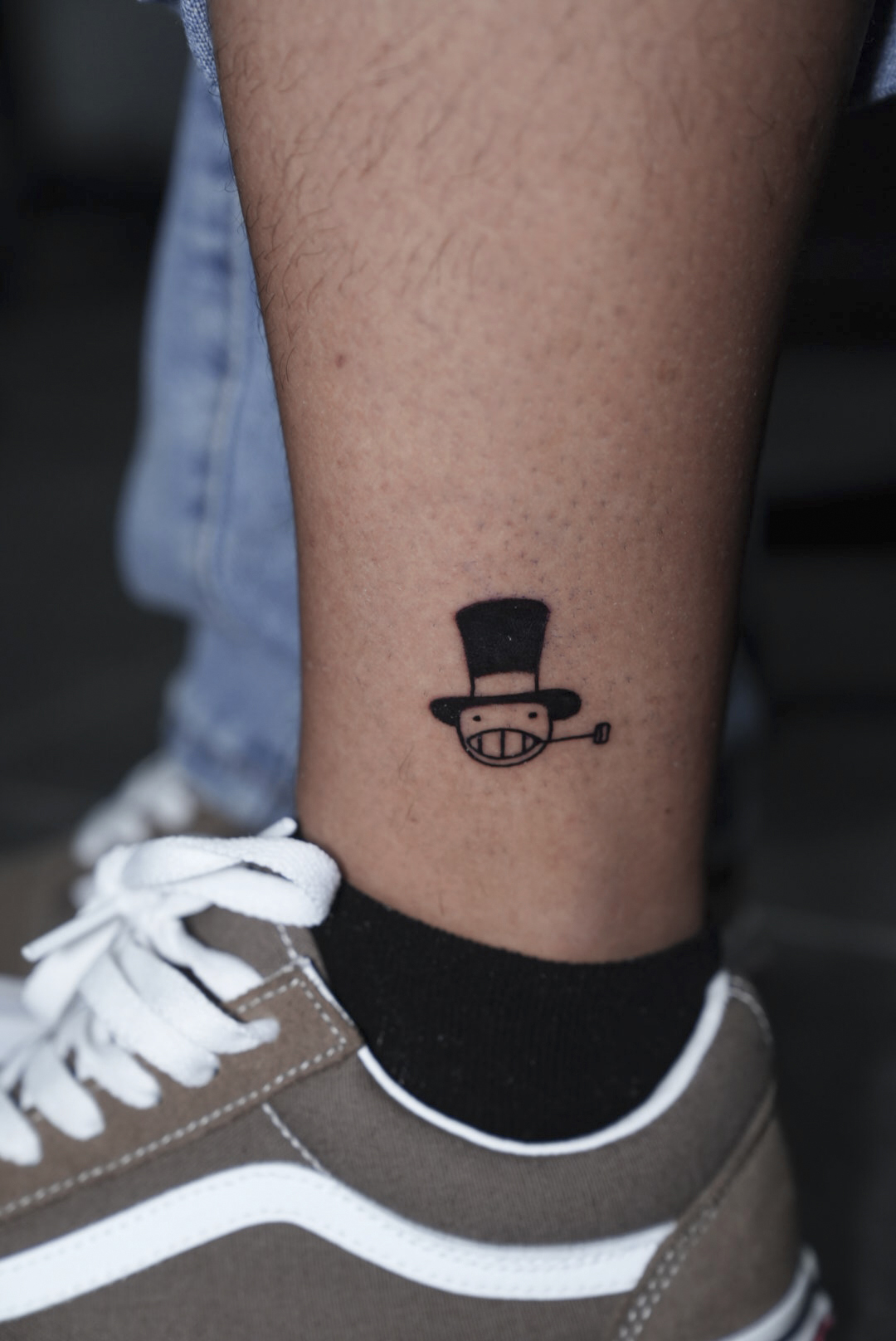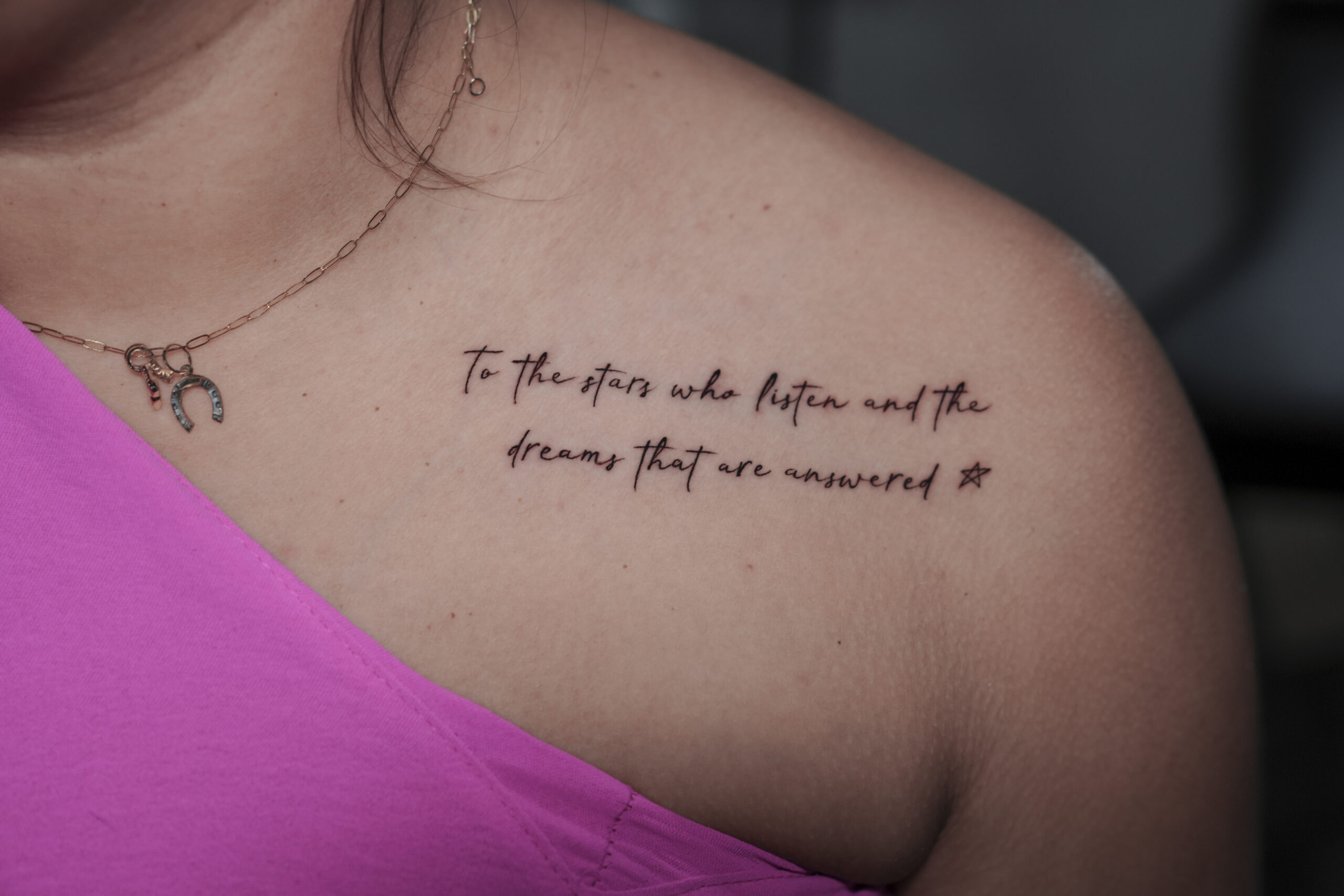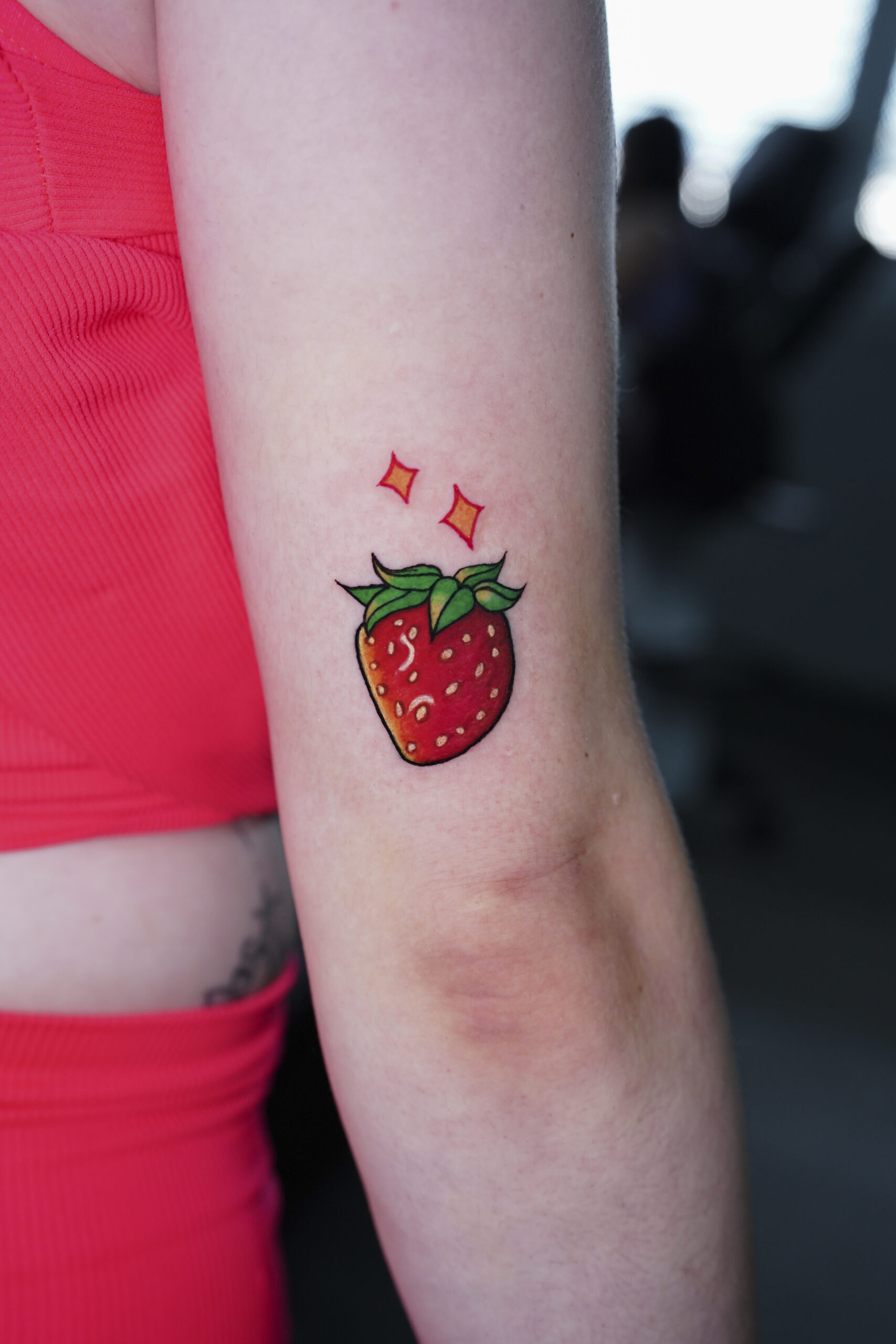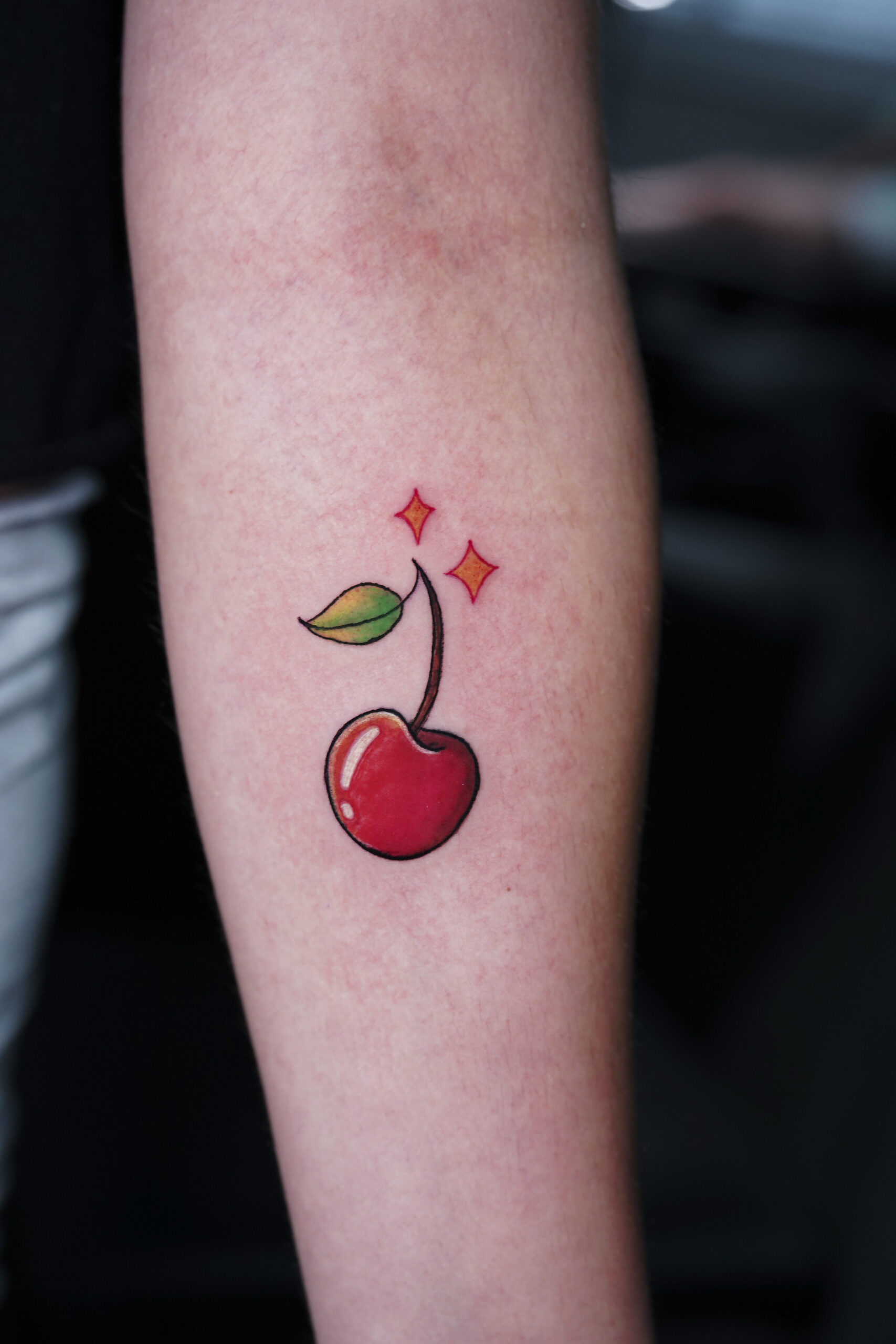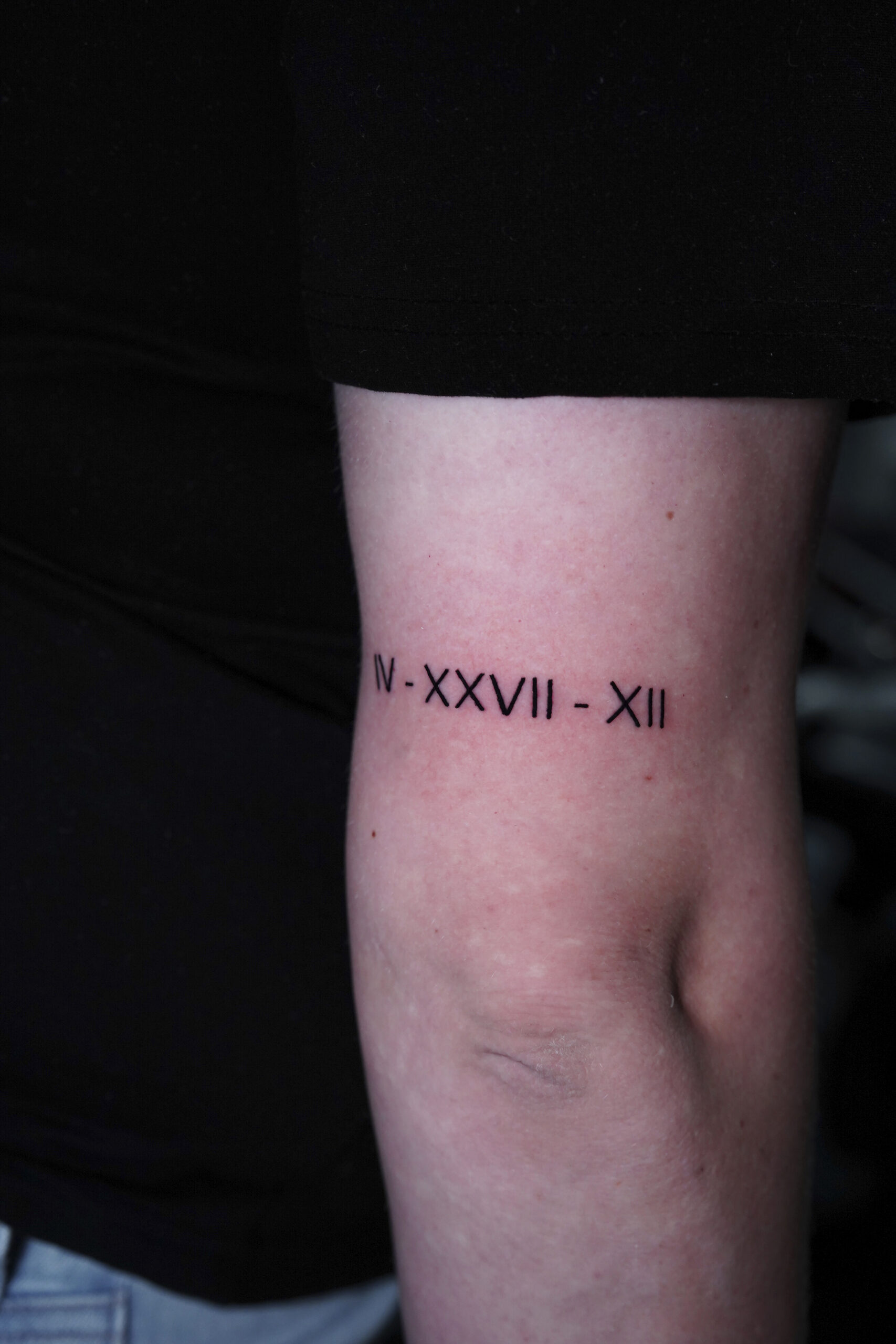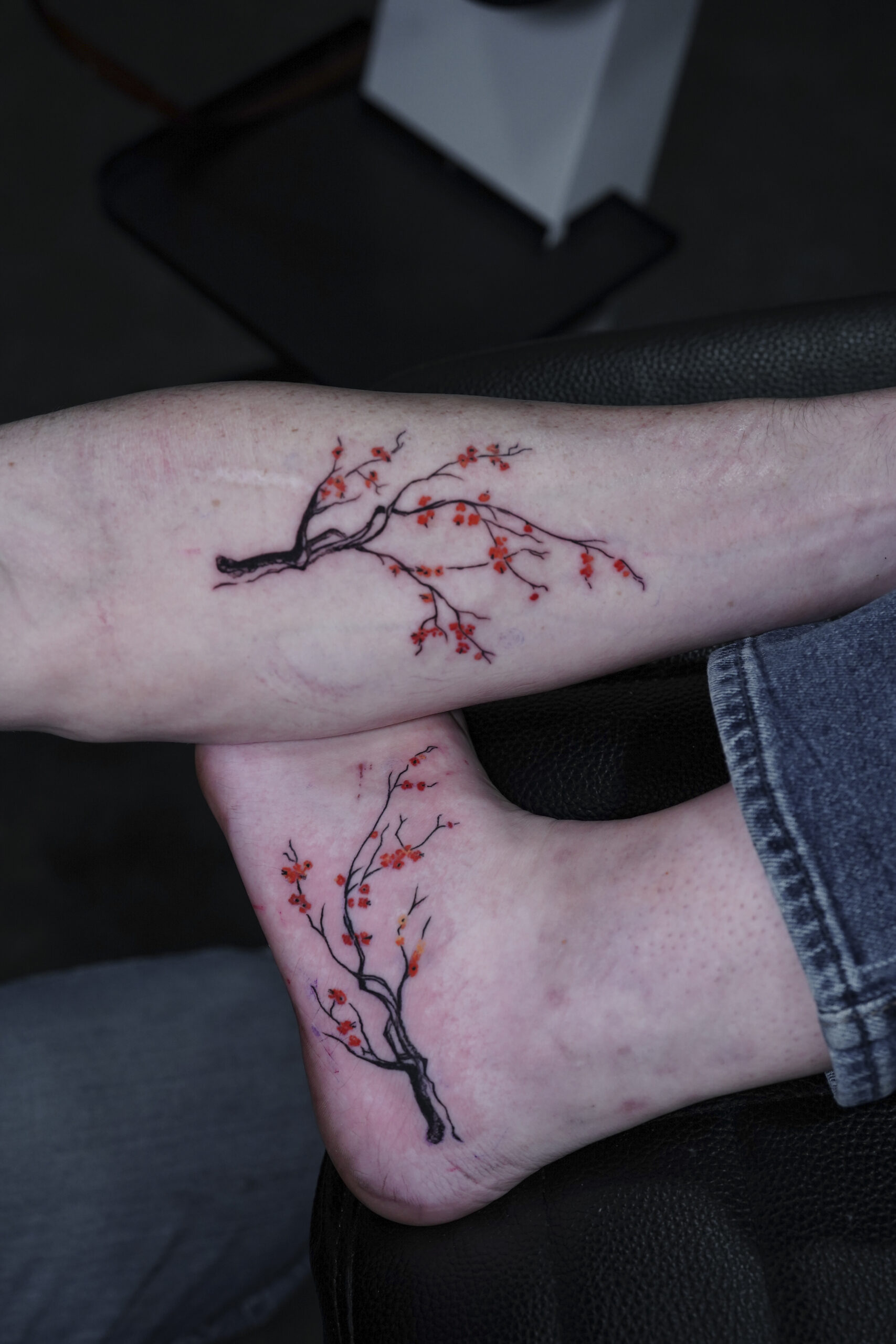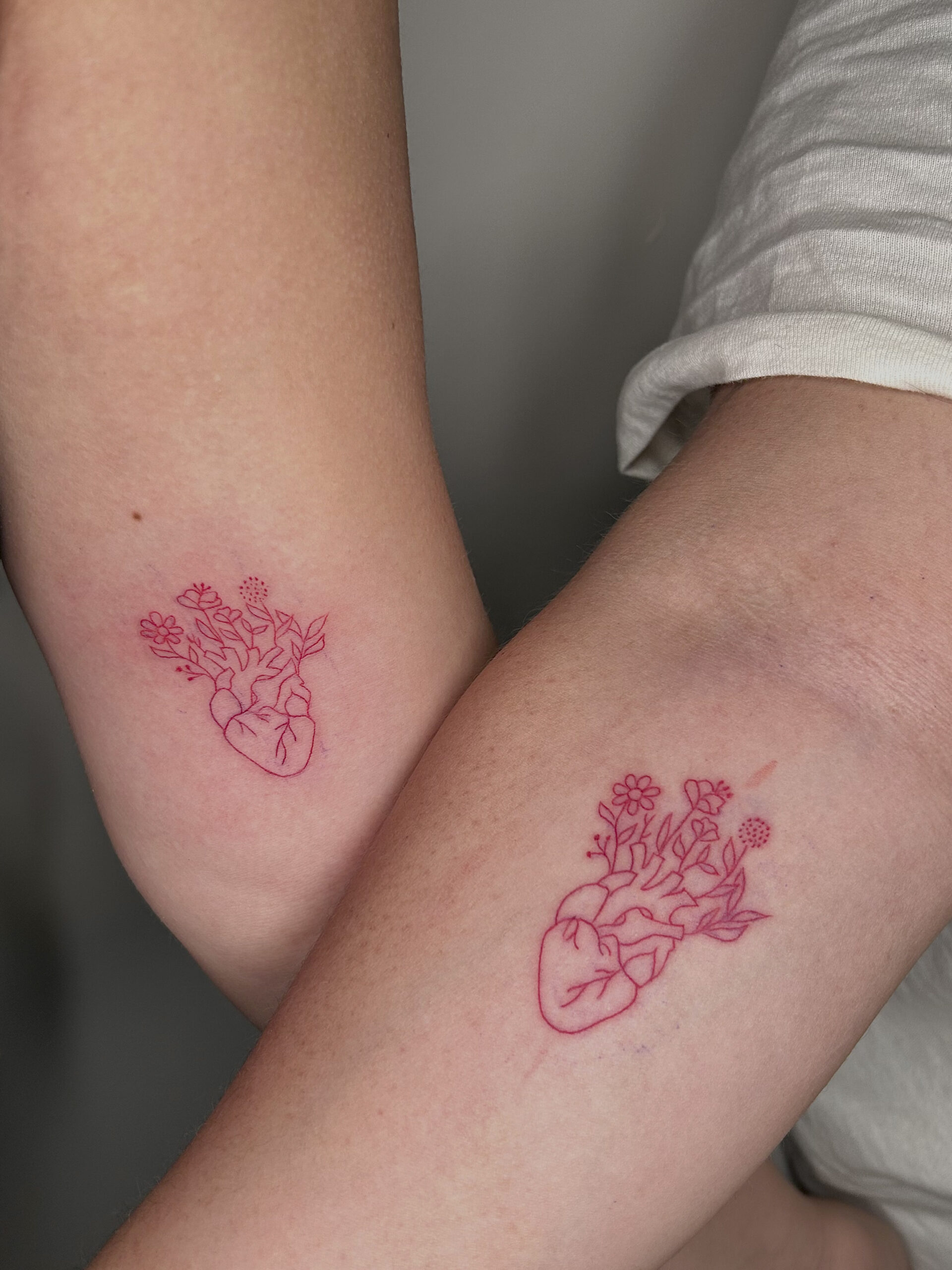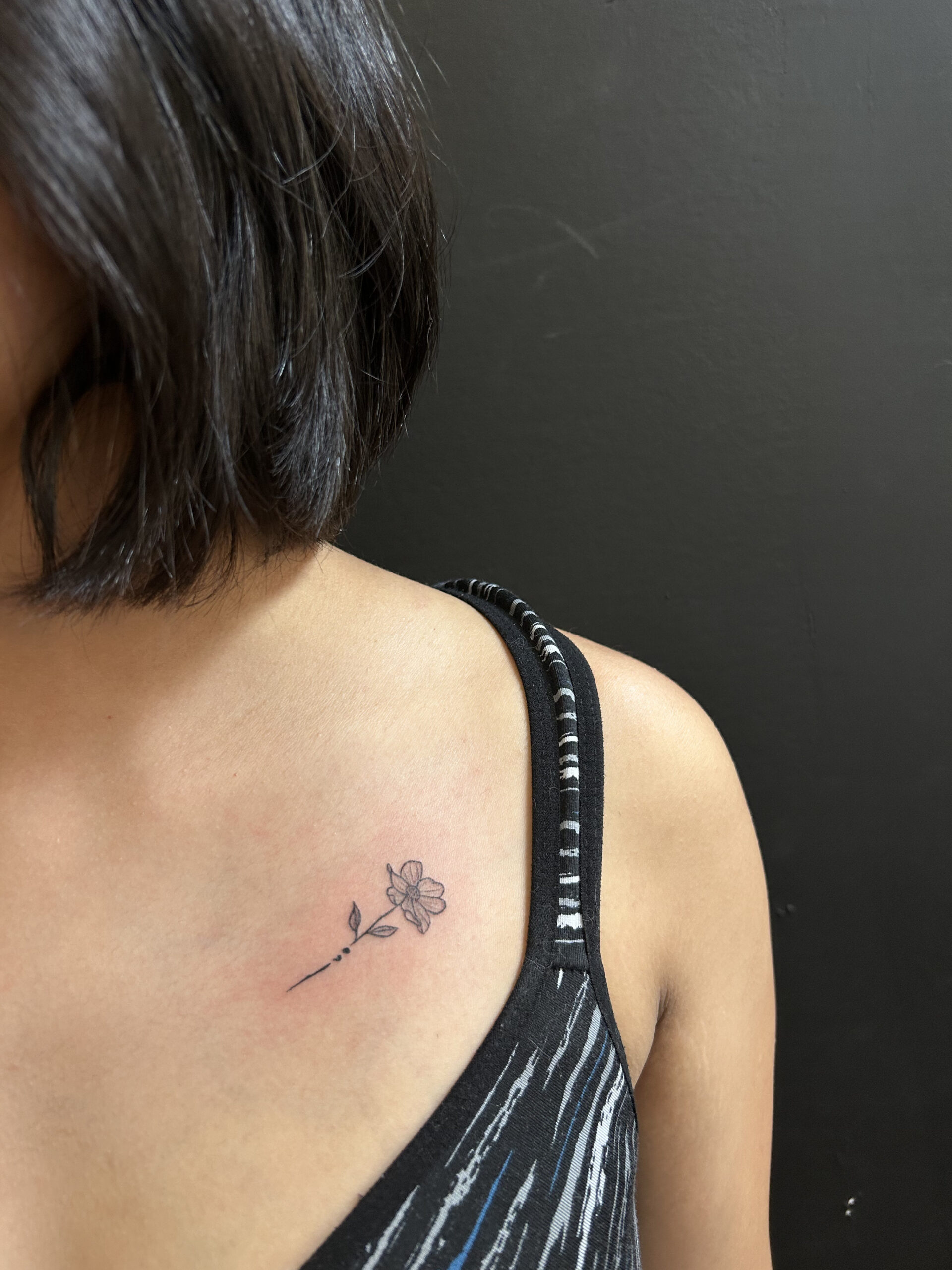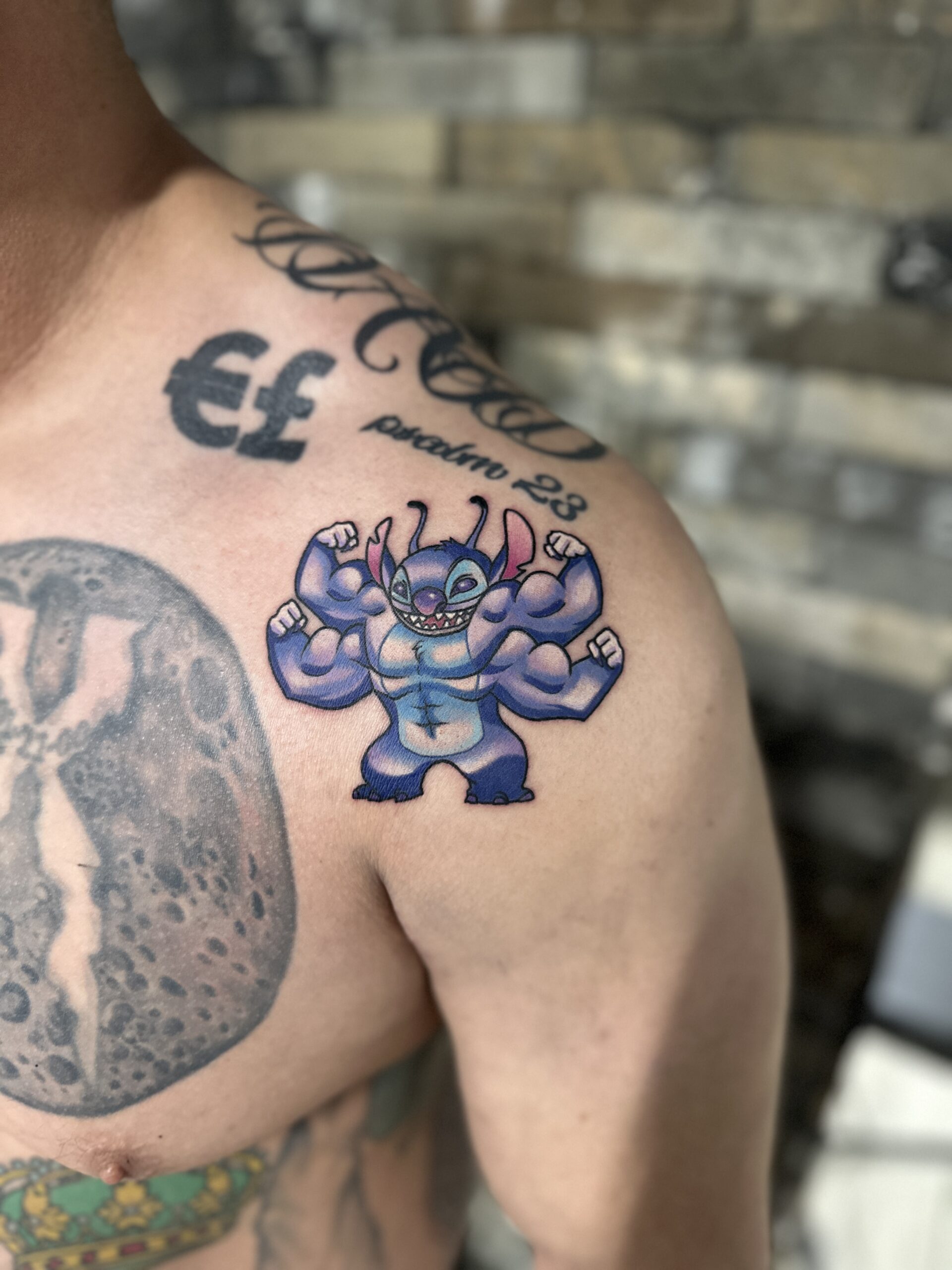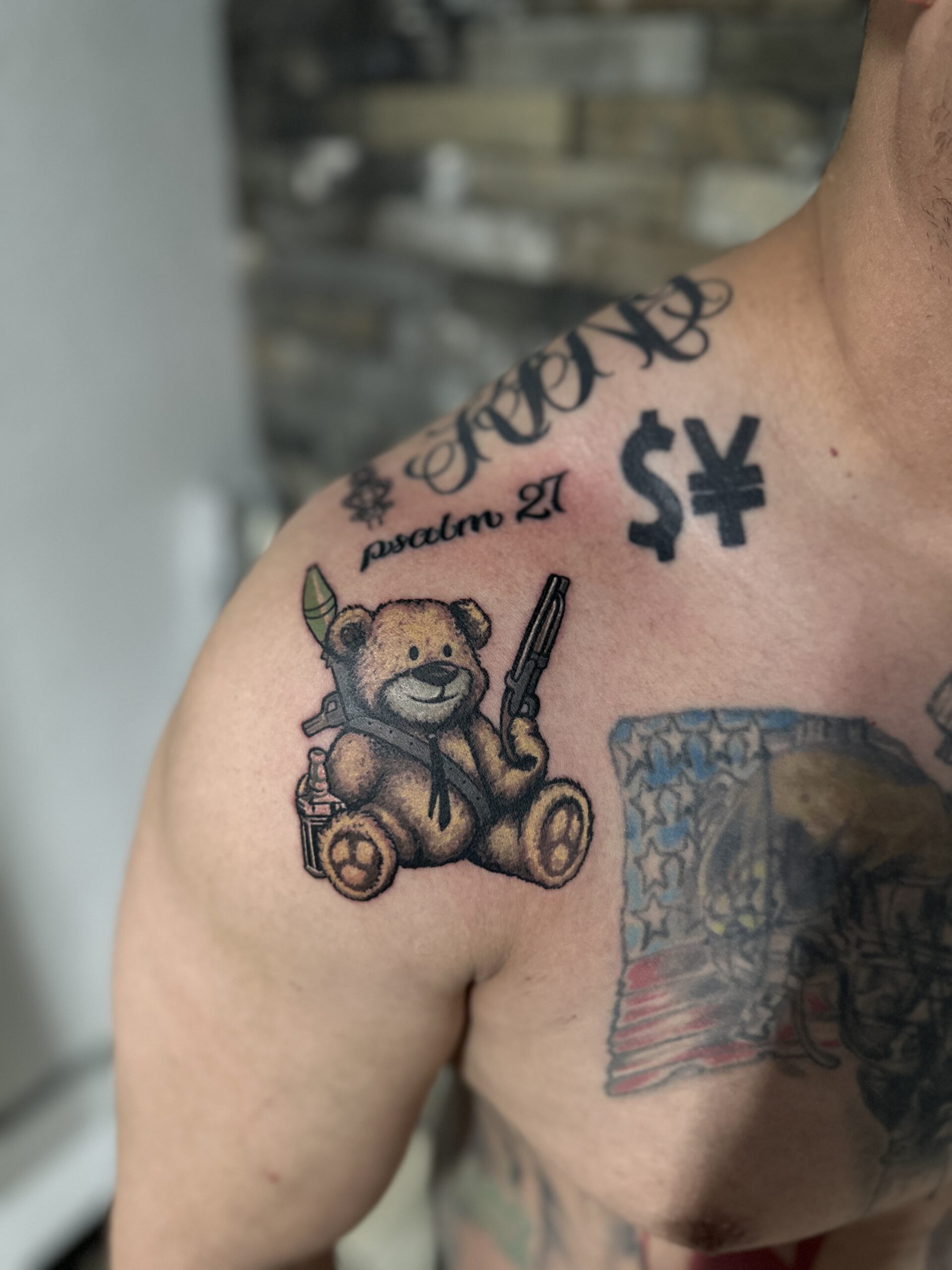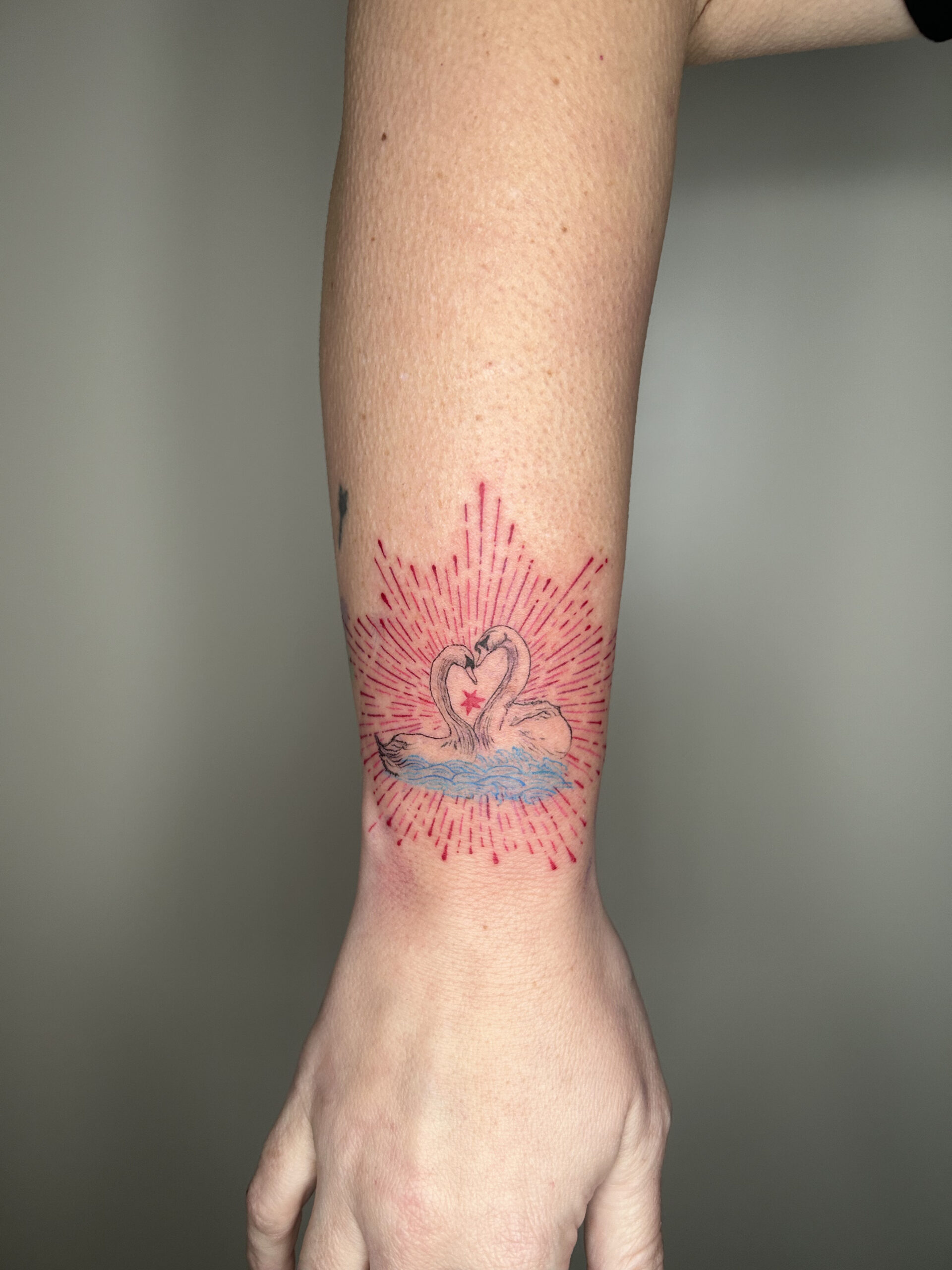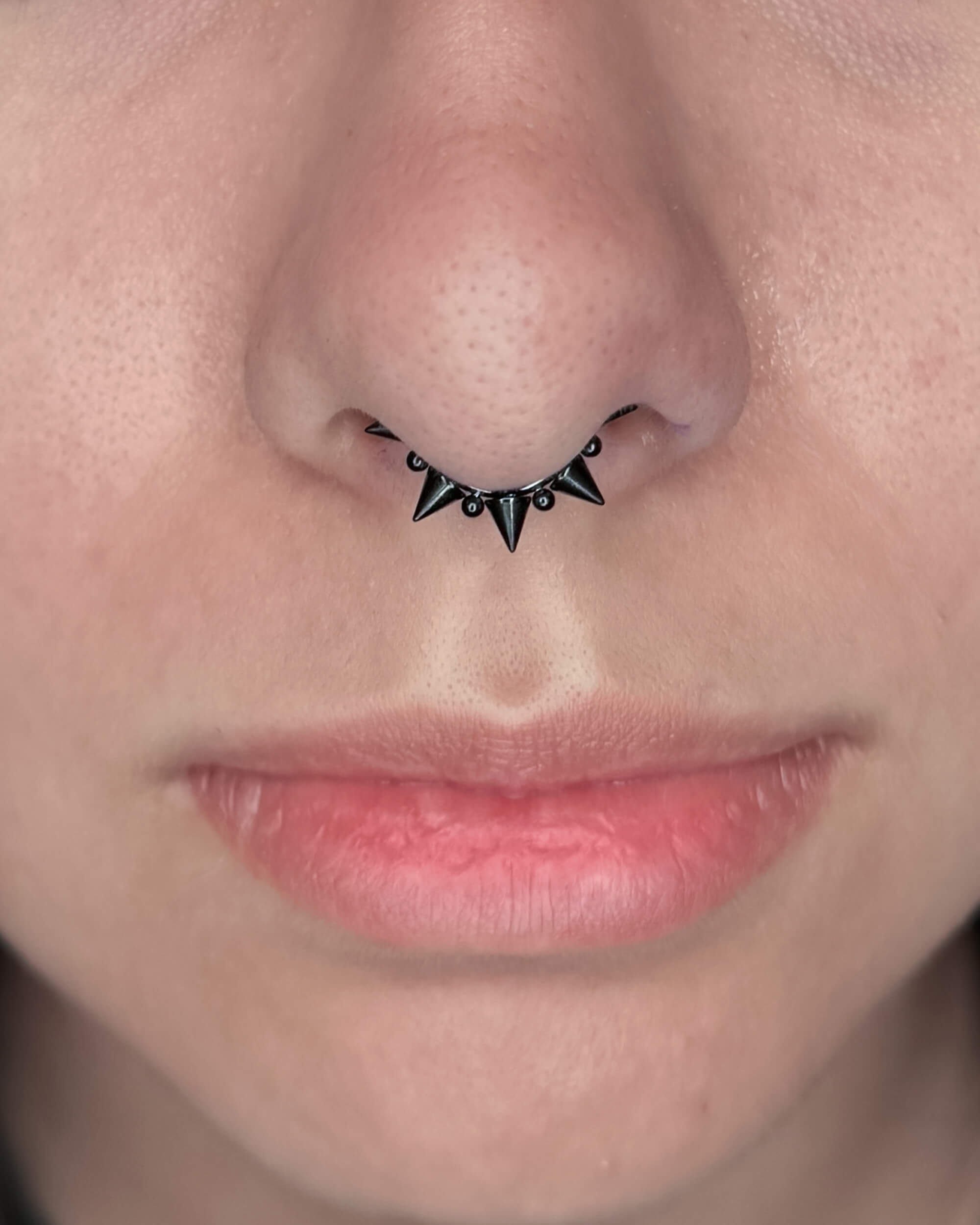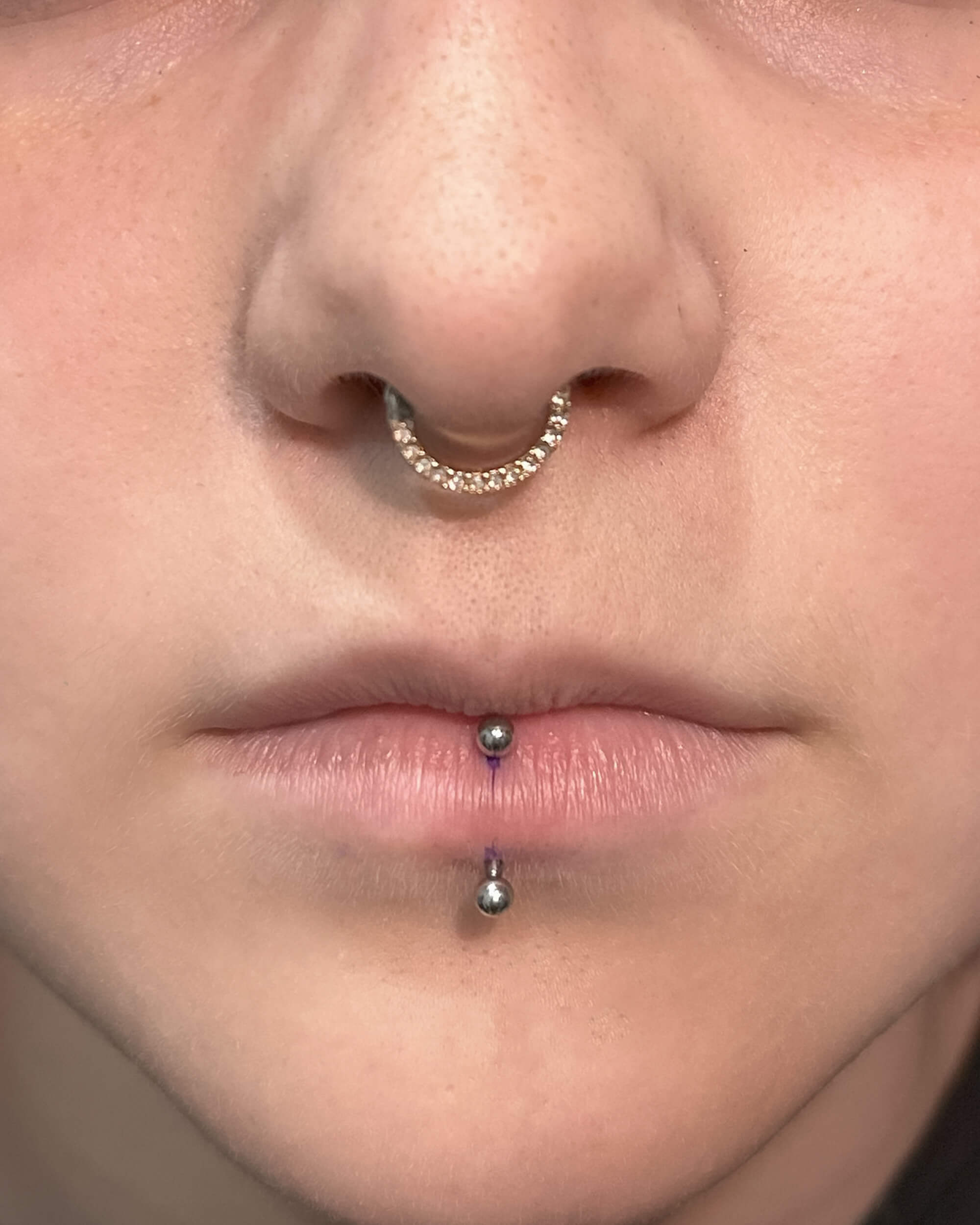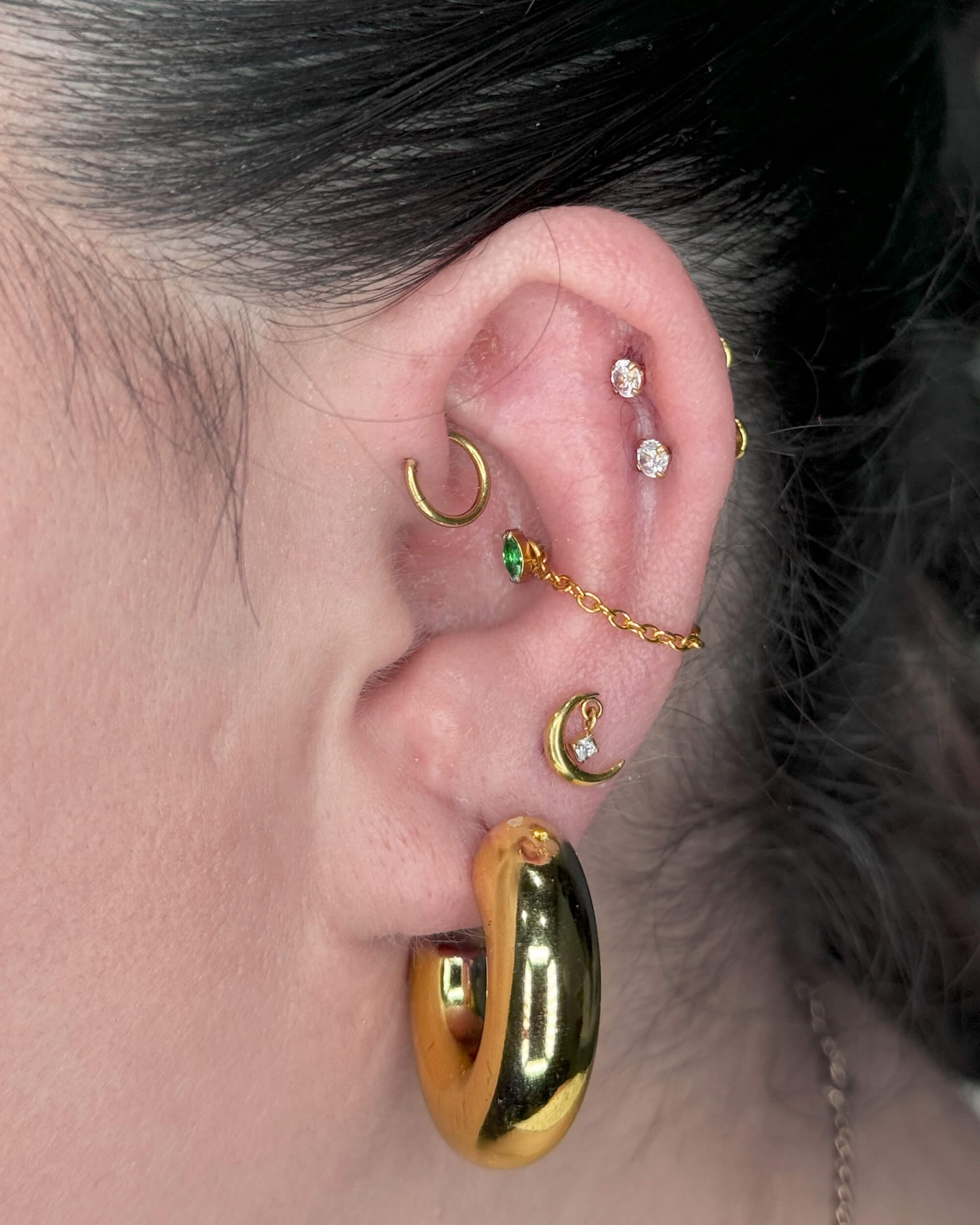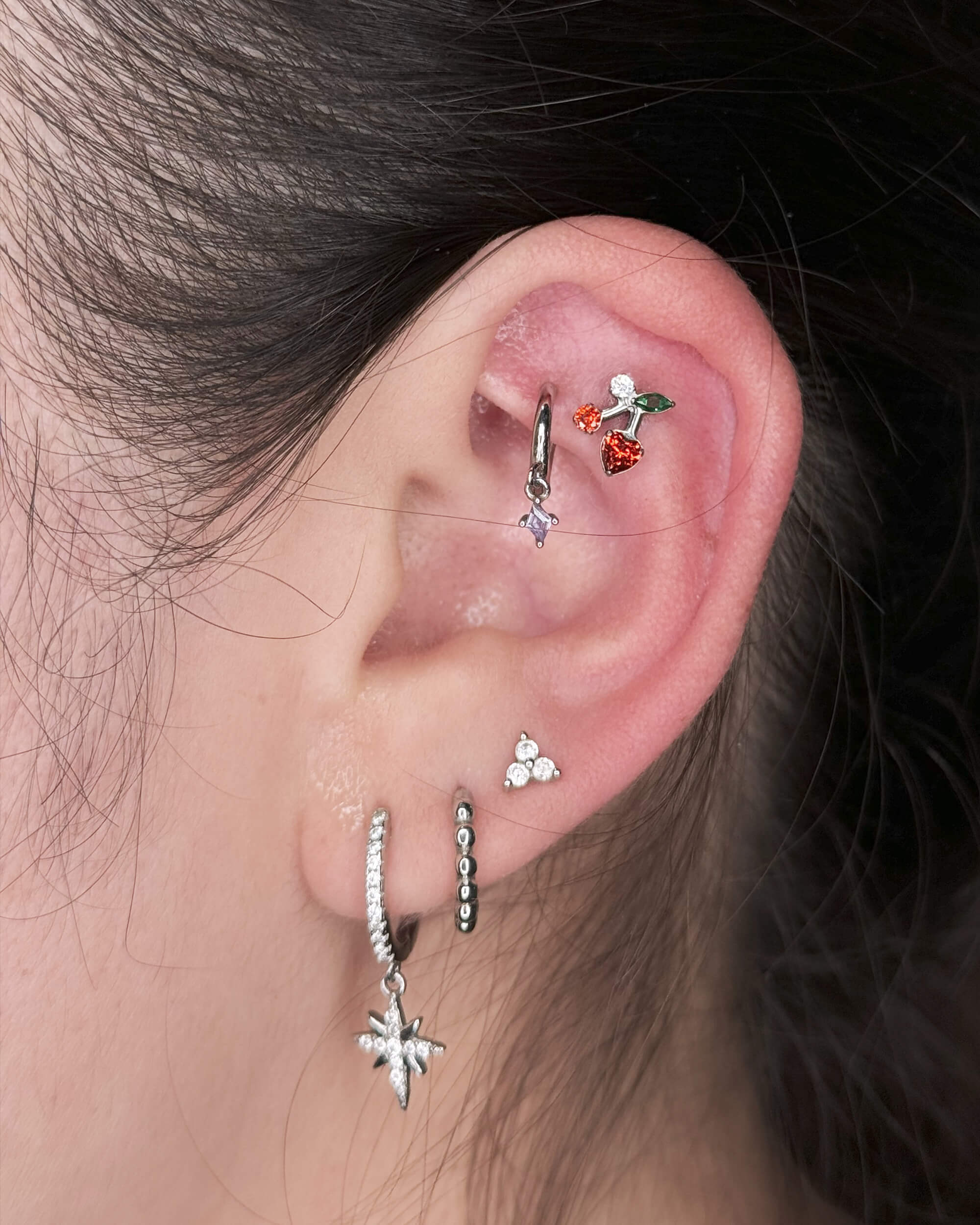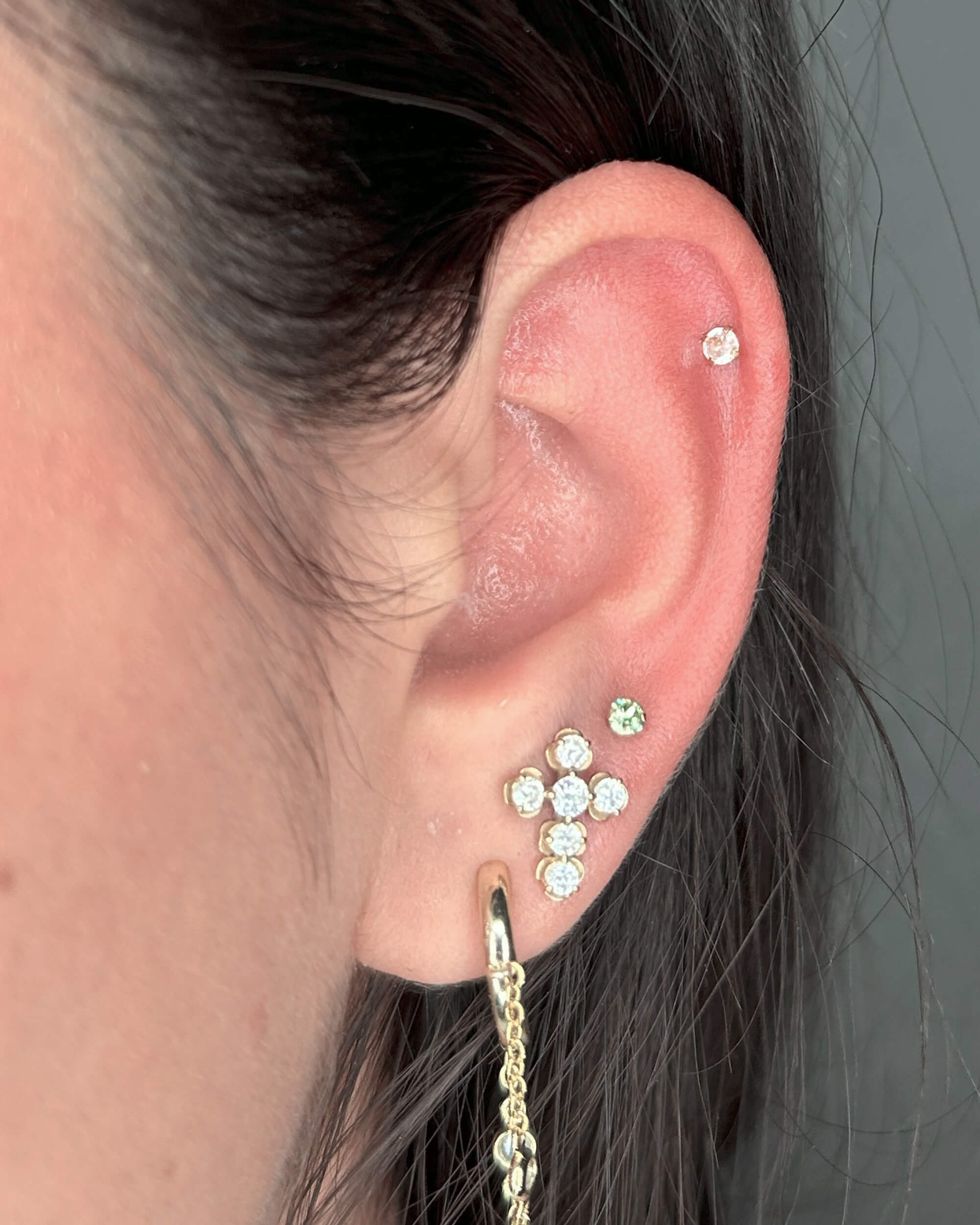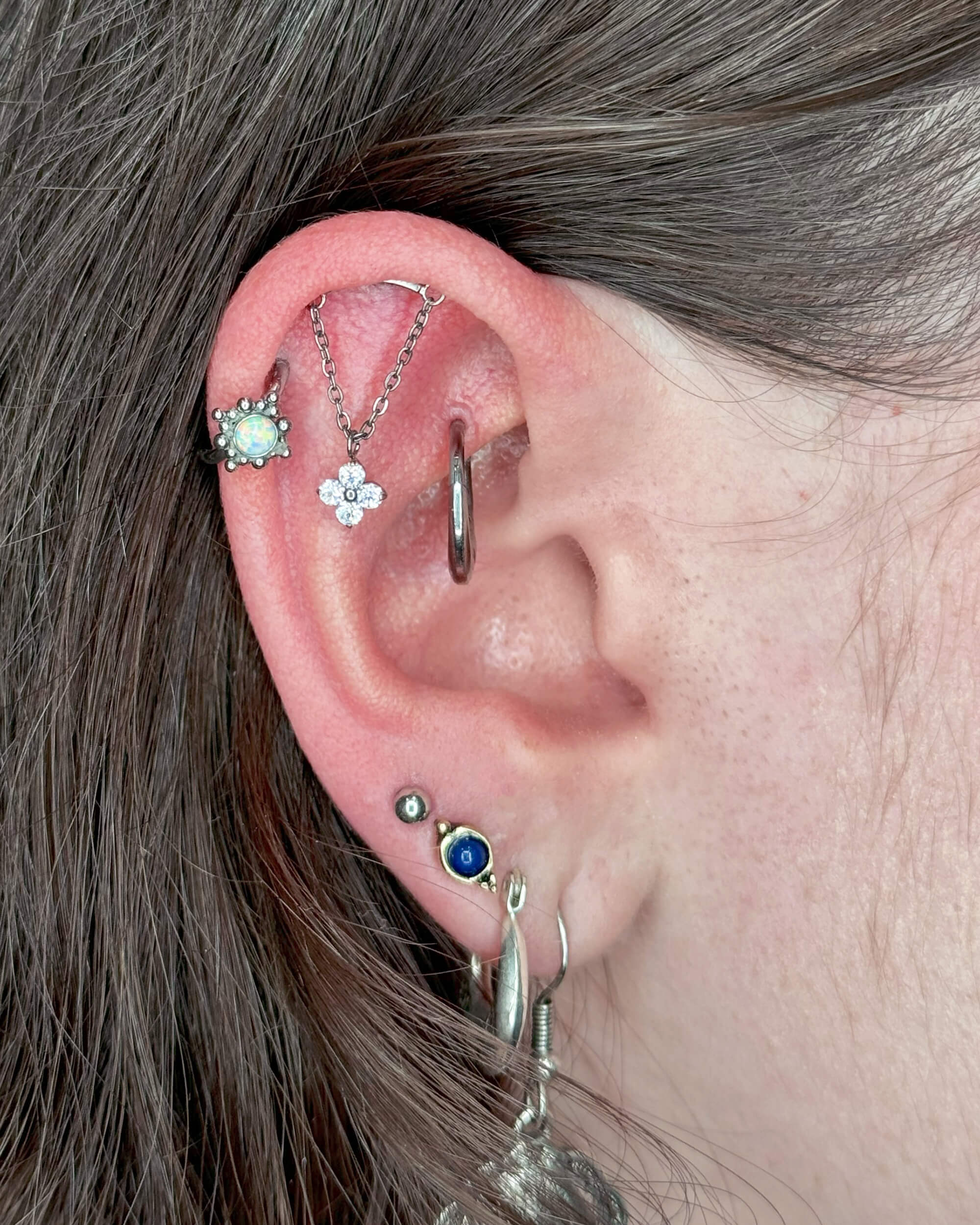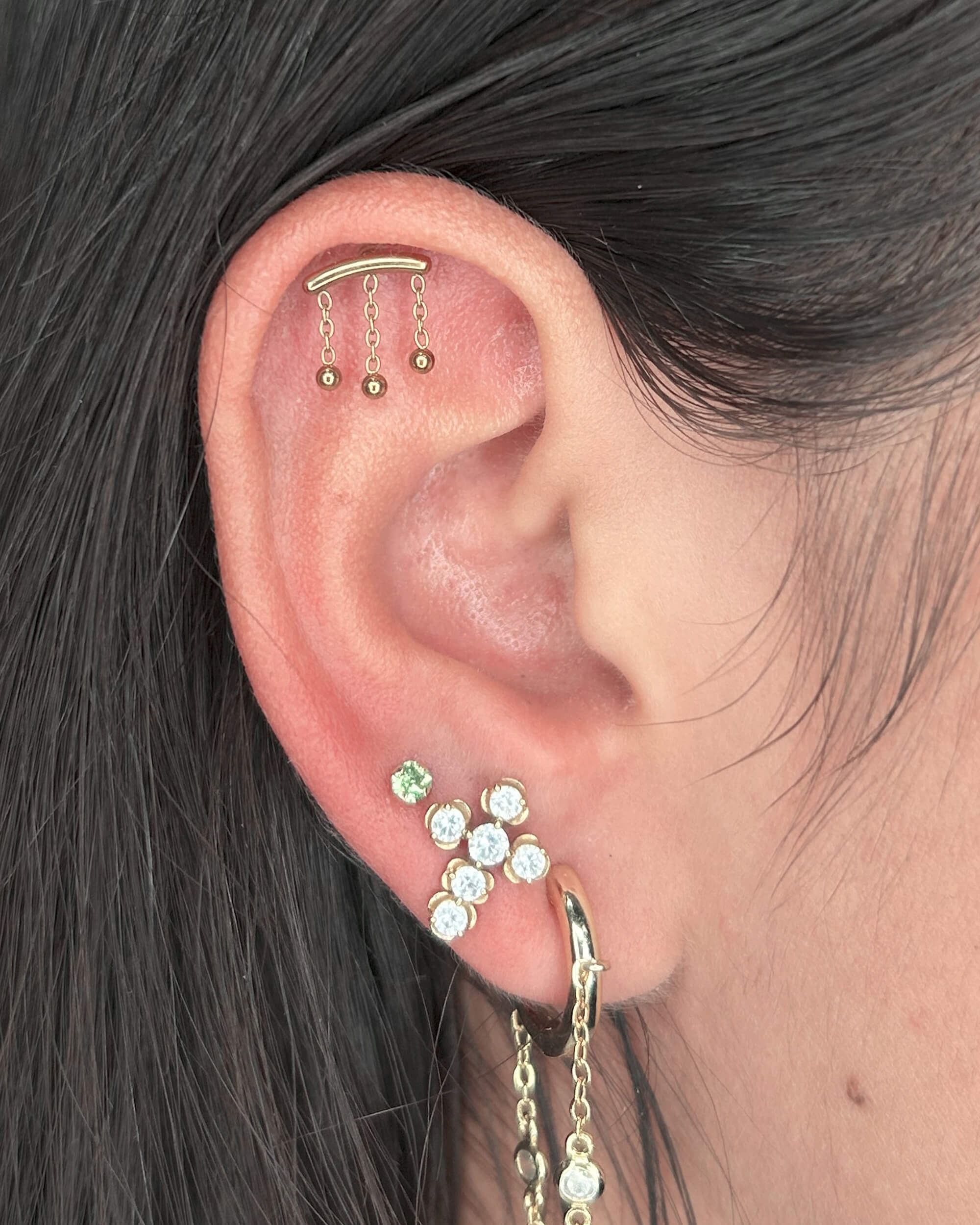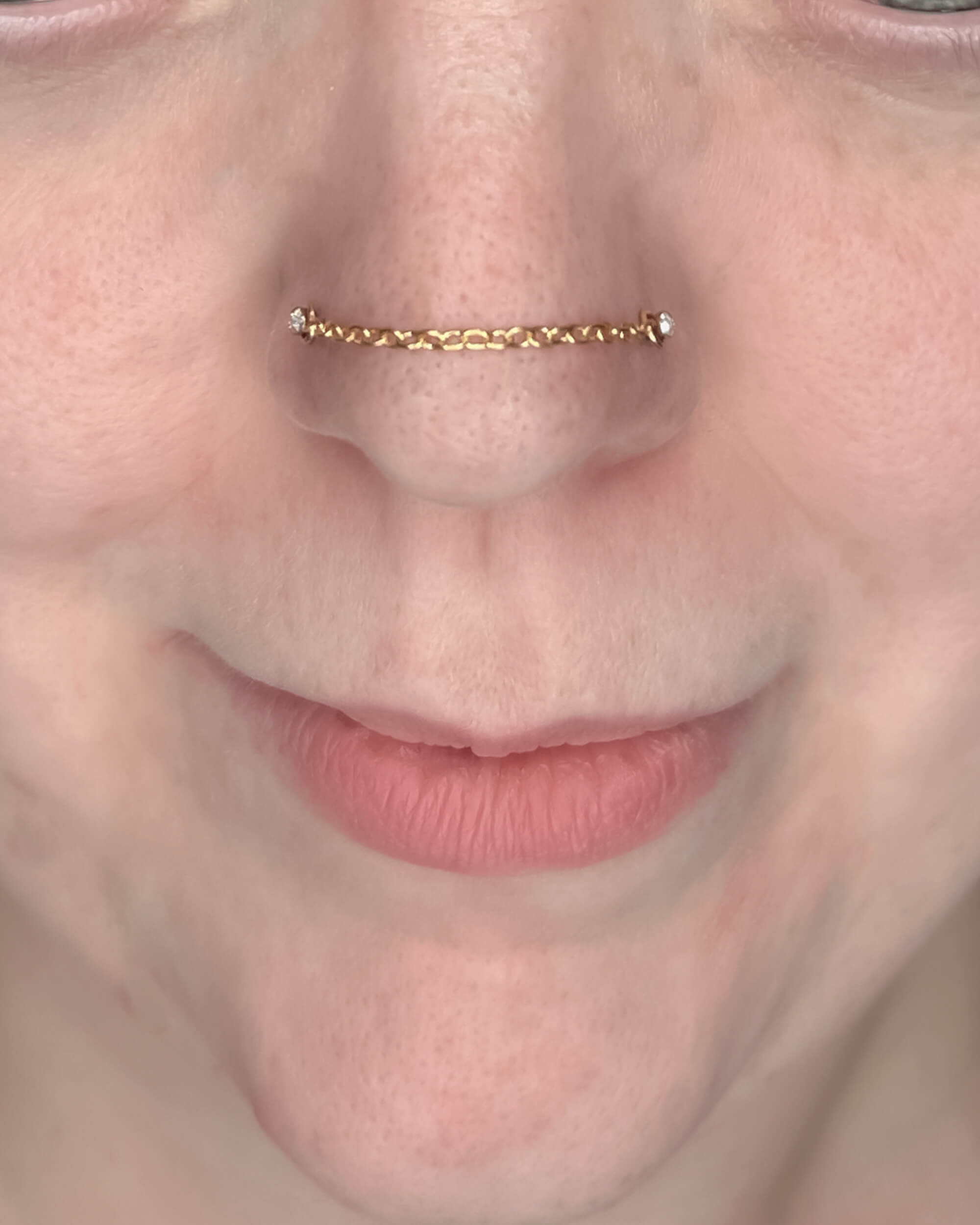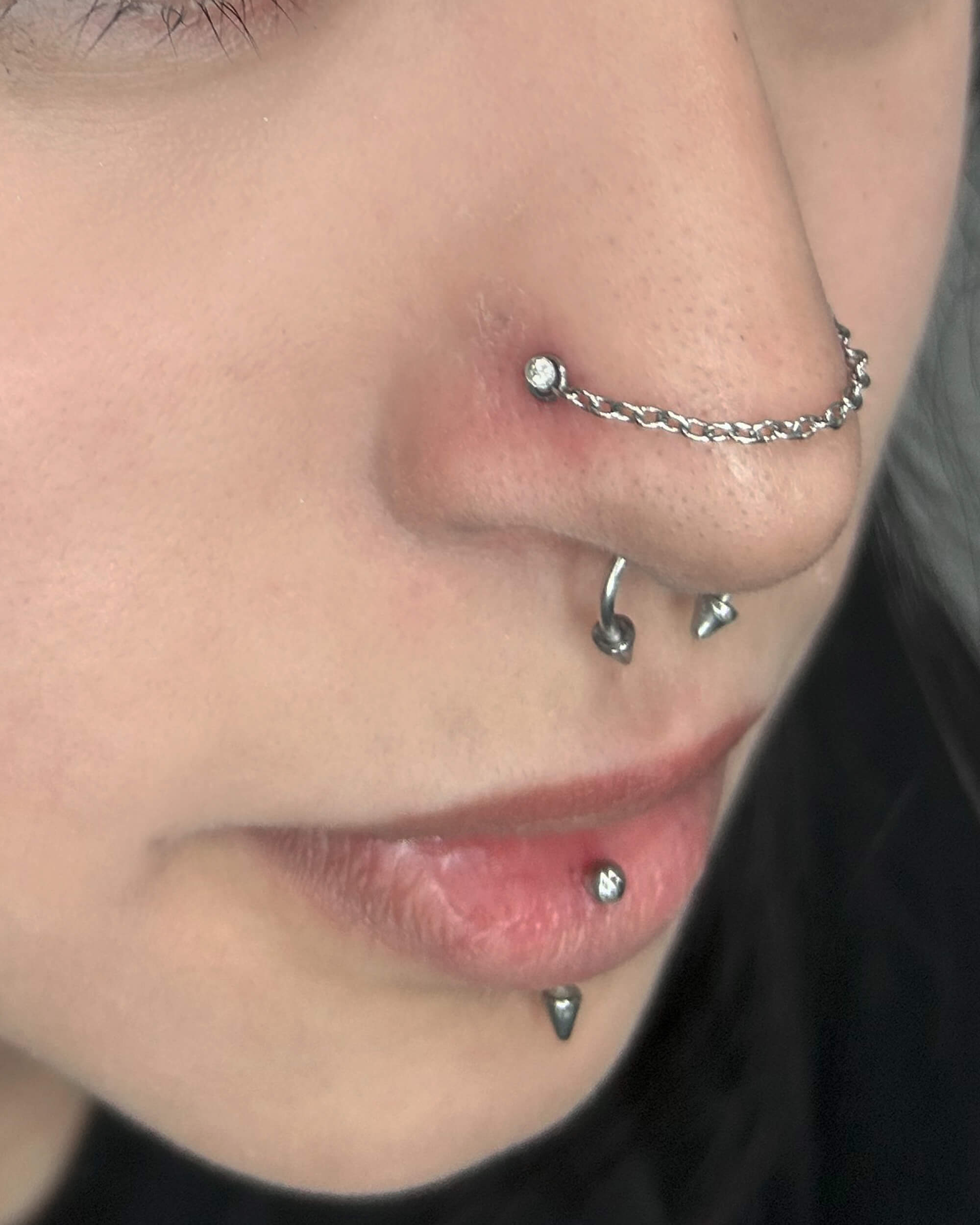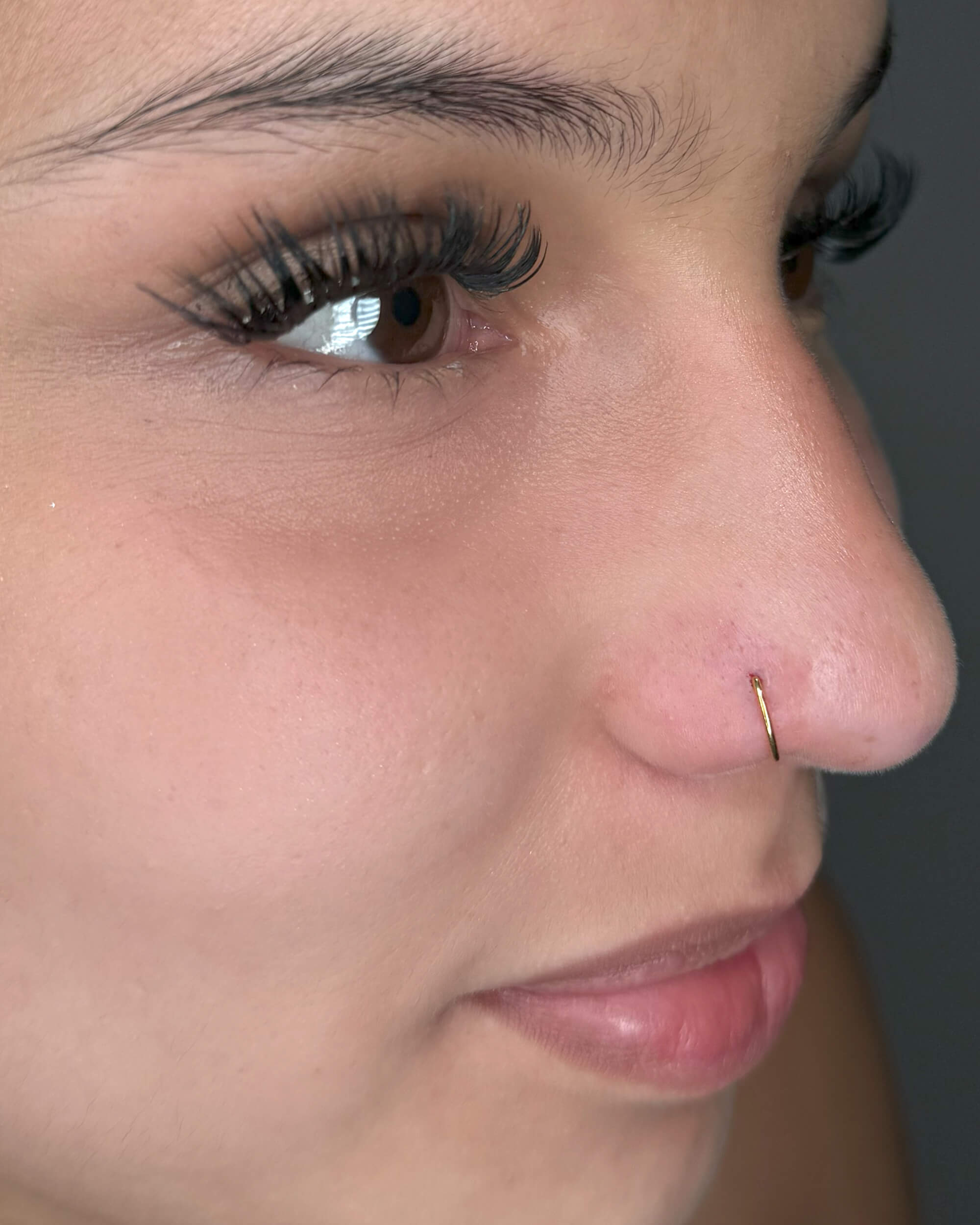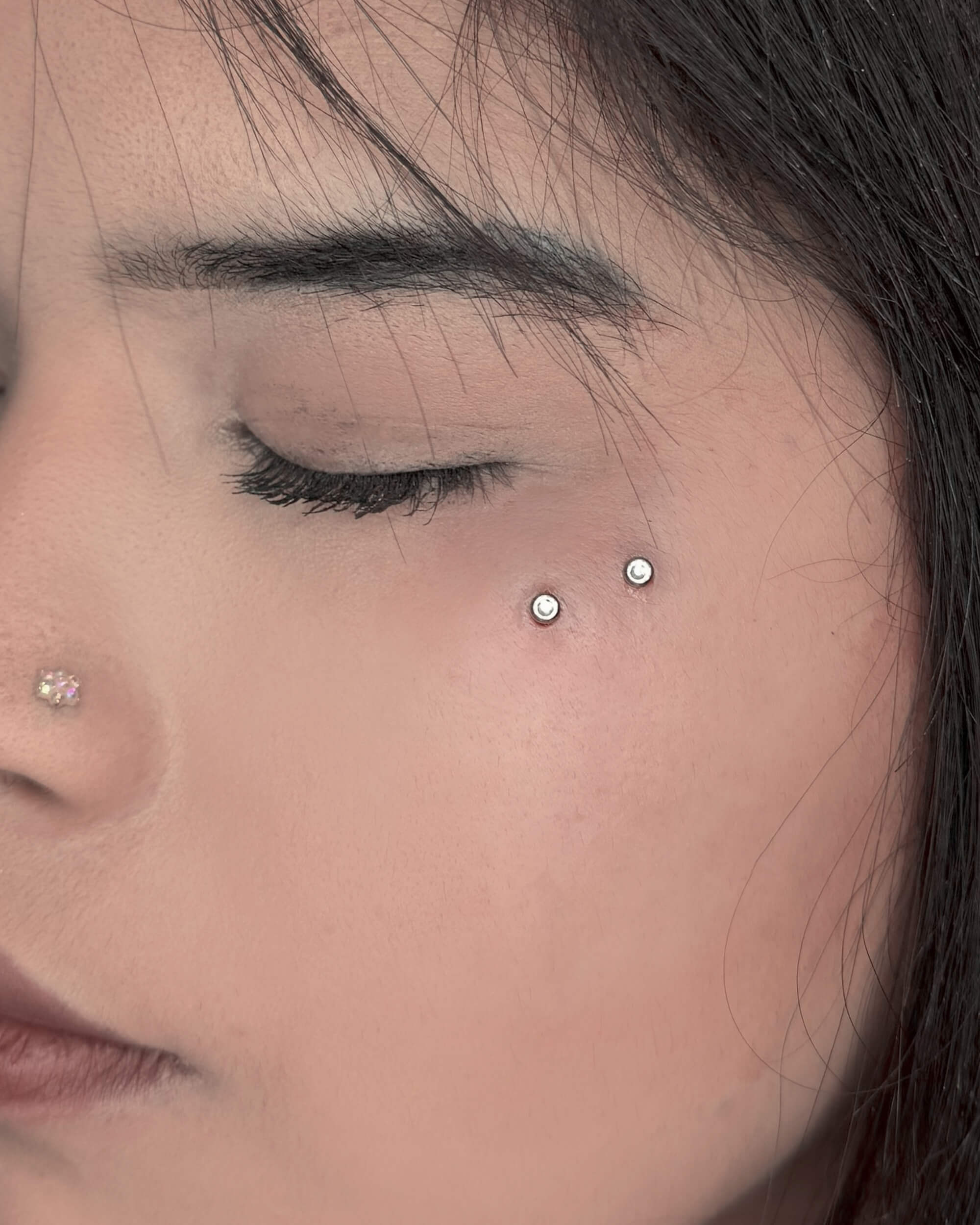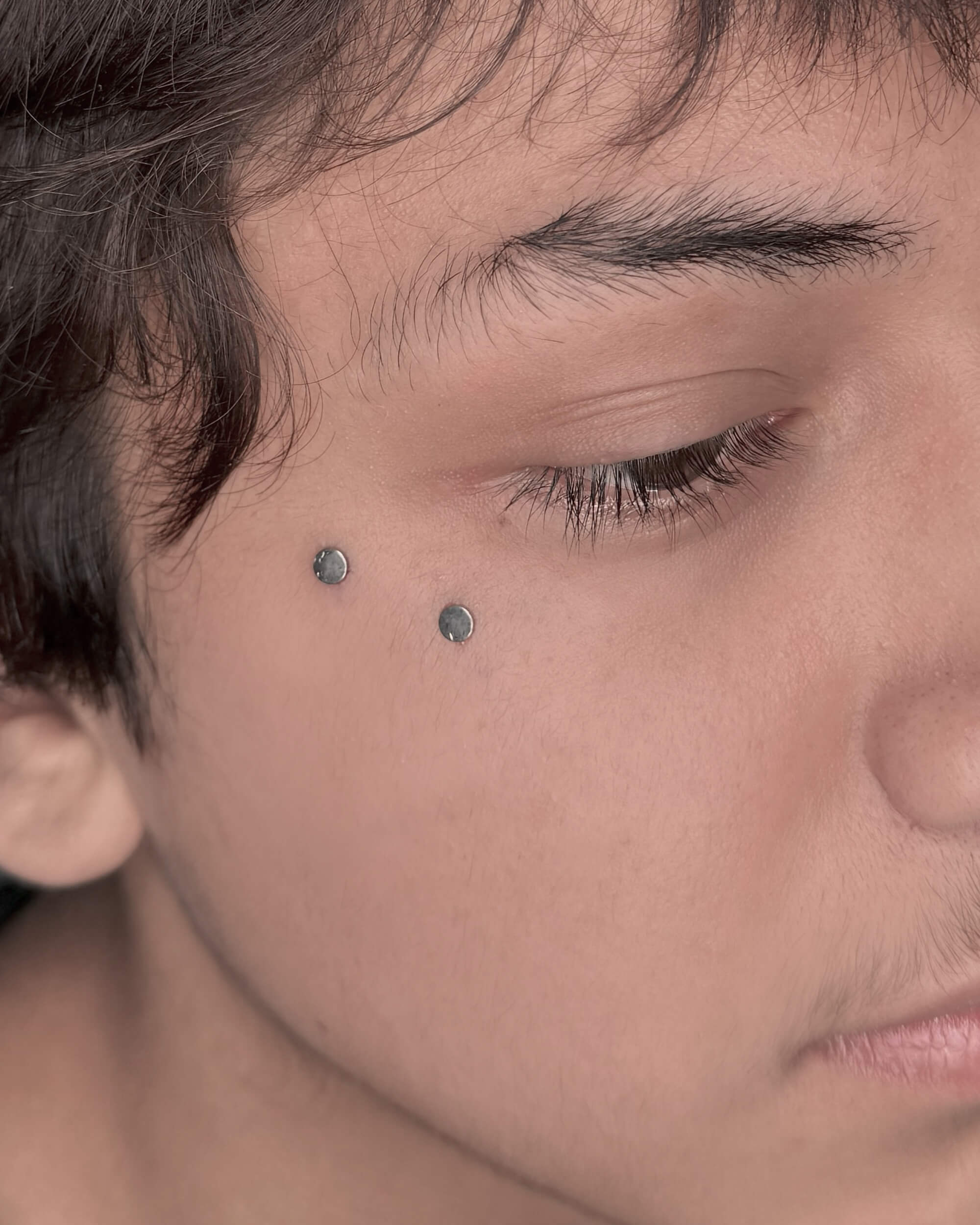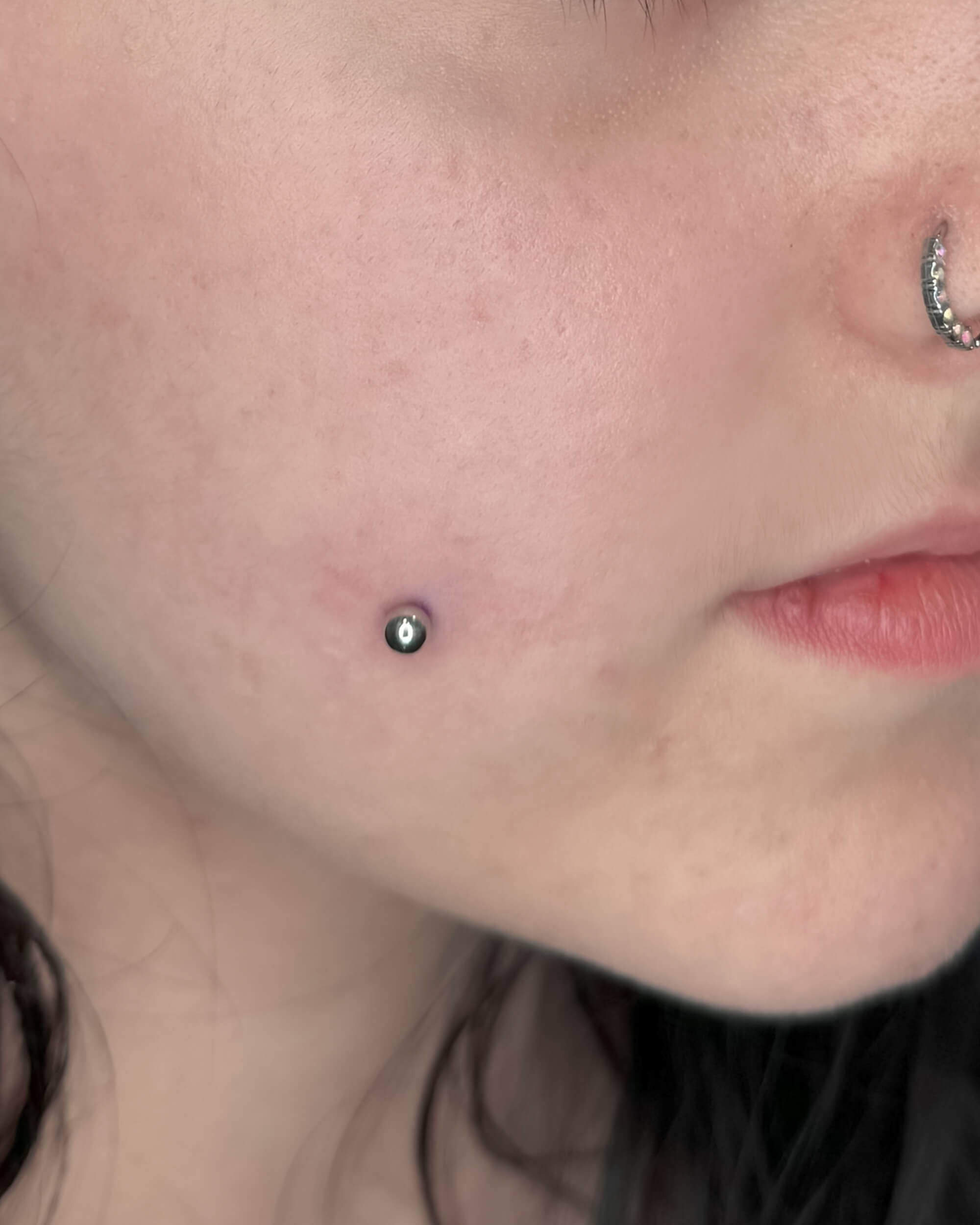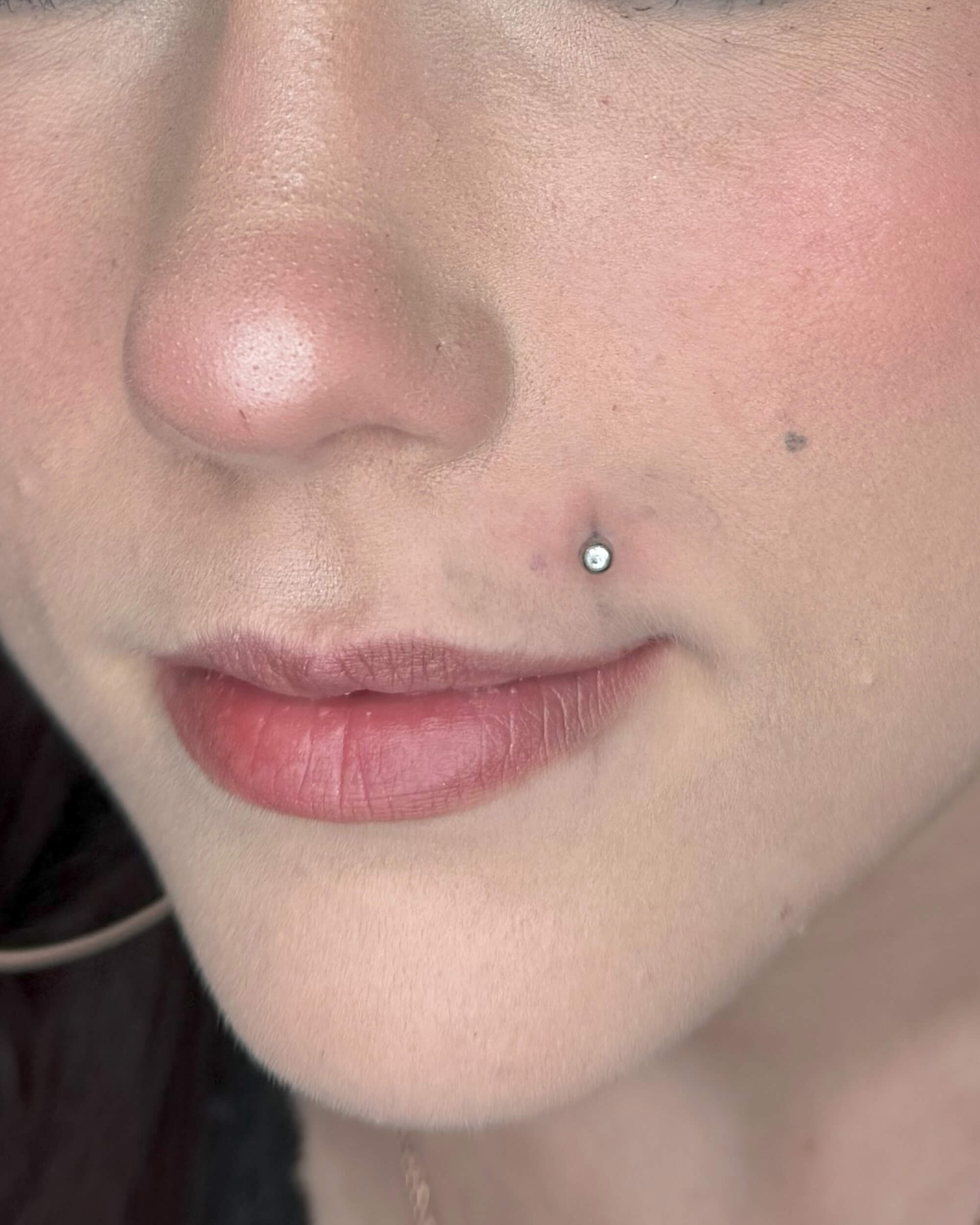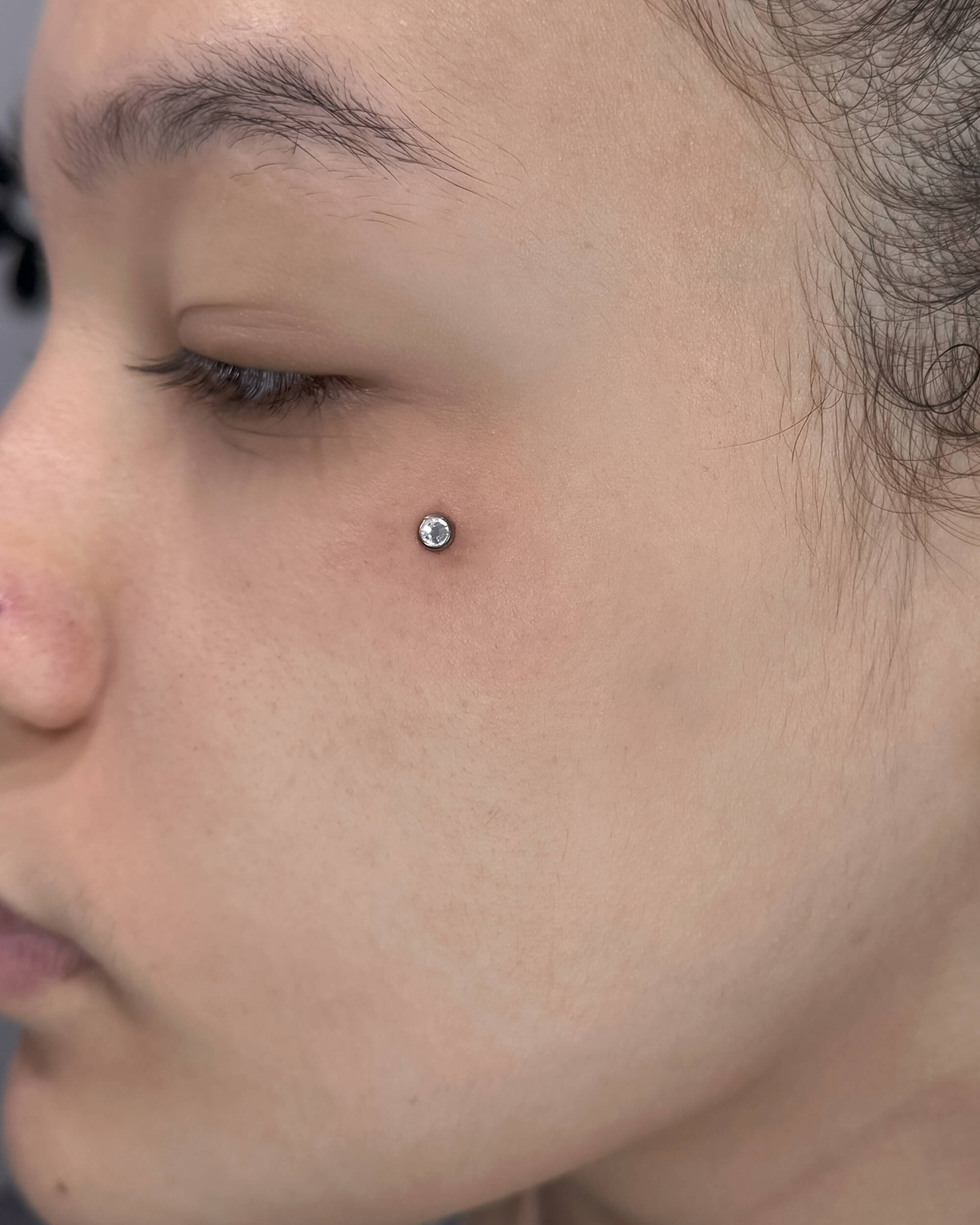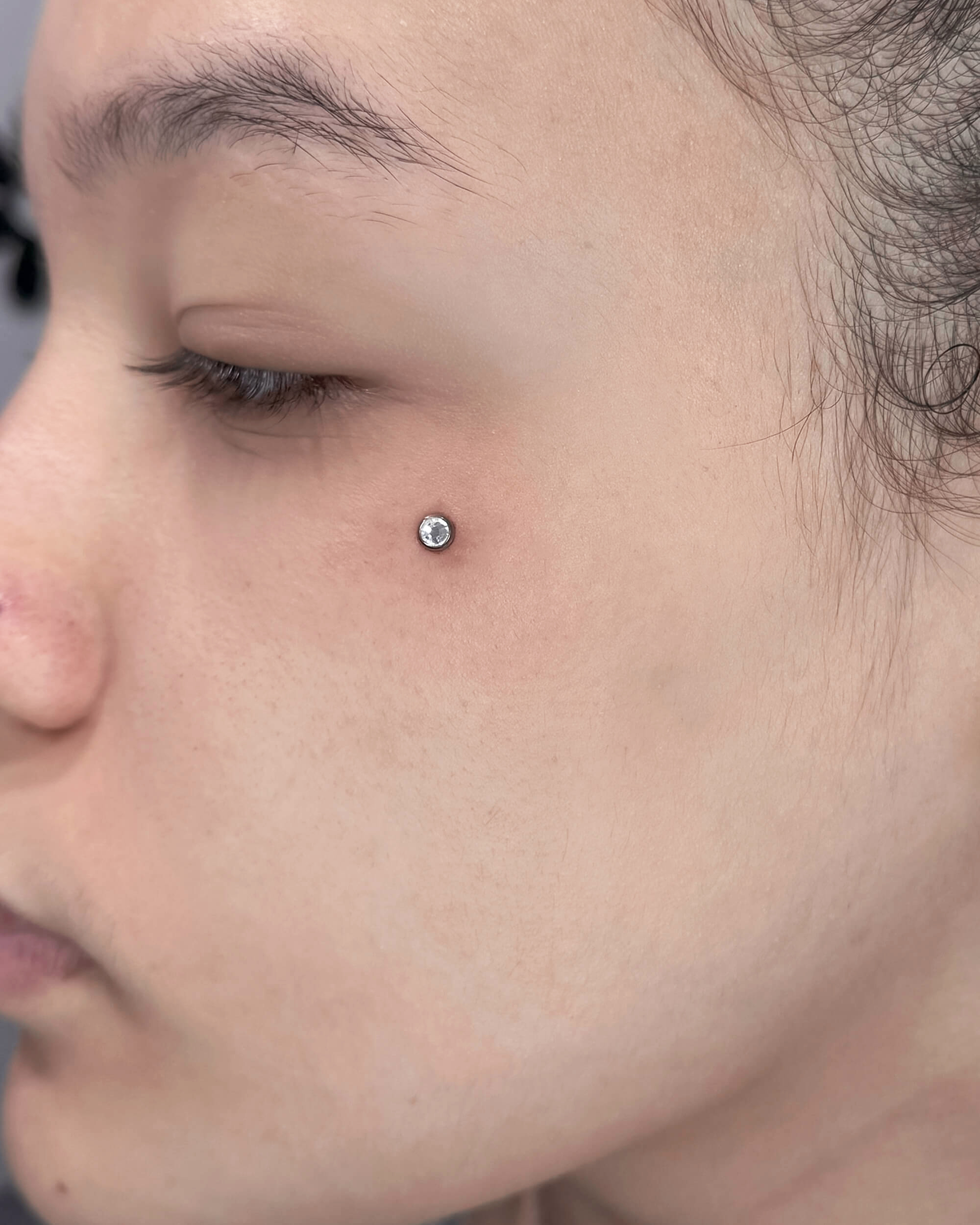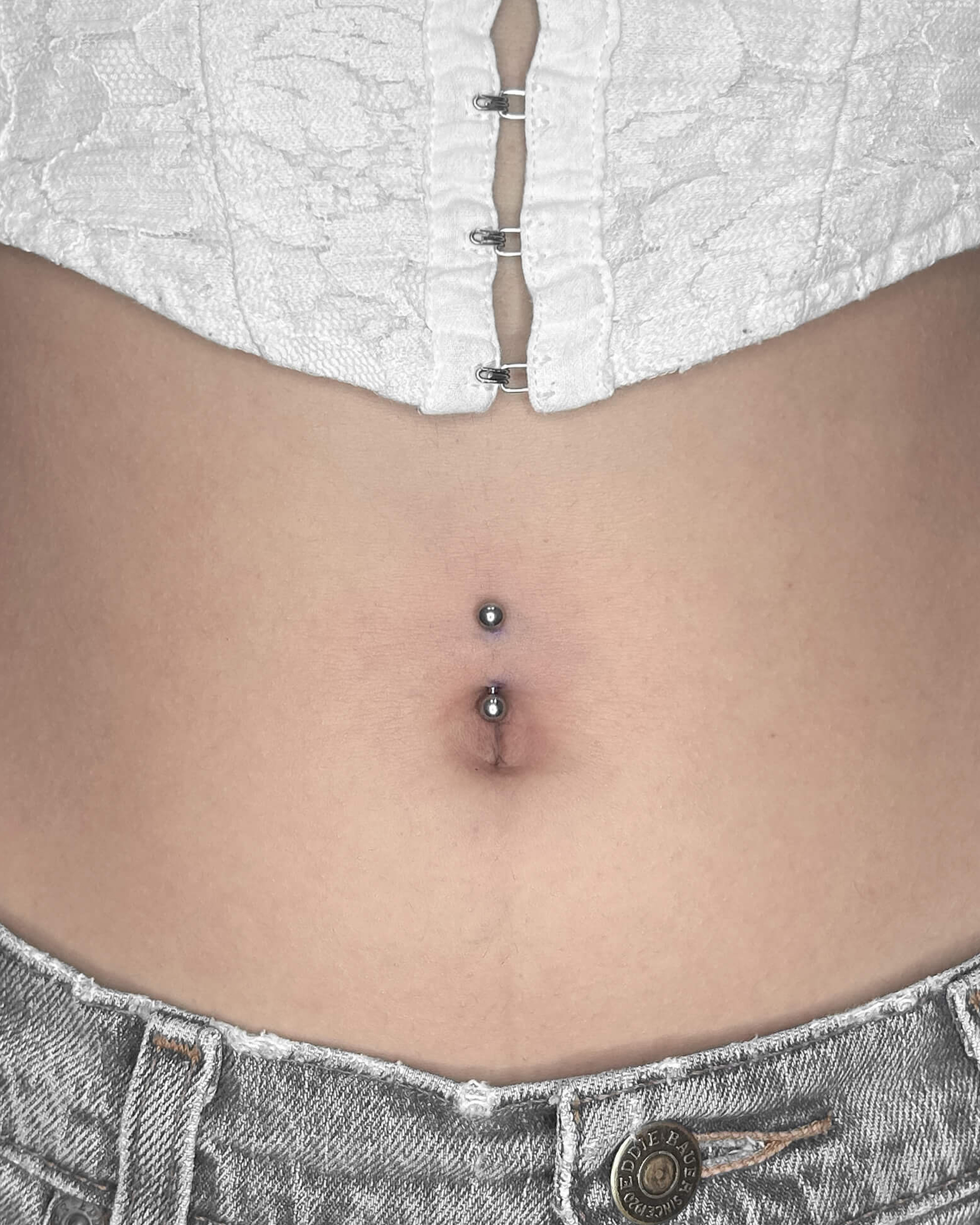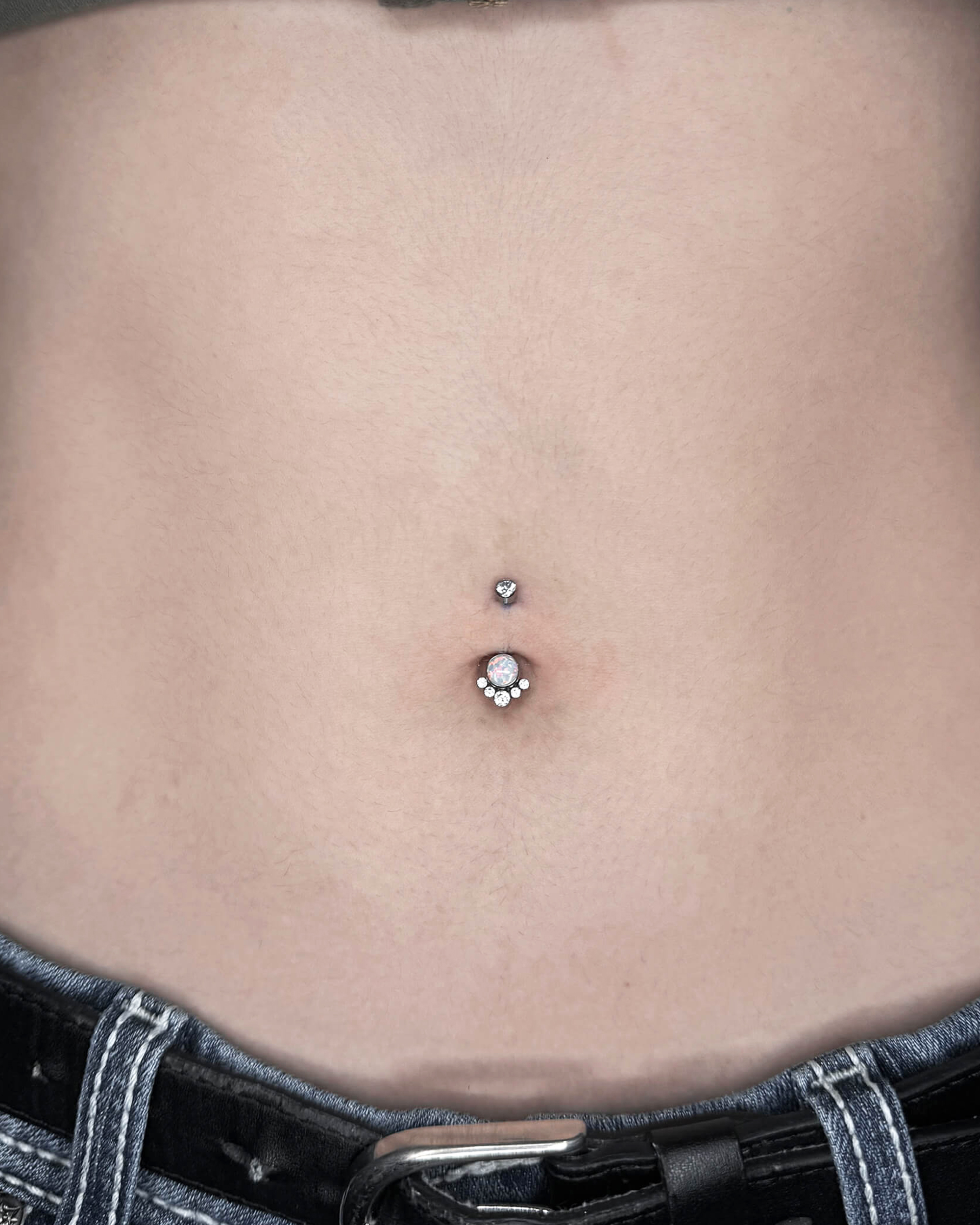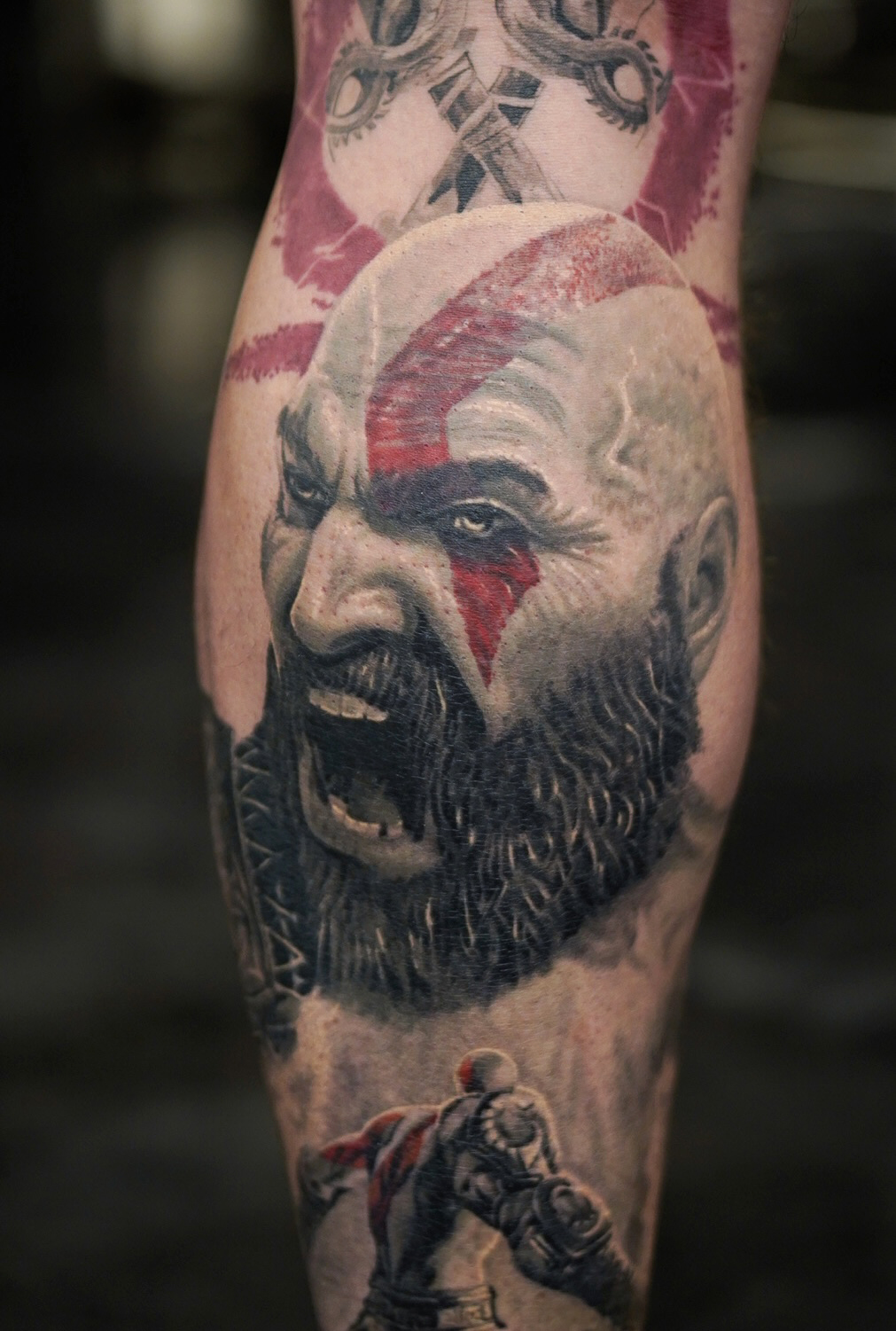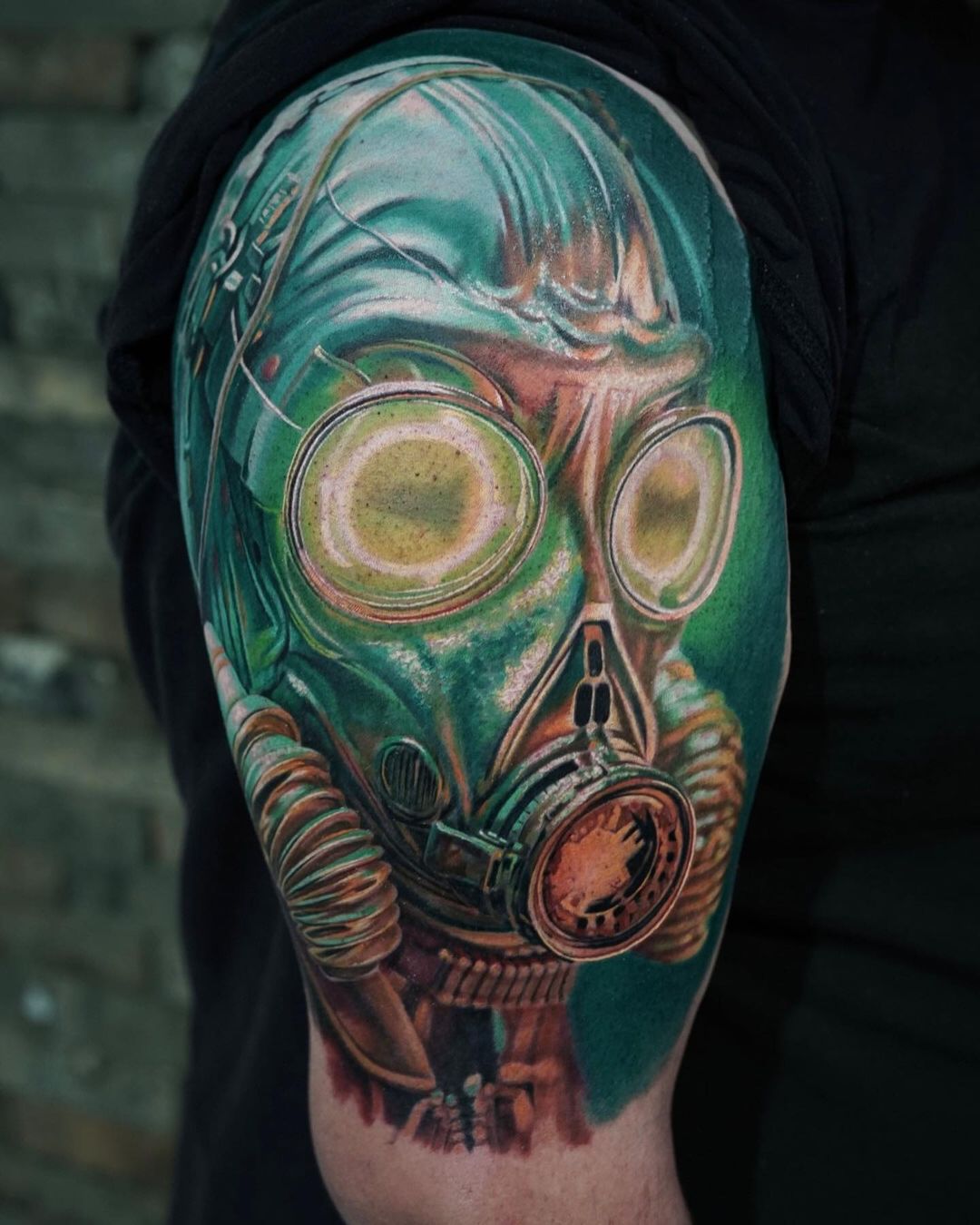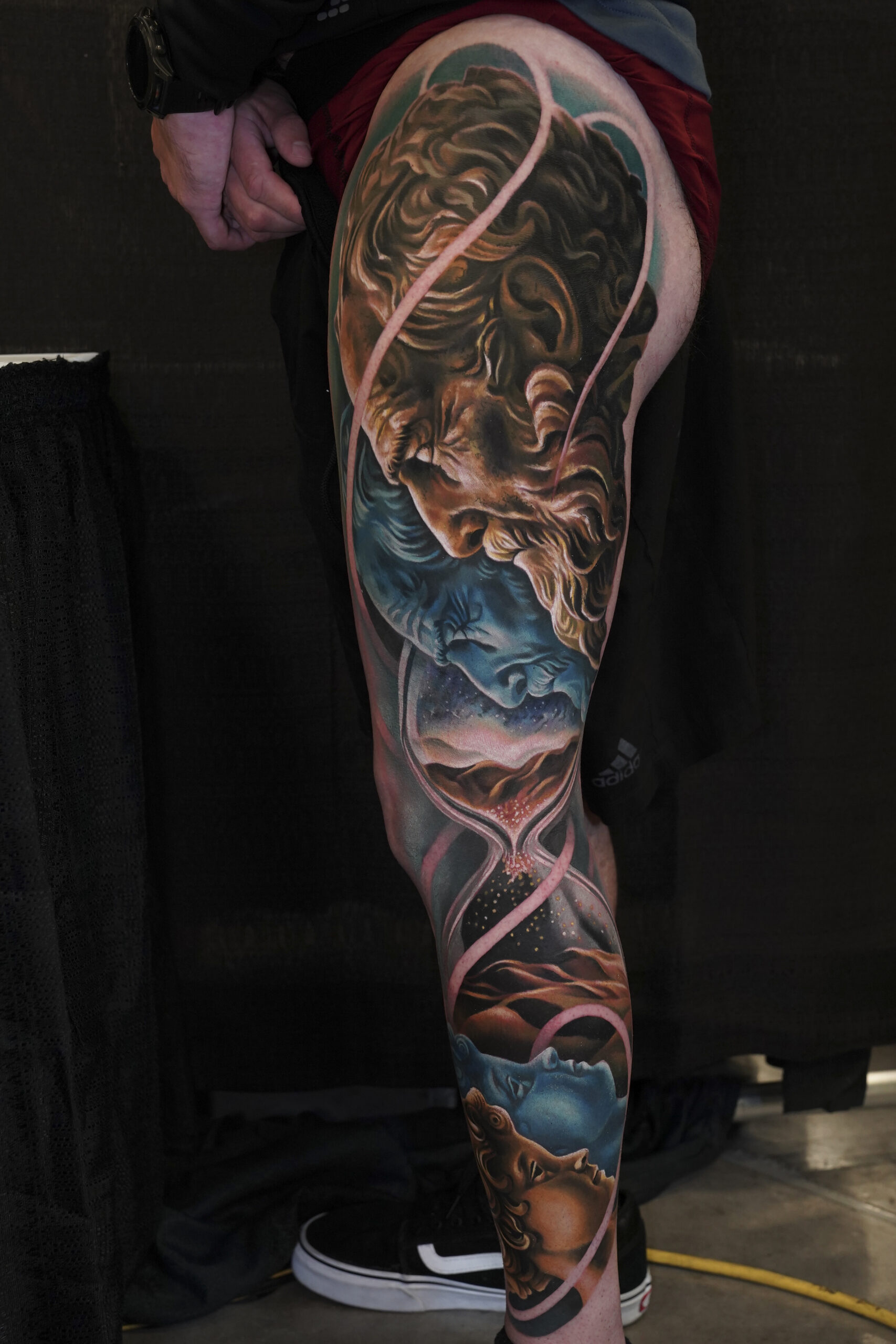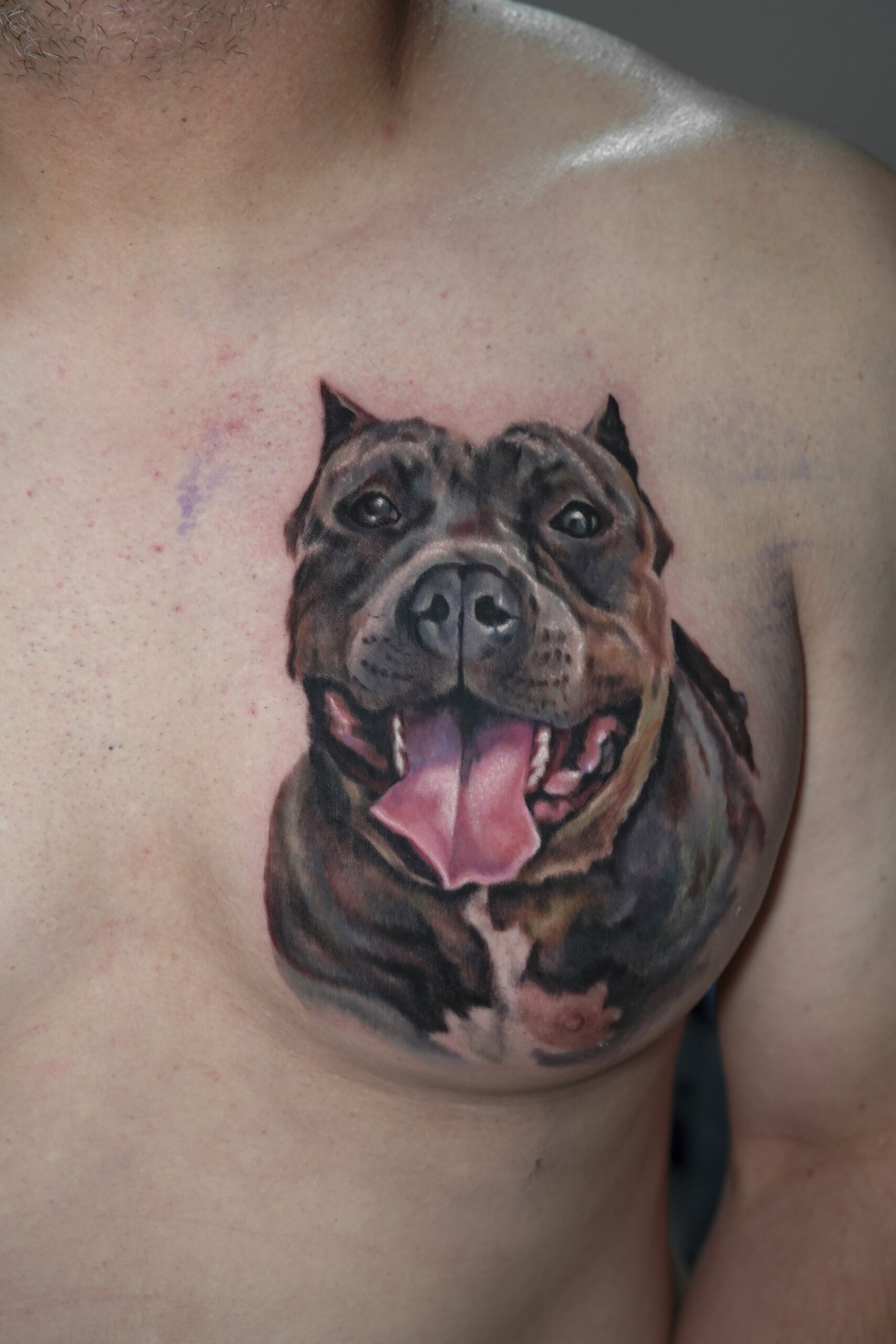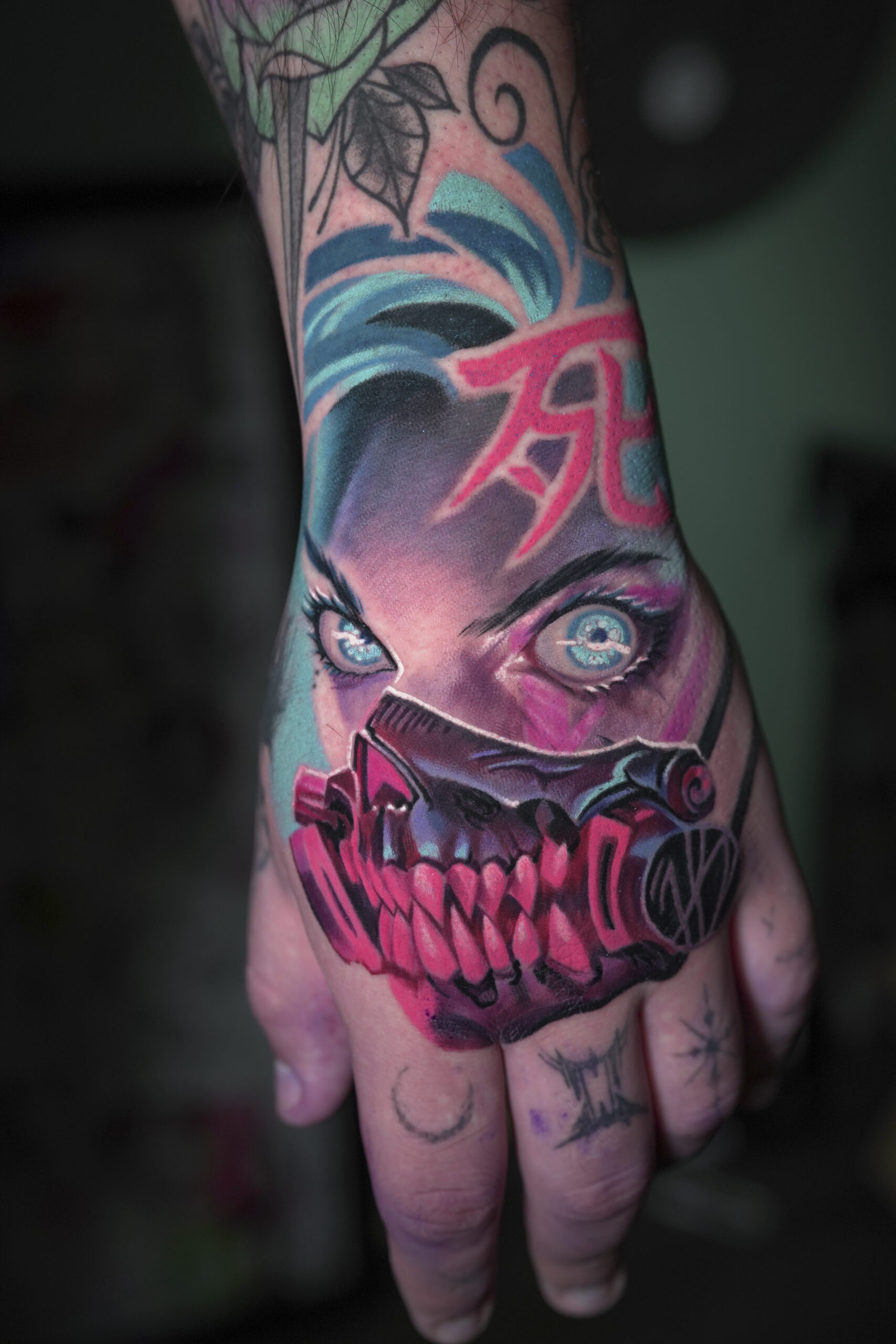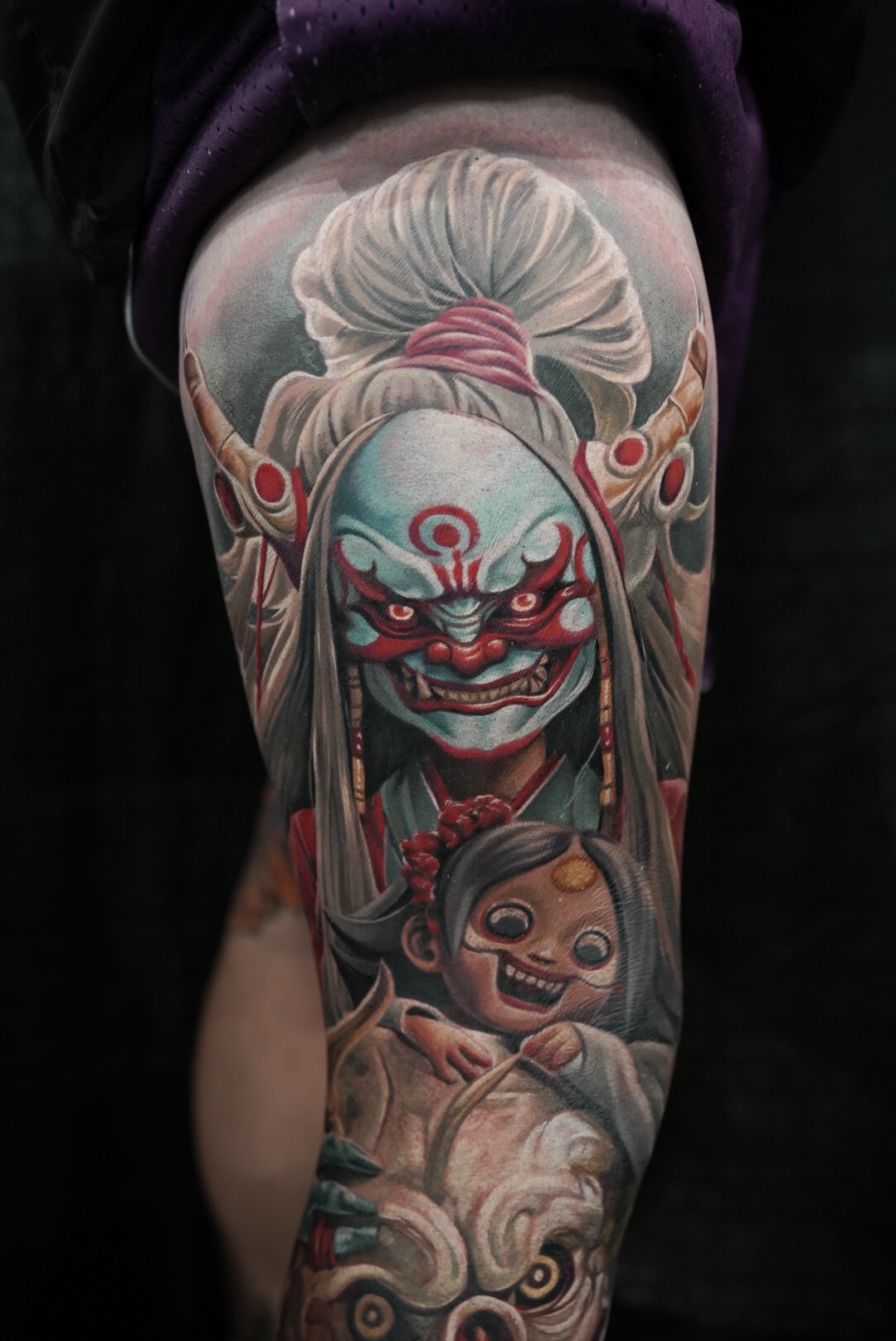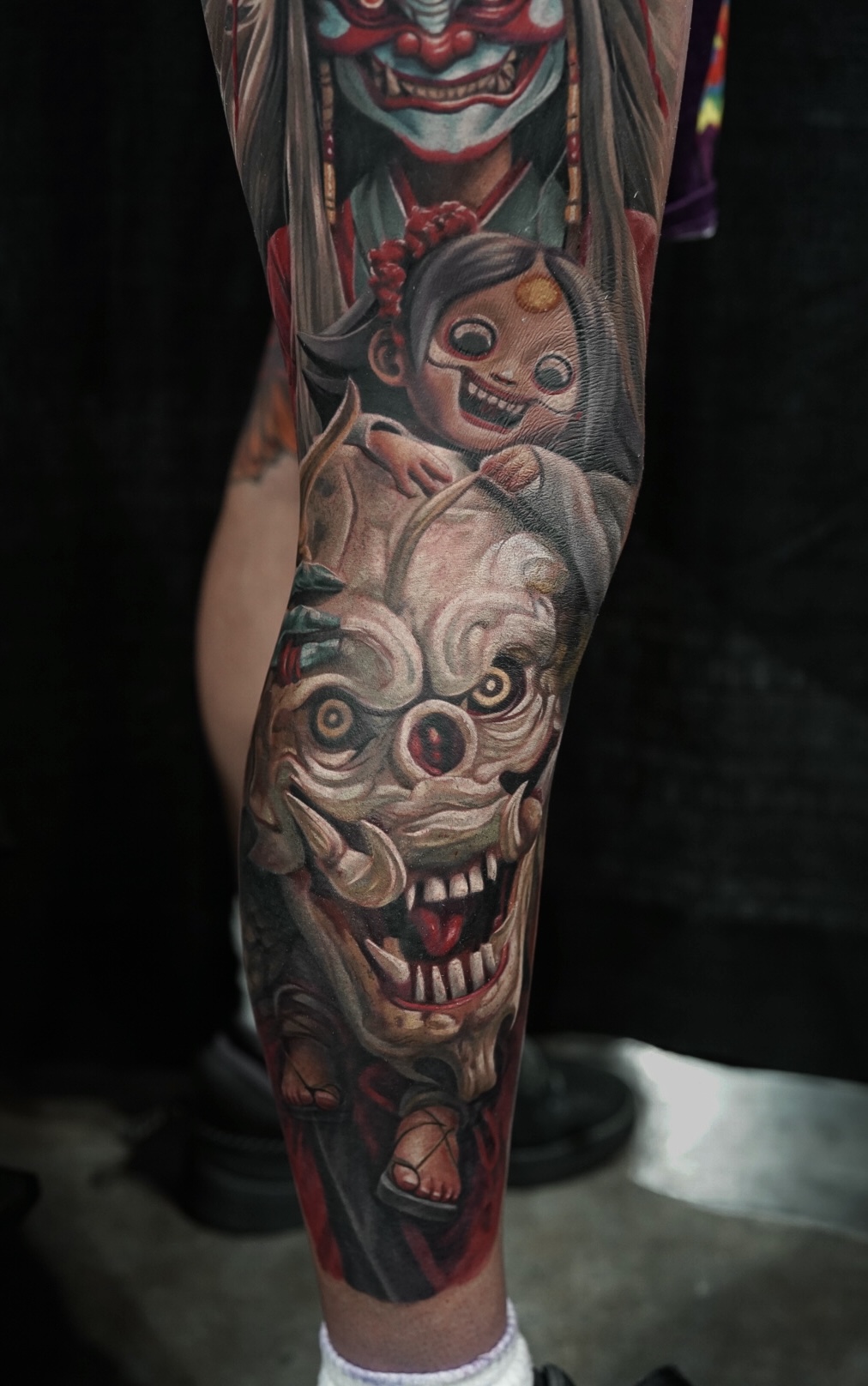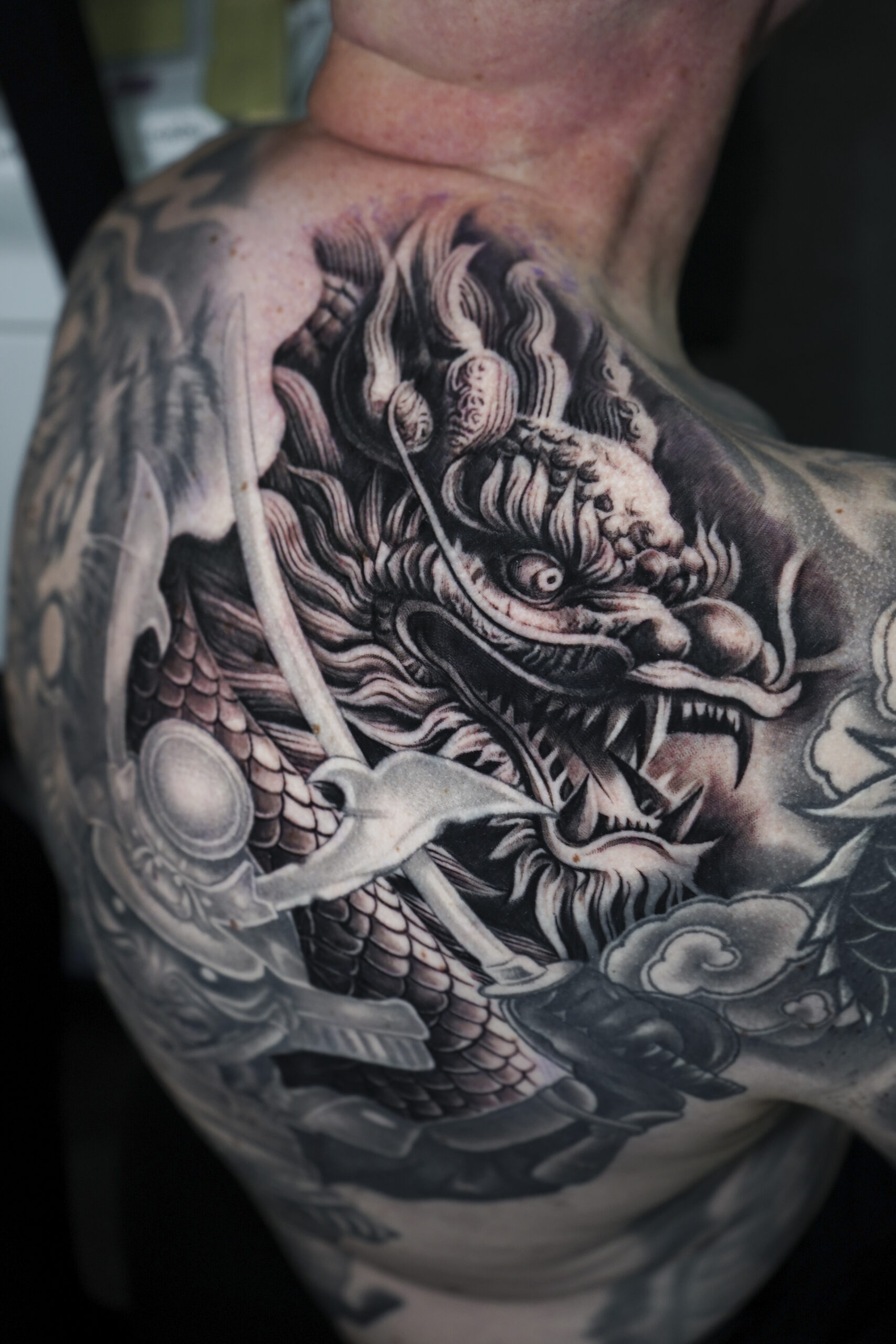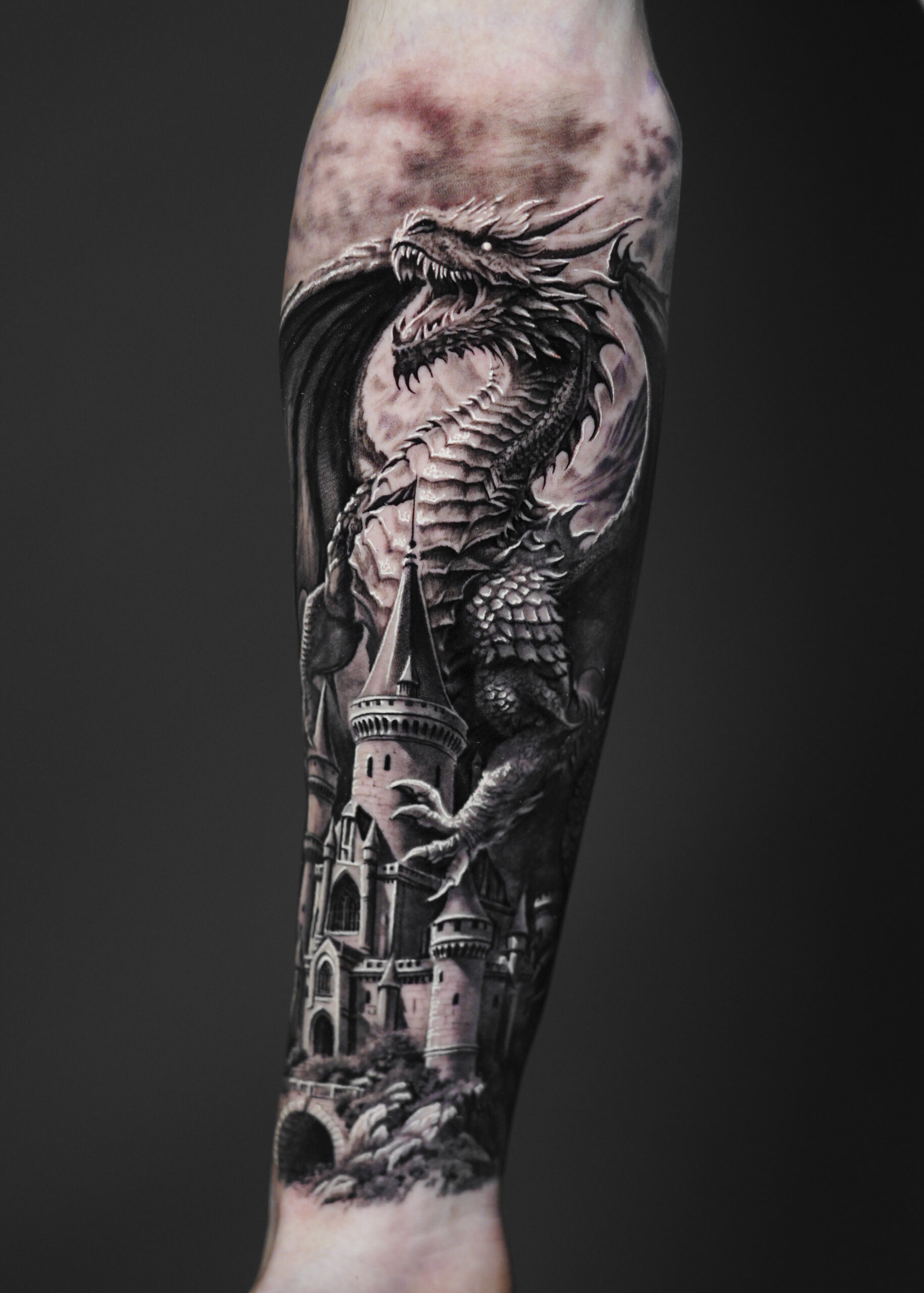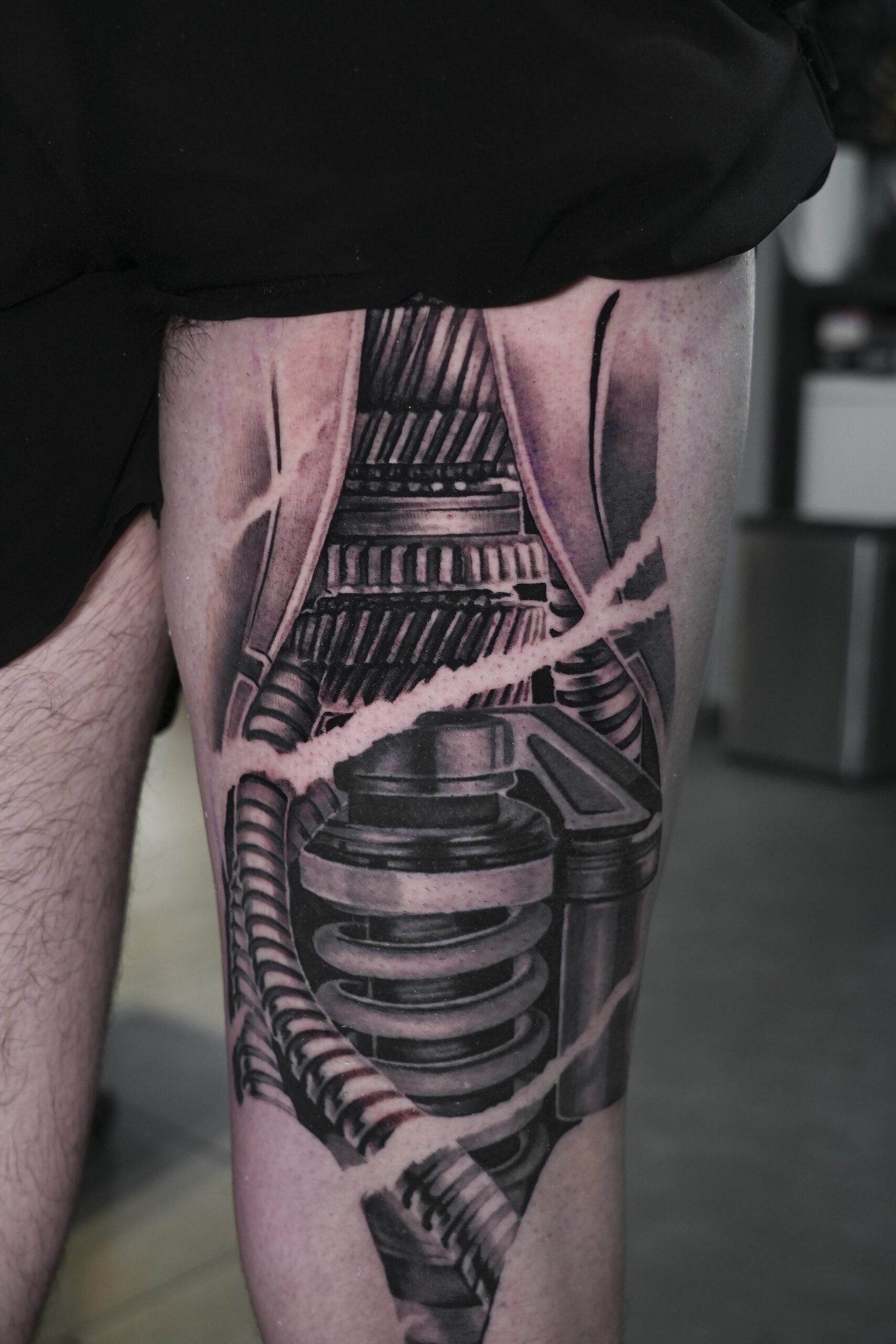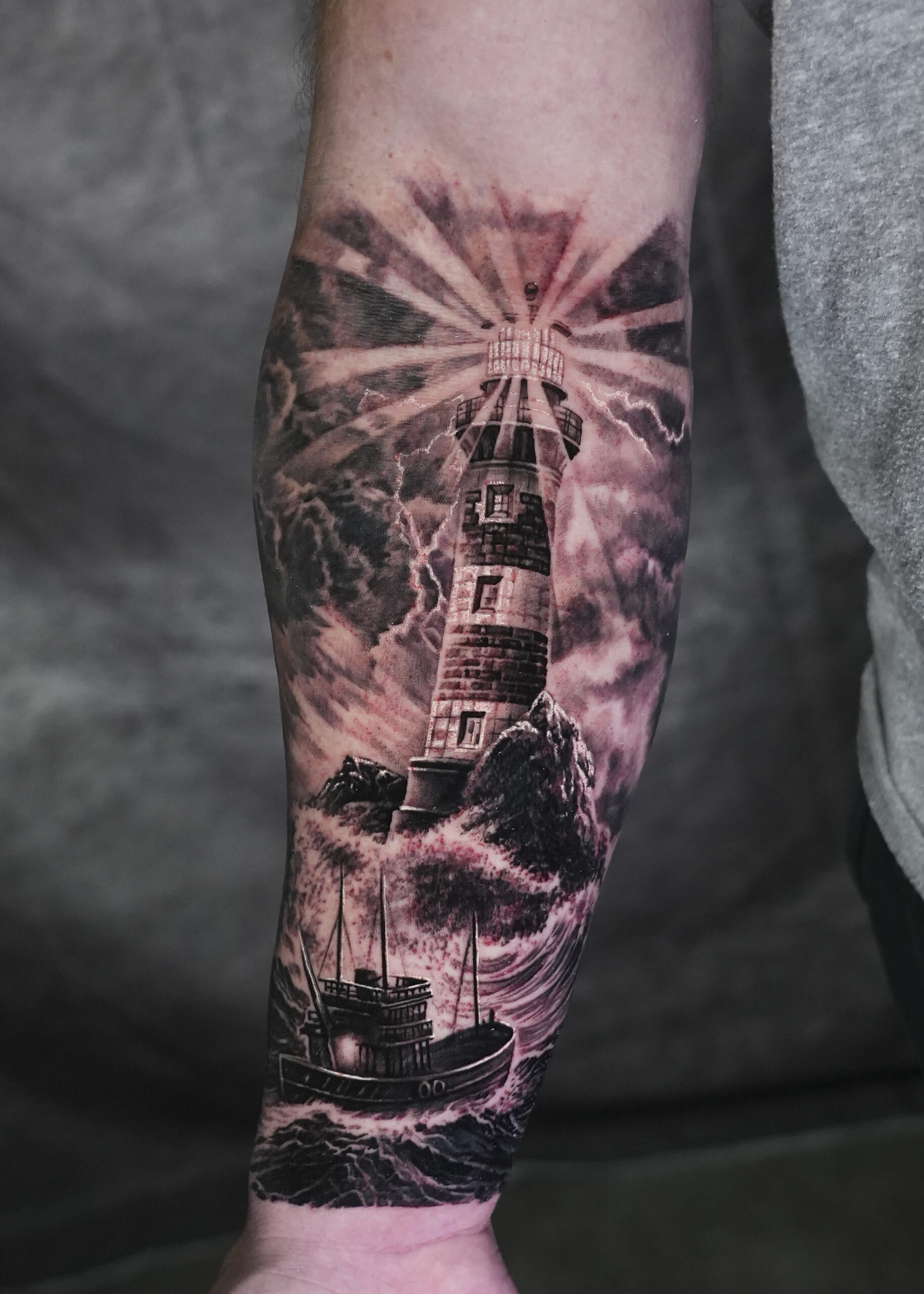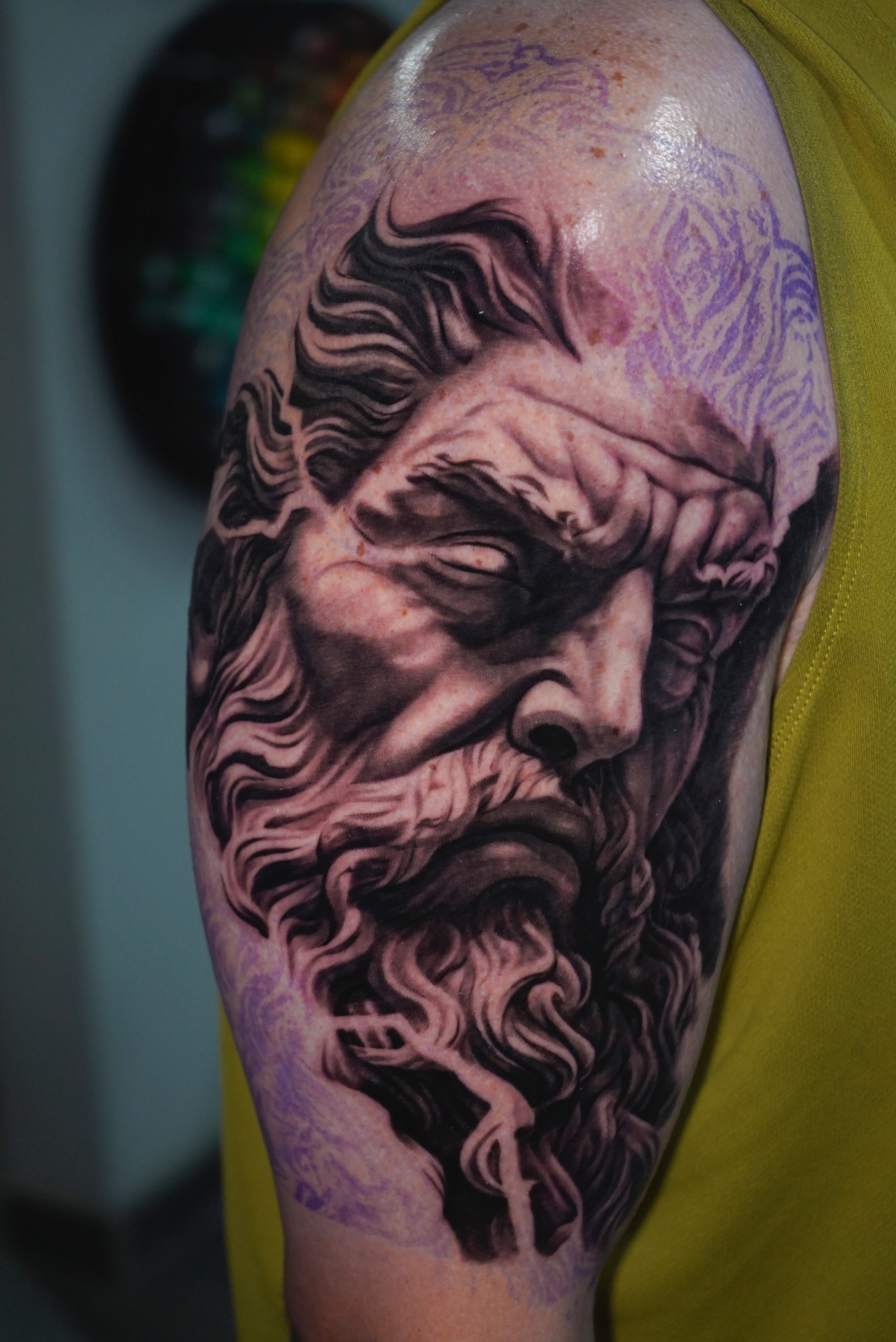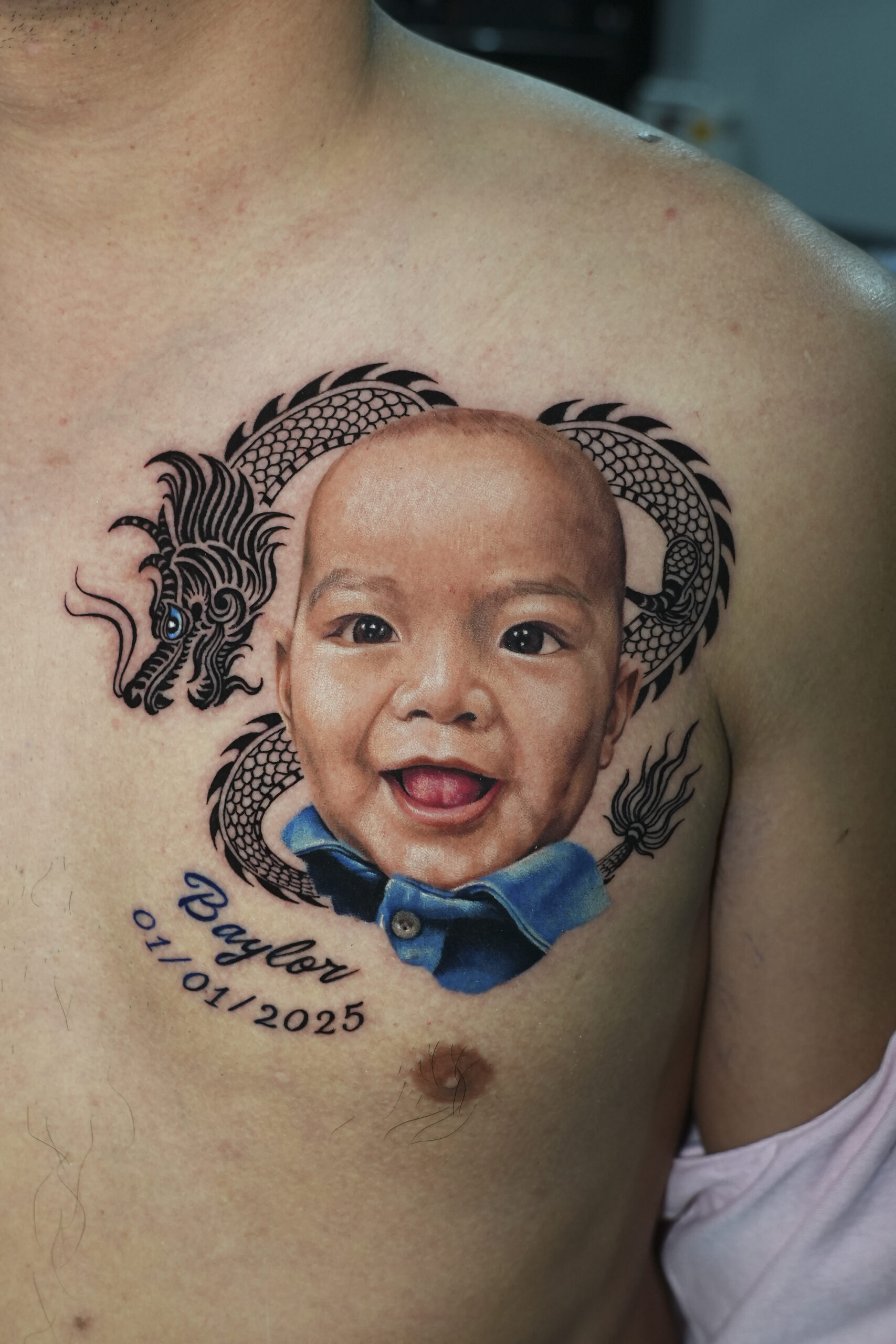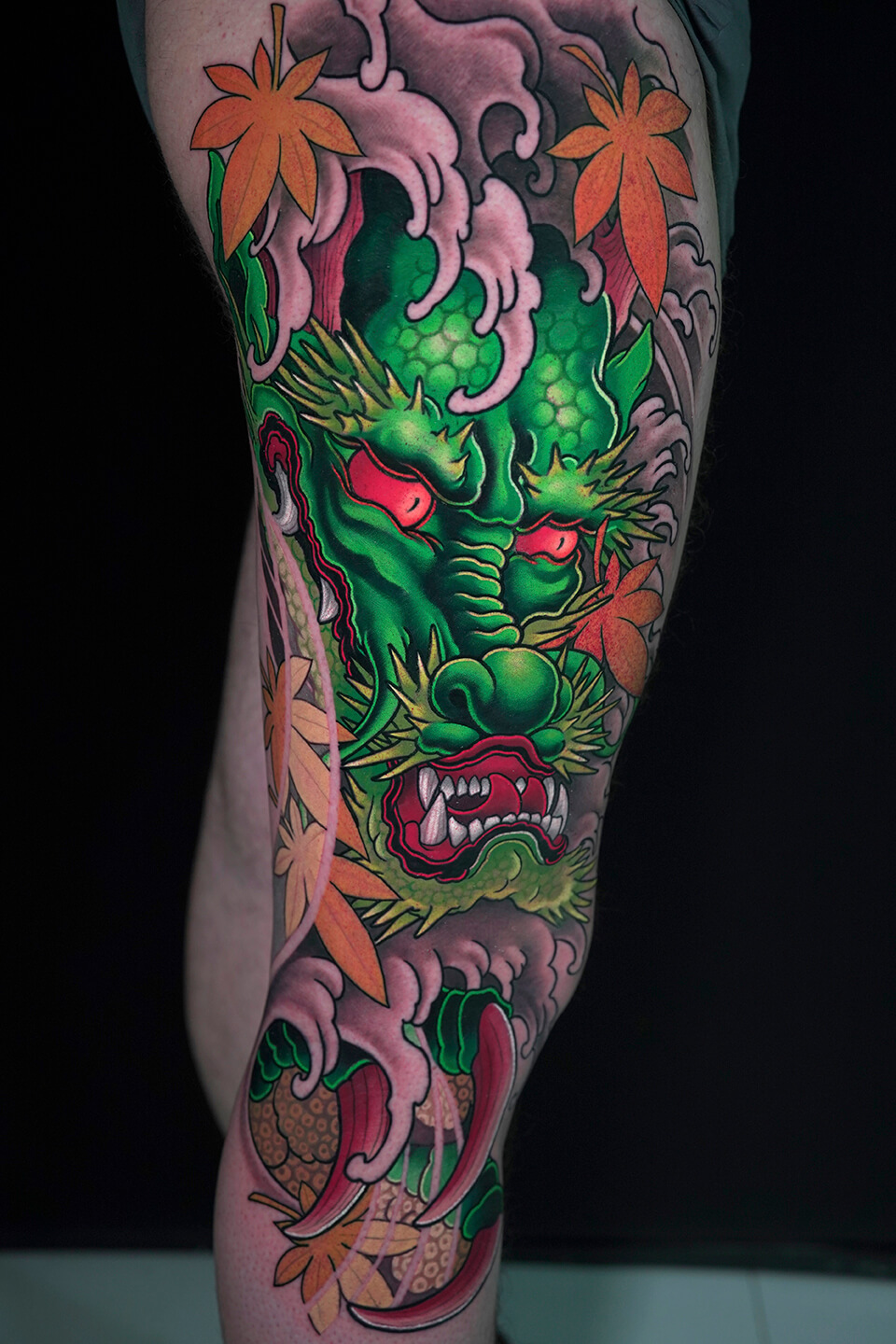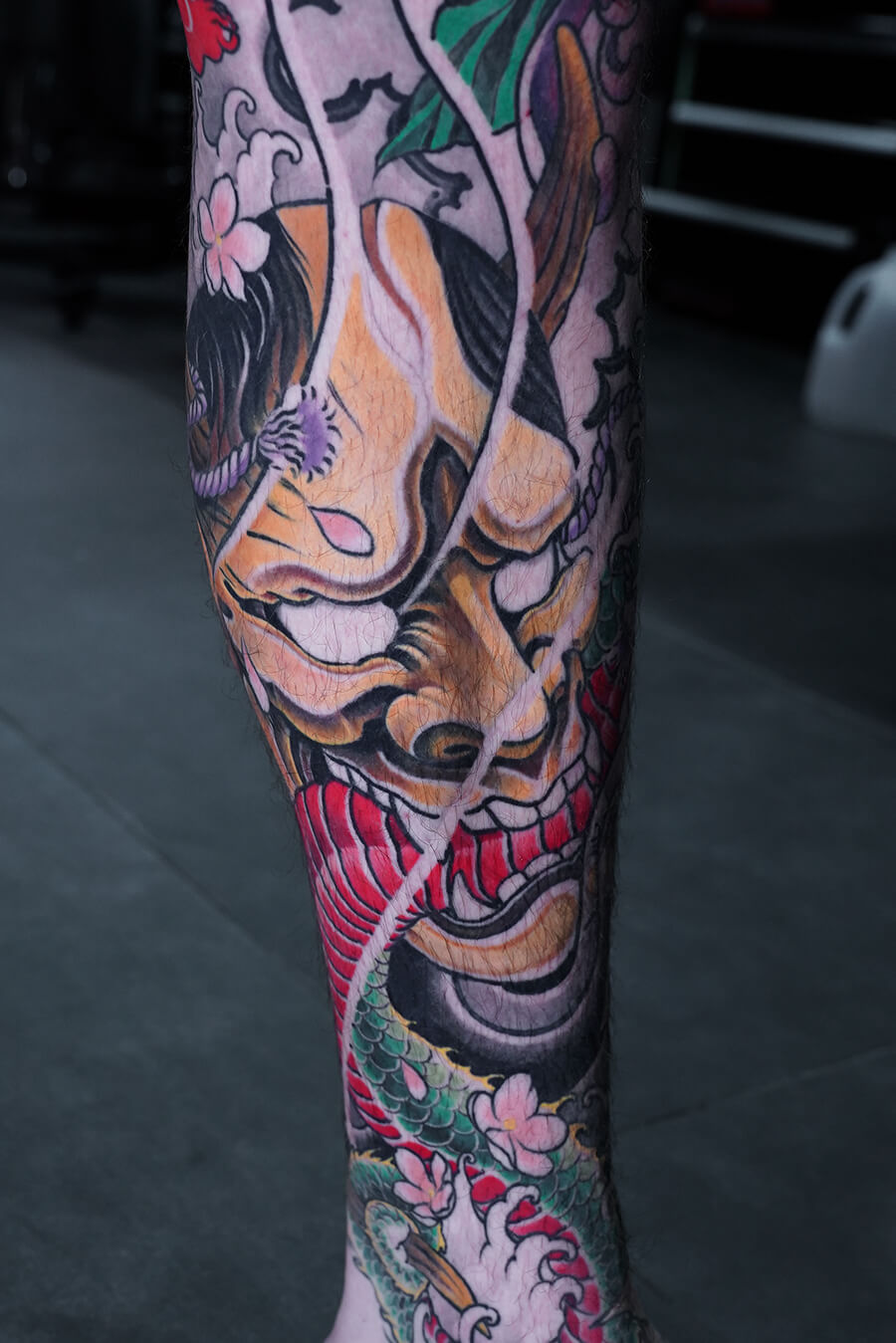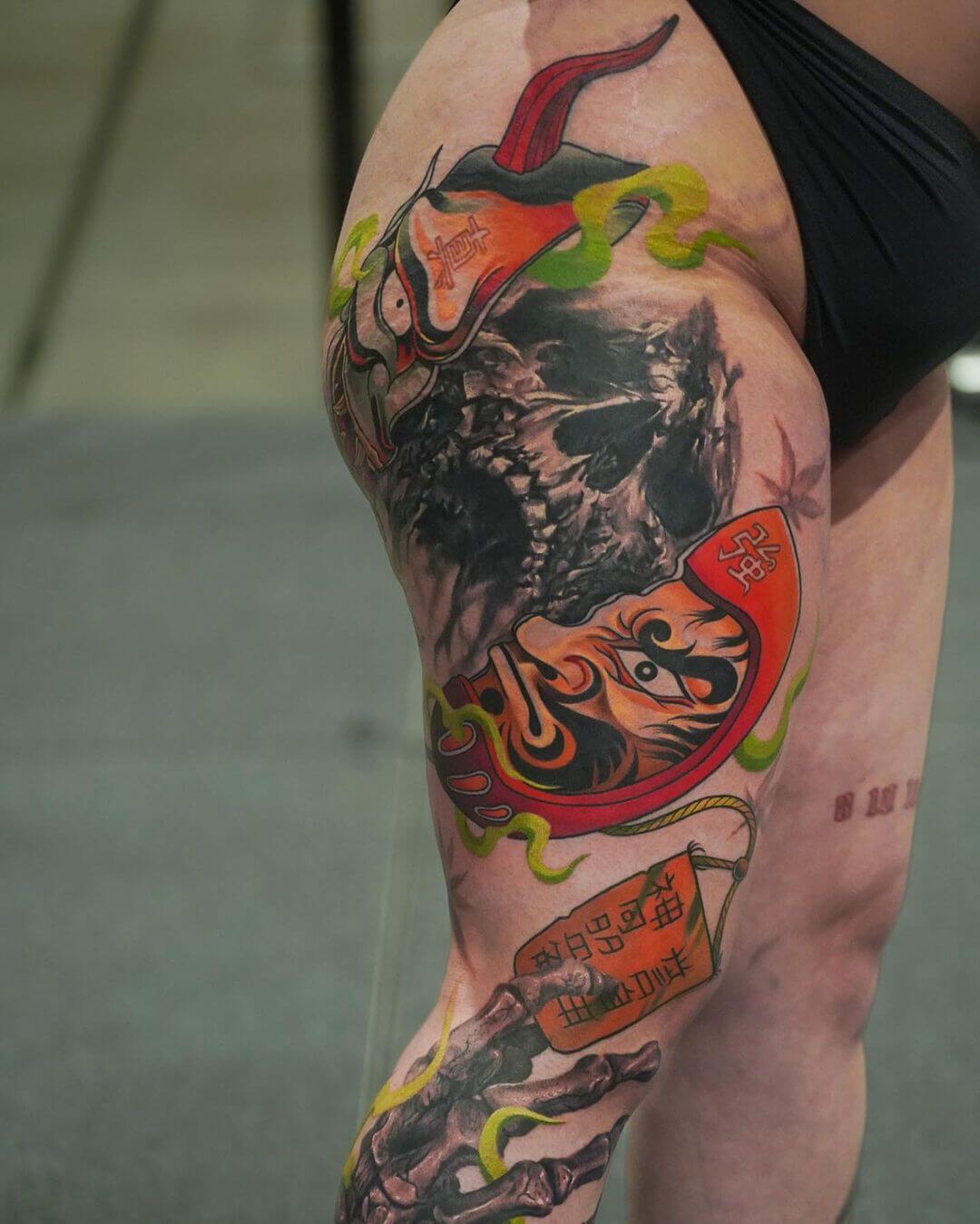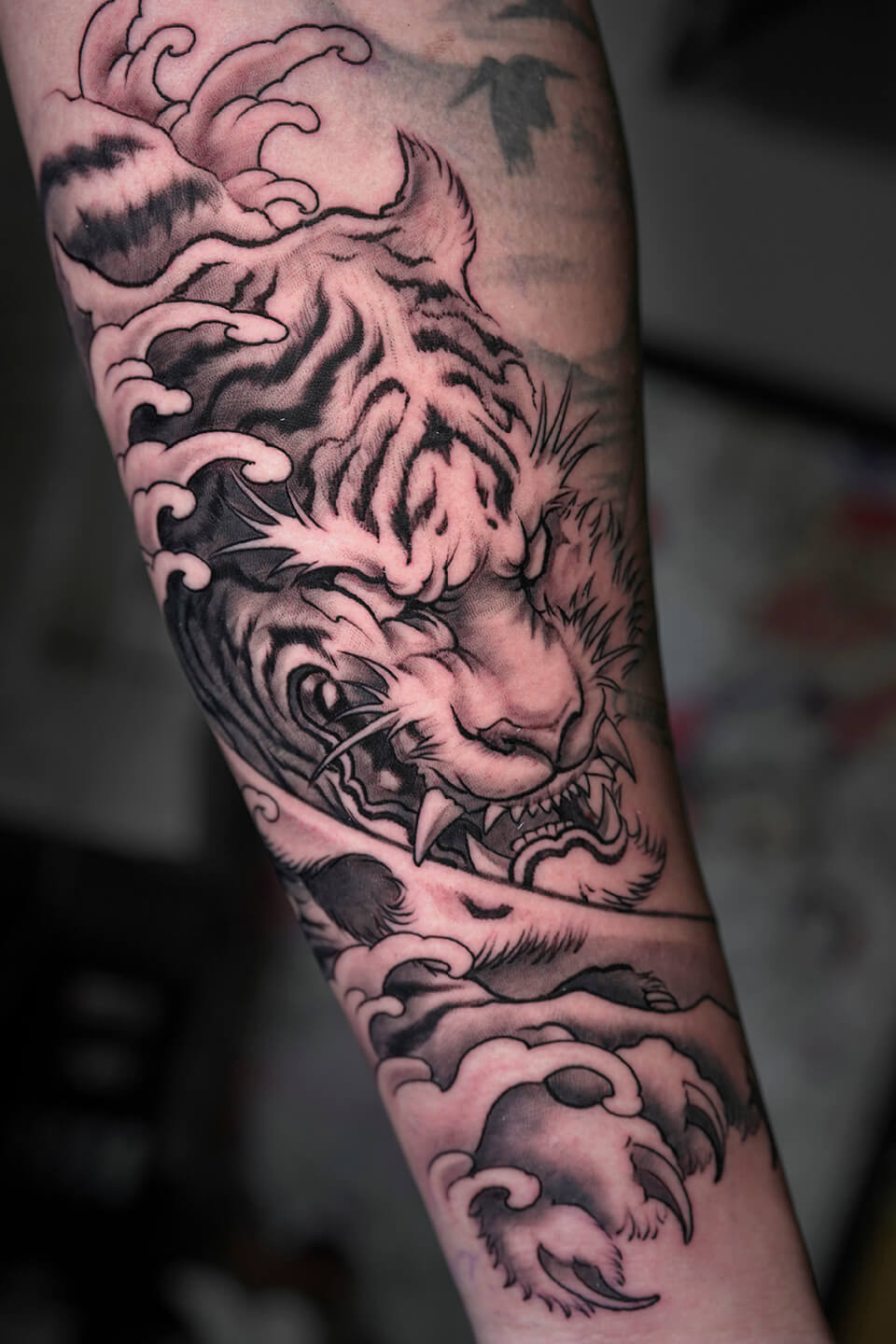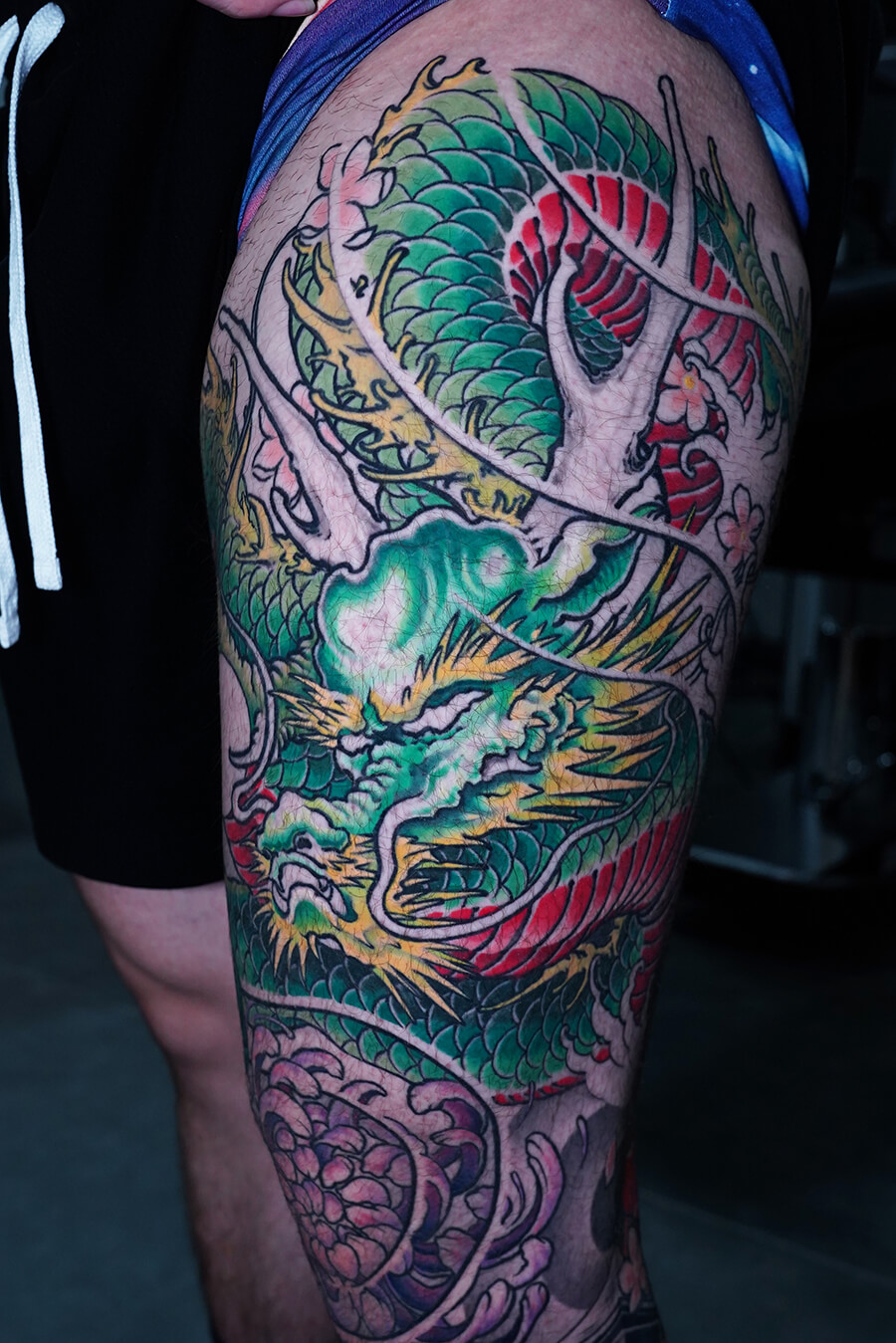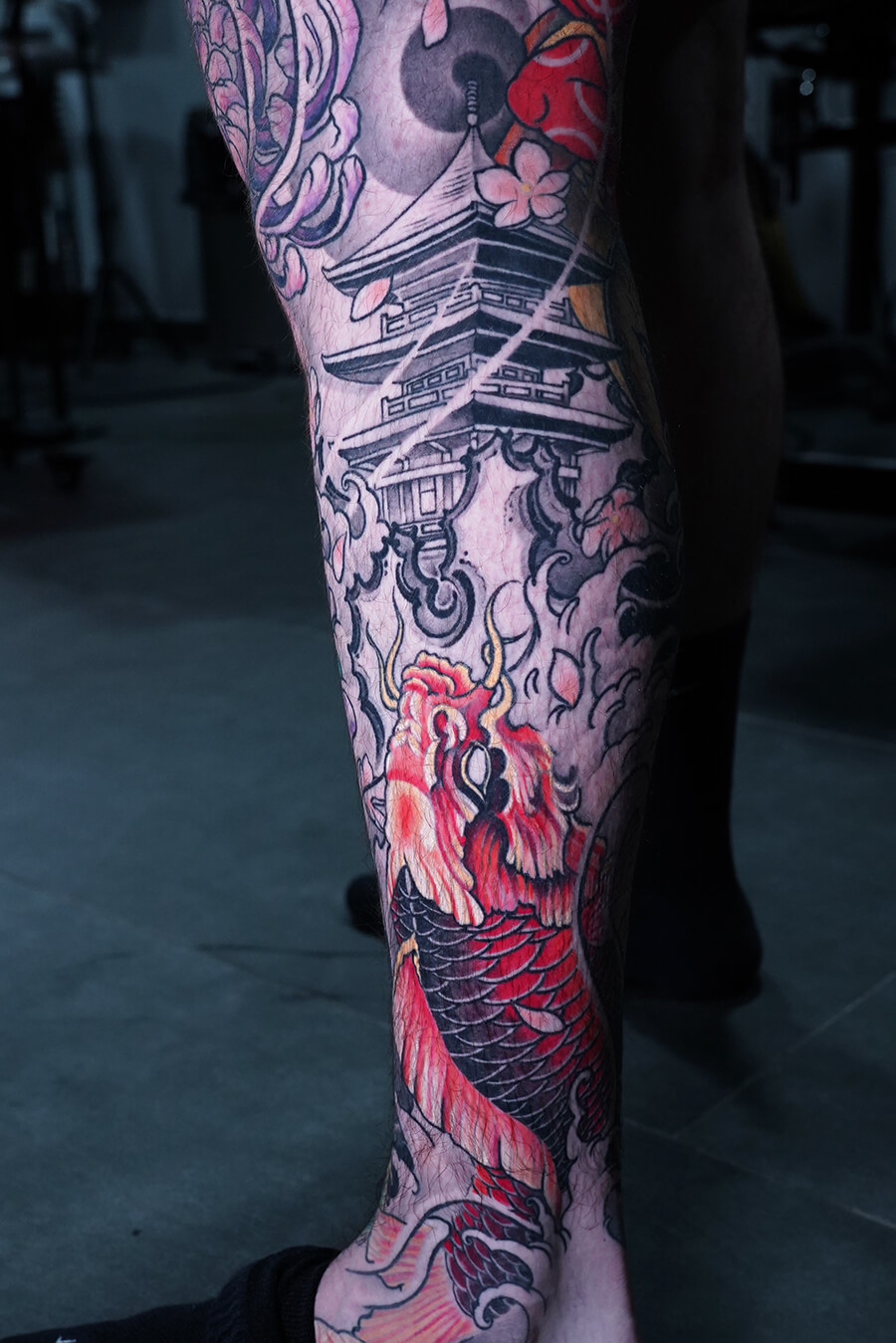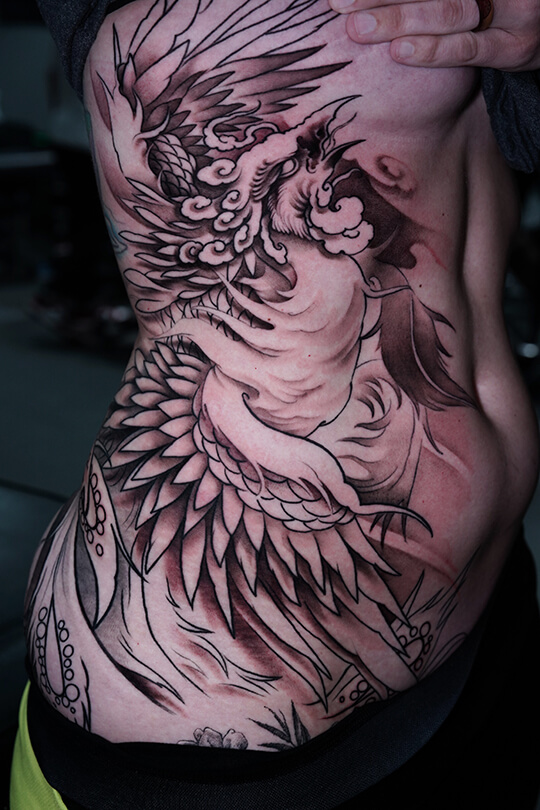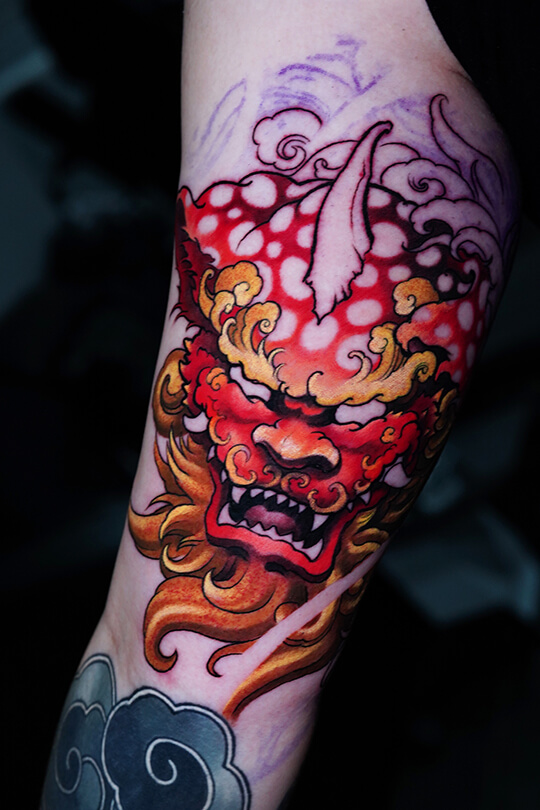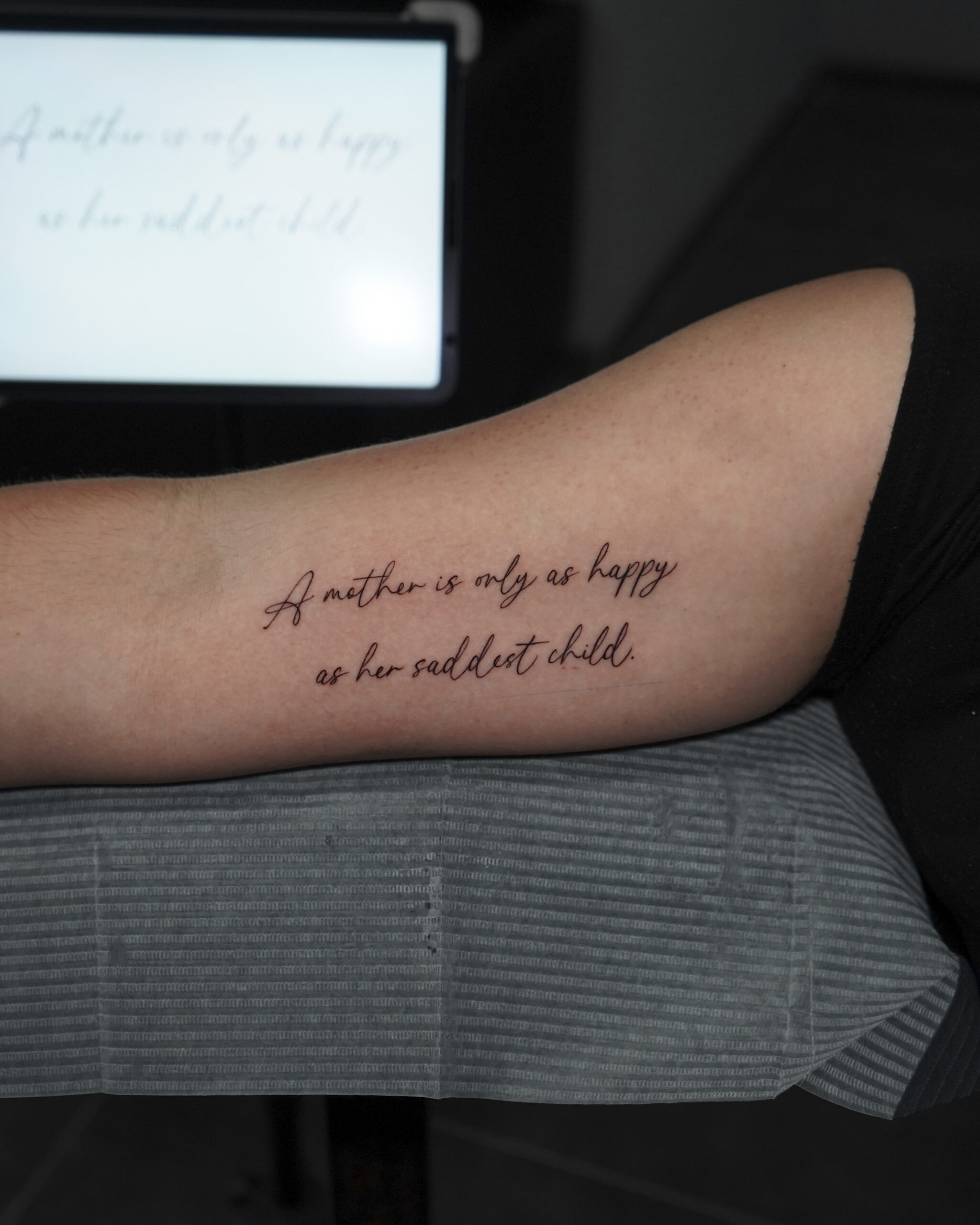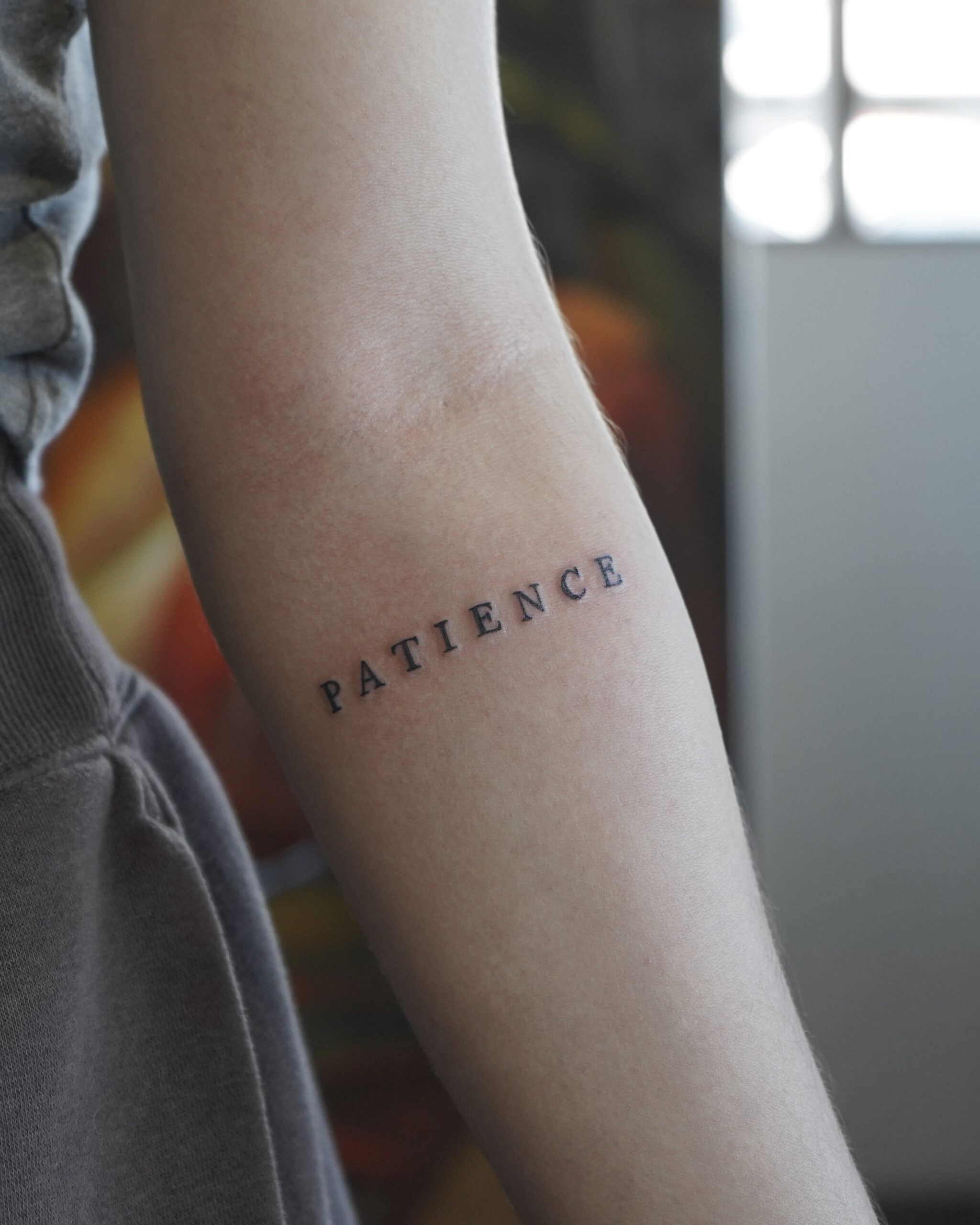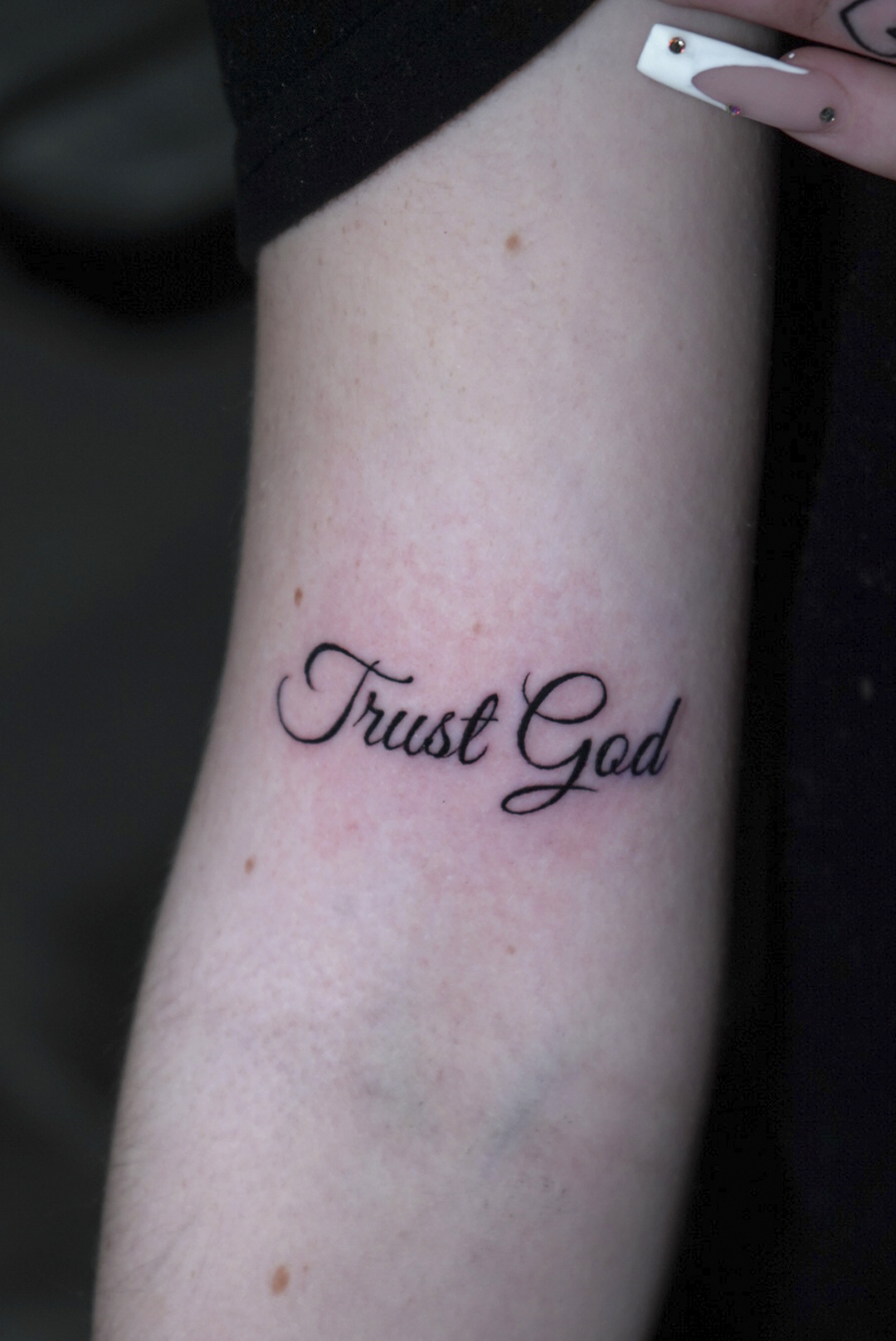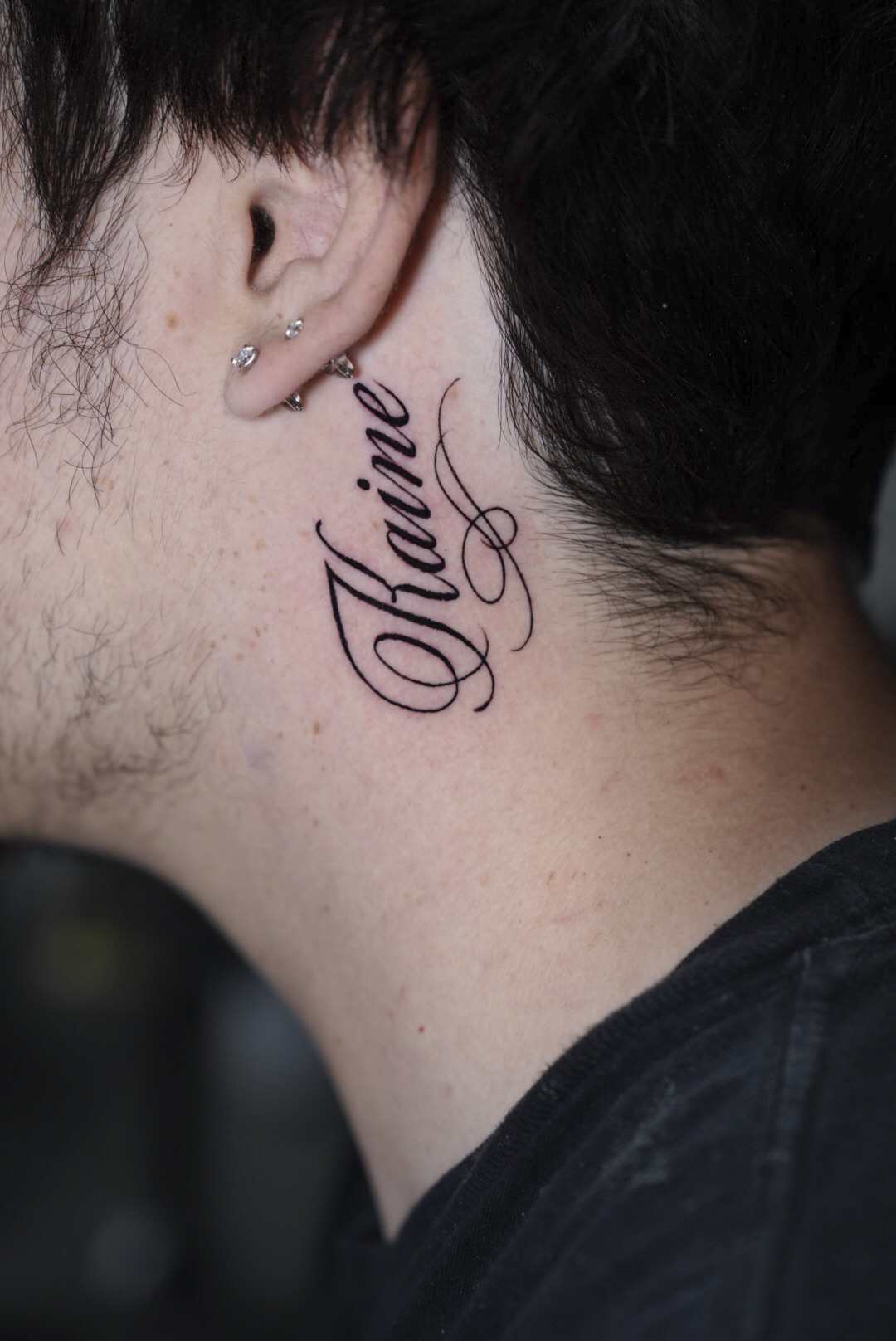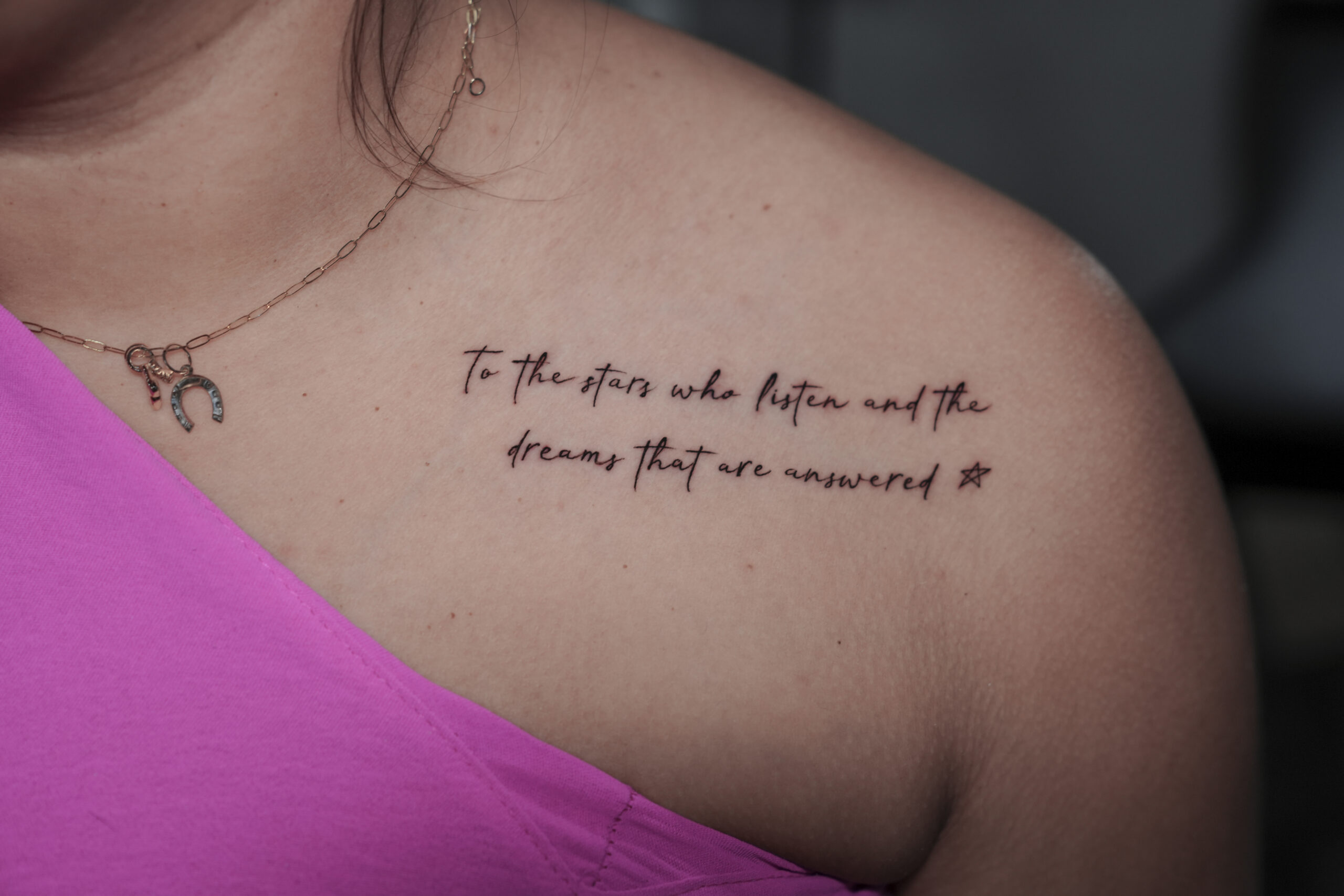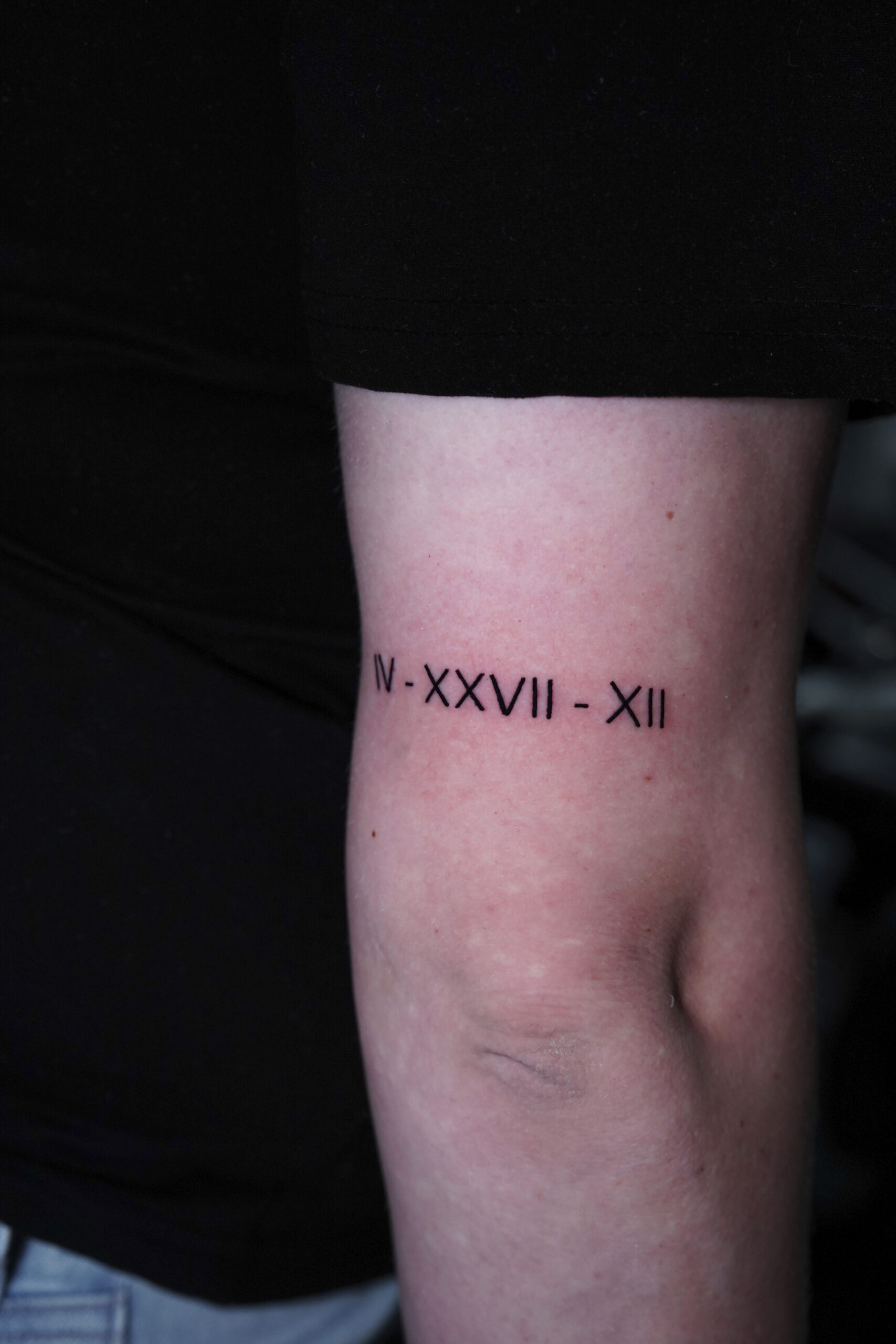Getting a new piercing marks the beginning of a healing journey that requires careful attention to avoid complications and ensure optimal recovery. While proper aftercare focuses on what you should do, understanding what to avoid is equally crucial for preventing setbacks, infections, and healing delays.
This comprehensive guide outlines eleven essential things to avoid after getting pierced. It provides the knowledge you need to protect your new modification and support the best possible healing outcome.
Avoid Clothing That Can Snag
The wrong clothing choices or bedding materials can cause trauma, introduce bacteria, or create ongoing irritation that significantly delays recovery, because fresh piercings create open wounds that remain vulnerable to catching, pulling, and friction damage for weeks or months. Unlike other wounds that can be covered with bandages, most piercings must remain exposed to air for proper healing, making fabric contact inevitable and potentially problematic.
Clothing Items to Avoid
- Tight-fitting clothes that press or rub against your piercing, causing irritation or pressure.
- Rough-textured fabrics such as heavy wool, coarse cotton, or synthetic materials with abrasive surfaces.
- Clothing with snag-prone features like lace, crochet, or loosely woven fabrics that can catch jewelry.
- High necklines that may apply pressure or friction on ear, facial, or neck piercings.
- Belts and waistbands worn over navel, hip, or waist piercings.
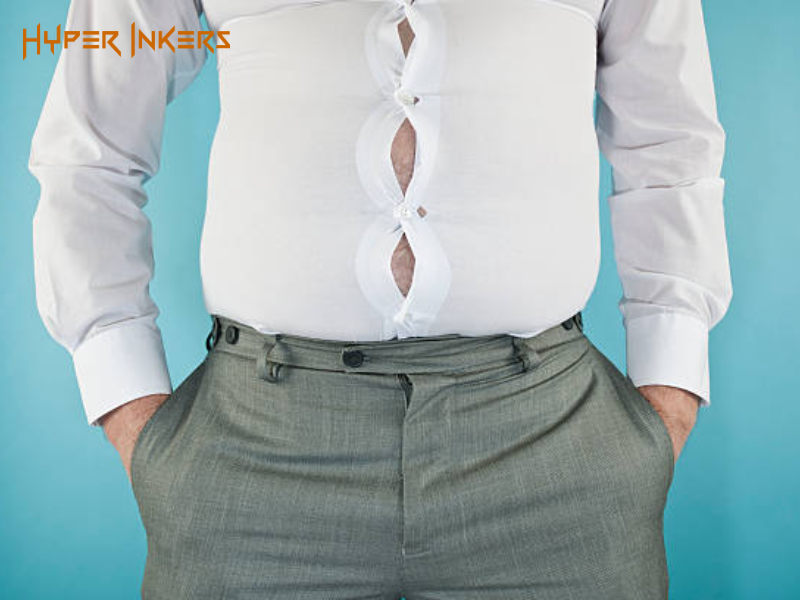
Avoid Certain Foods That Can Irritate Your Piercing
What you eat can impact how well and how quickly your piercing heals, especially for oral piercings where food comes into direct contact with sensitive, healing tissue. But even piercings in less exposed areas benefit from a balanced diet that supports immune health and reduces inflammation.
Foods That Can Delay Healing
- Spicy Foods: Ingredients like capsaicin in hot spices can cause burning sensations and elevate inflammation around your piercing, increasing discomfort and irritation.
- Acidic Foods: Citrus fruits, tomatoes, vinegar, and acidic beverages often cause stinging pain and can disrupt the delicate pH balance needed for optimal tissue repair.
- Hard, Crunchy Foods: Foods requiring vigorous chewing can traumatize oral piercings or cause excessive jaw movement that irritates facial or lip piercings.
- Sticky Foods: : Thick nut butters, caramel, and sticky candies tend to cling to jewelry, trapping bacteria and increasing infection risk.
- Excessively Salty Foods: High sodium can draw moisture from healing tissue and exacerbate inflammation, delaying recovery.
Avoid Alcohol, Caffeine, Nicotine and Recreational Drugs
Substance use during piercing healing can significantly compromise your body’s ability to repair tissue, fight infection, and maintain optimal healing conditions. Alcohol suppresses immunity, thins blood, causes dehydration, irritates oral piercings, and disrupts sleep. Nicotine constricts blood vessels, delays healing, and raises infection risk, especially in oral piercings. Moderate caffeine is usually safe, but excessive intake can increase anxiety, disrupt sleep, and cause dehydration. Finally, recreational drugs, including cannabis, introduce harmful chemicals and impair immune response and care, potentially compromising healing.
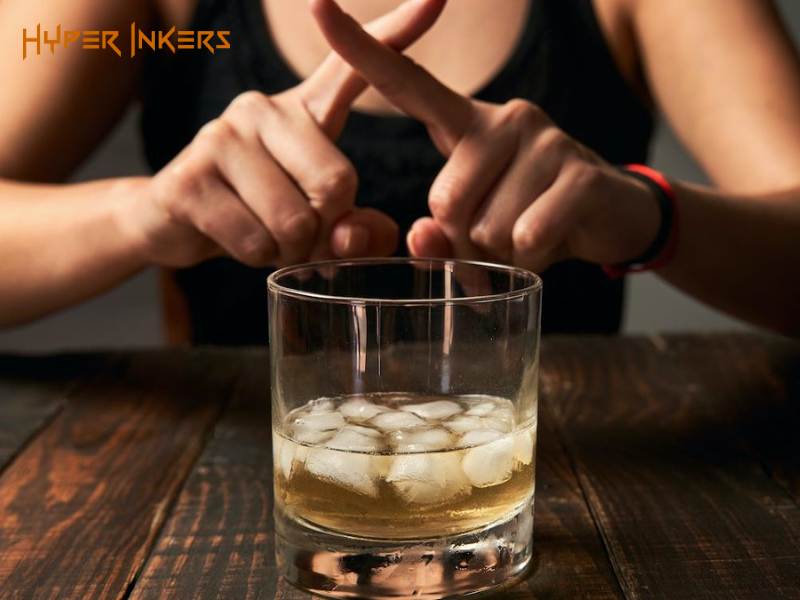
Avoid Rough Contact and Physical Trauma
Physical trauma is one of the quickest ways to disrupt the healing process, cause complications, or even permanently damage your new piercing. Protecting your piercing from bumps, pulls, or pressure is essential for a smooth recovery.
Common Sources of Trauma
- Sports and Exercise: Contact sports, weightlifting, or activities involving equipment can unintentionally hit or snag your piercing, causing pain and irritation.
- Rough Play: Interactions with children, pets, or partners may lead to accidental bumps or pulls on your jewelry.
- Hair Styling: Brushing, combing, or tying up hair around ear and facial piercings can catch on the jewelry and cause damage.
- Clothing Changes: Pulling shirts or sweaters over your head risks catching earrings or facial piercings on fabric.
- Sleep Movements: Rolling onto a fresh piercing during sleep can apply pressure or cause trauma to the healing site.
Avoid Oral Contact With Others’ Bodily Fluids
When you get an oral piercing, it’s important to avoid contact with other people’s saliva and bodily fluids during the healing process. Your piercing is essentially an open wound, and exposure to bacteria and viruses in saliva can easily cause infections, delaying healing and causing complications. Therefore, to protect your piercing, avoid all forms of kissing and oral intimacy for at least the first two to four weeks. Also, refrain from sharing drinks, utensils, toothbrushes, or food that has been in someone else’s mouth. These precautions help reduce the risk of infection and ensure your piercing heals properly.
Avoid Over-Cleaning Your Piercing
Keeping your new piercing clean is essential, but over-cleaning can actually do more harm than good. Excessive cleaning disrupts the delicate healing process by irritating sensitive tissue and removing your body’s natural protective barriers. Signs that you may be over-cleaning include persistent redness, increased sensitivity or pain, dryness or flaking skin around the piercing, and healing that seems to stall or regress, rather than improve. If you notice these symptoms, it’s a sign to scale back your cleaning routine.
Avoid Baths, Opt for Showers Instead
Bathwater contains microorganisms that can easily enter the open wound created by your piercing, increasing the risk of infection. Prolonged soaking also softens healing tissue, making it more fragile and prone to damage. Additionally, soaps, bath oils, and cleaning agents left in the water can cause irritation or allergic reactions around the piercing site.
In contrast, showers provide a cleaner, flowing water environment that helps rinse away dirt and bacteria. To protect your piercing in the shower, limit exposure to water spray and avoid directing hot water directly at the site. Also, you can use warm water and gentle, fragrance-free soaps while keeping shampoos and conditioners away from your piercing.
Successfully healing a new piercing requires careful attention to the avoidance of activities and substances that can hinder your body’s natural healing process. While these precautions may seem extensive, they are temporary and crucial during the sensitive healing period when your piercing is most vulnerable. By understanding what to avoid and why these restrictions matter, you can make informed decisions that support optimal healing and protect your new modification.
